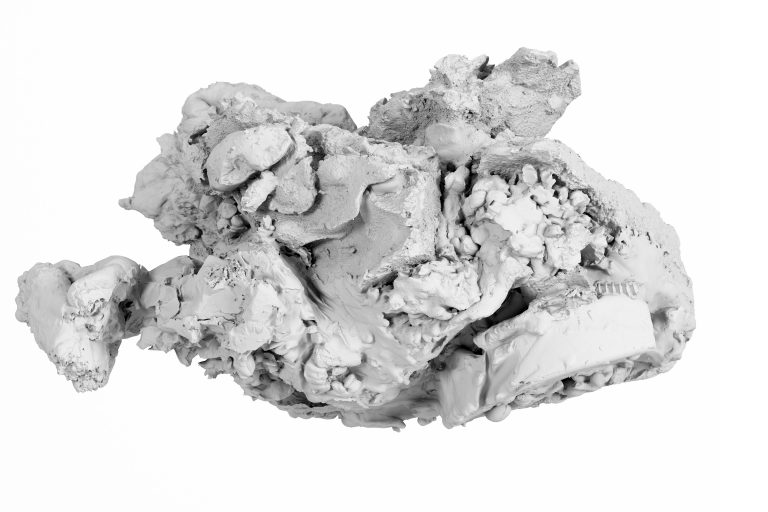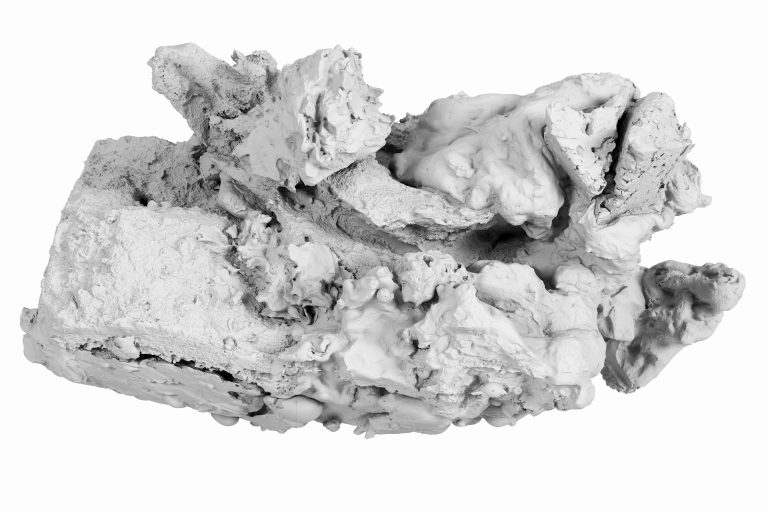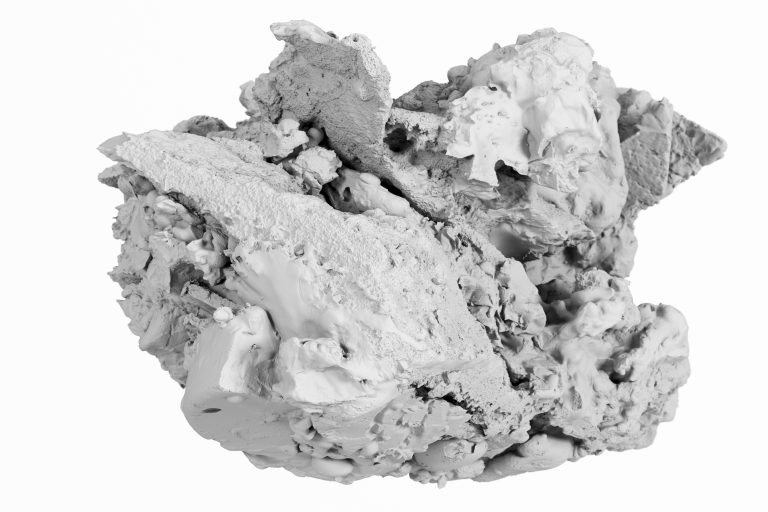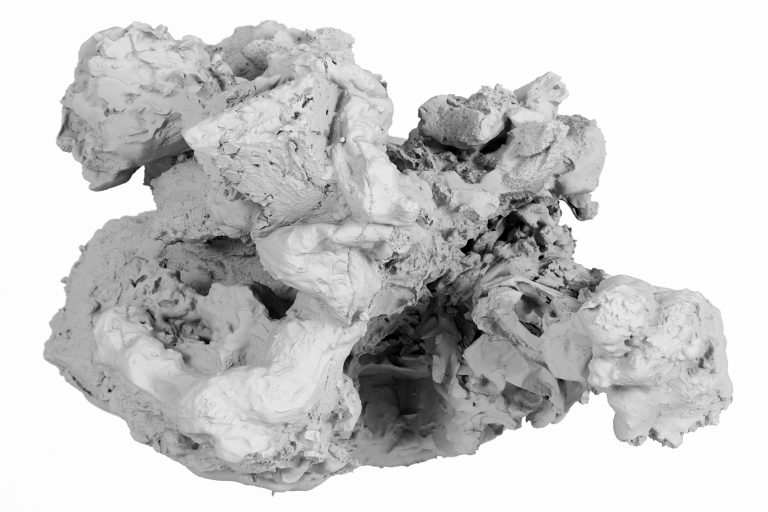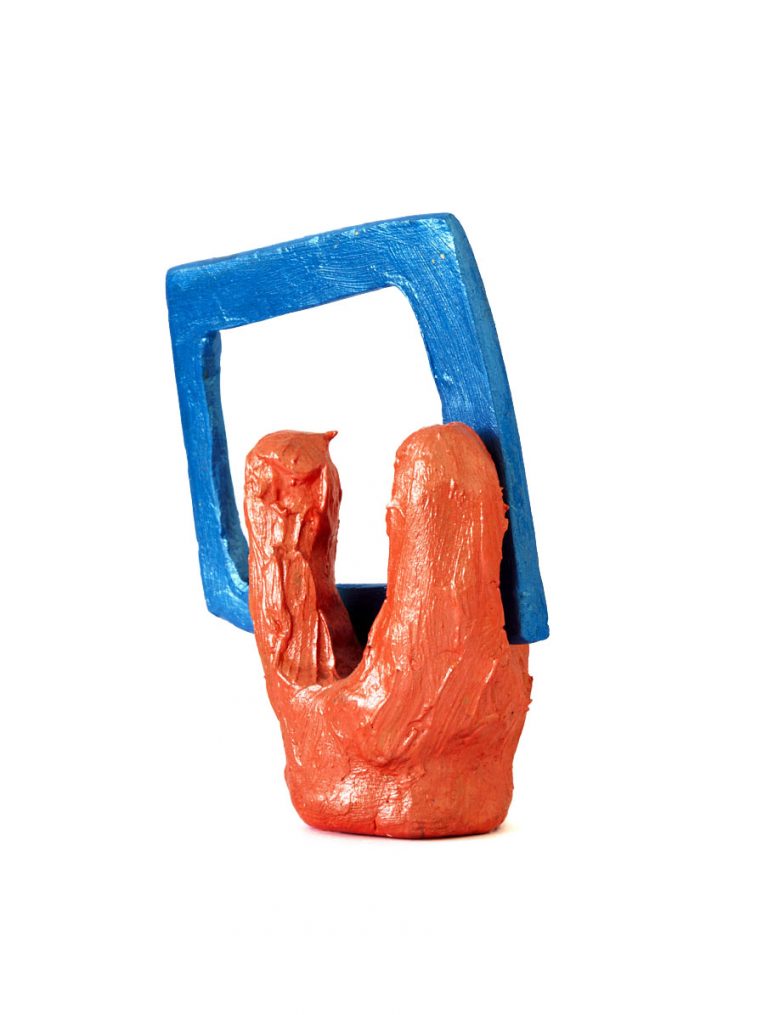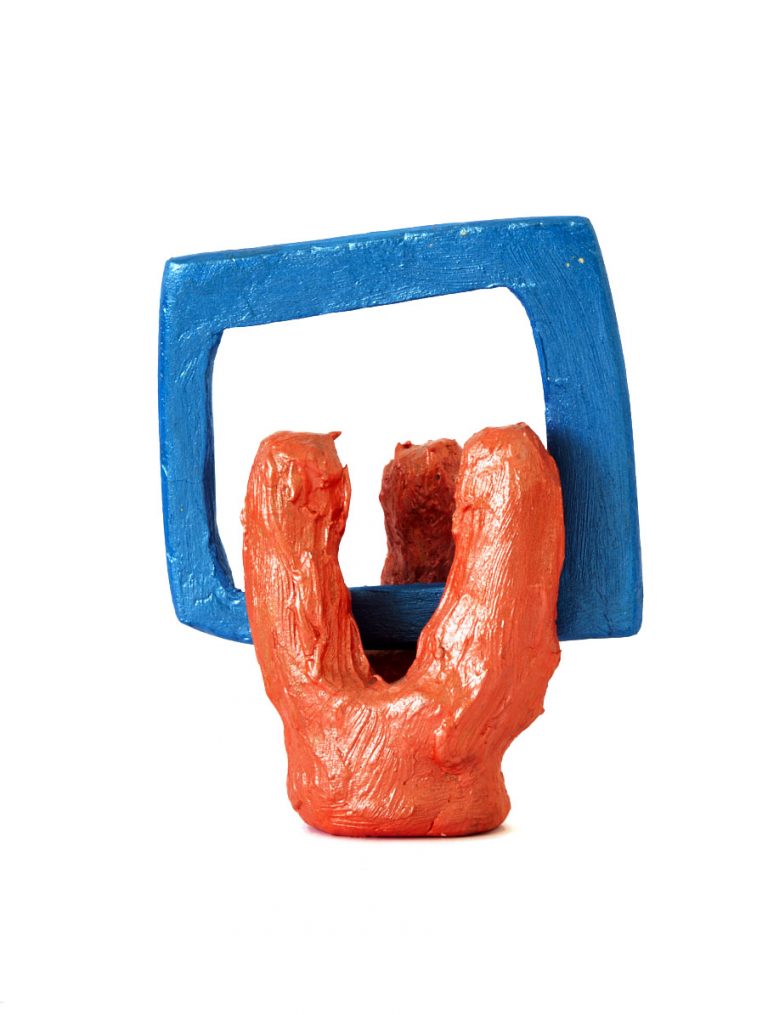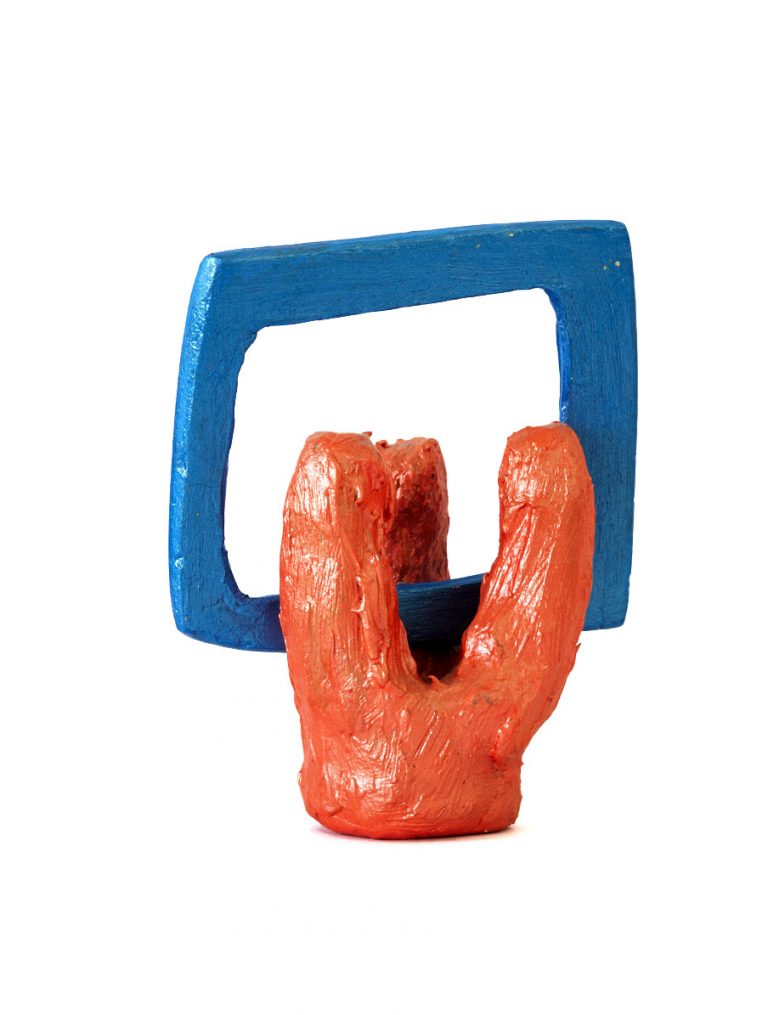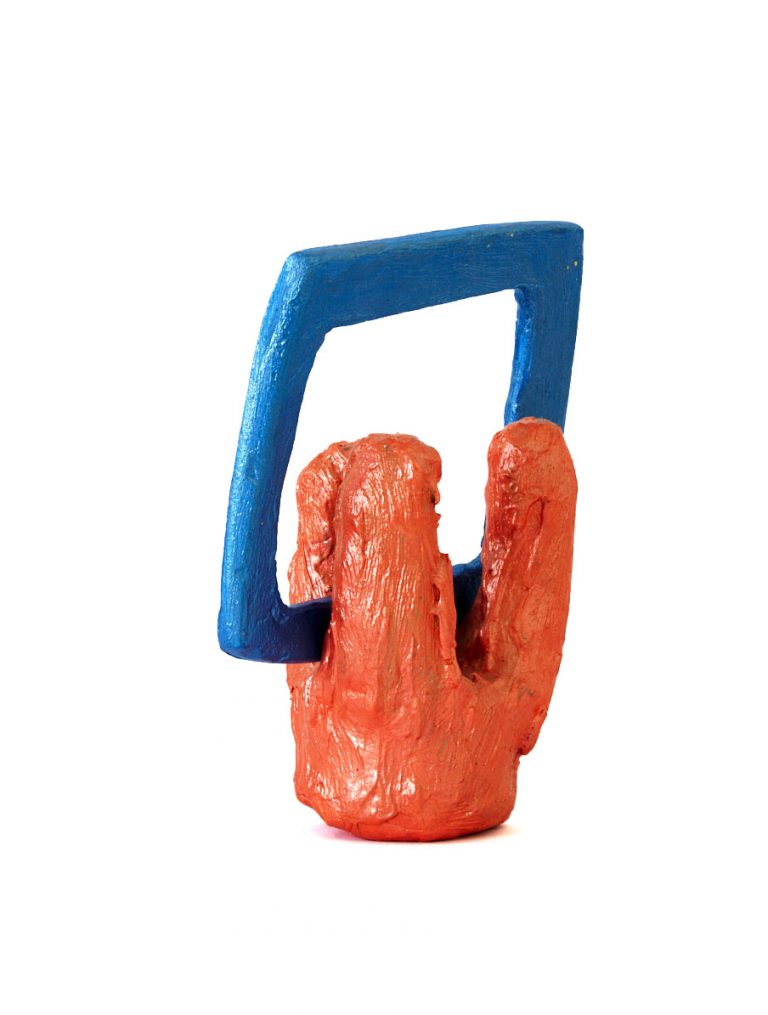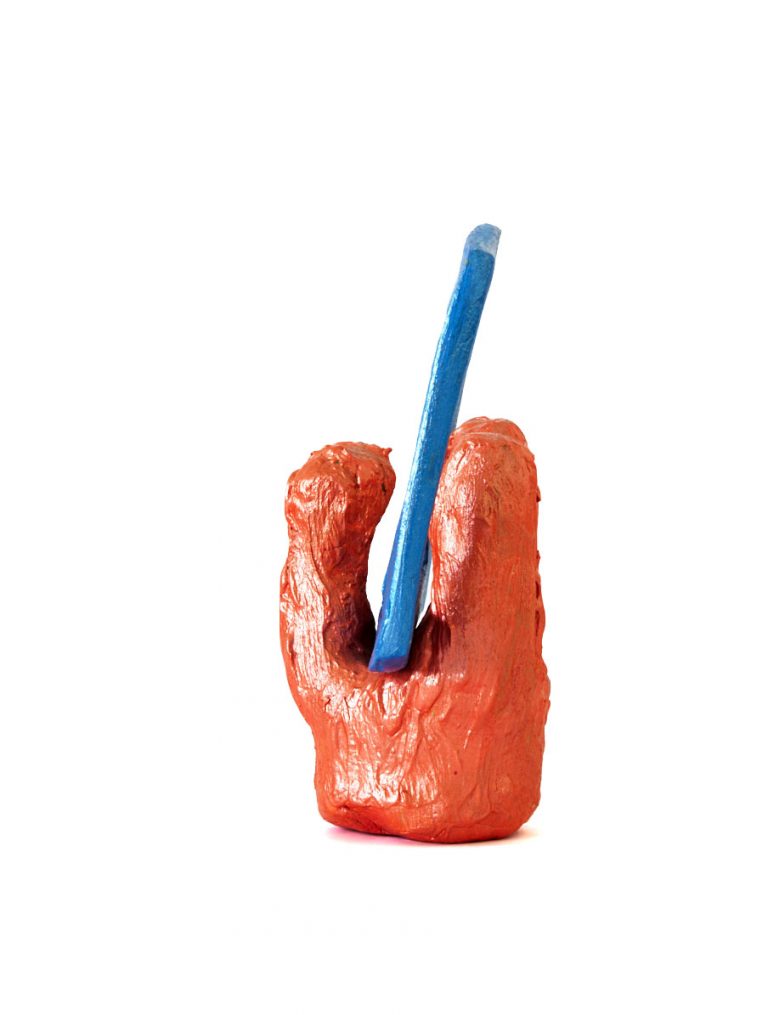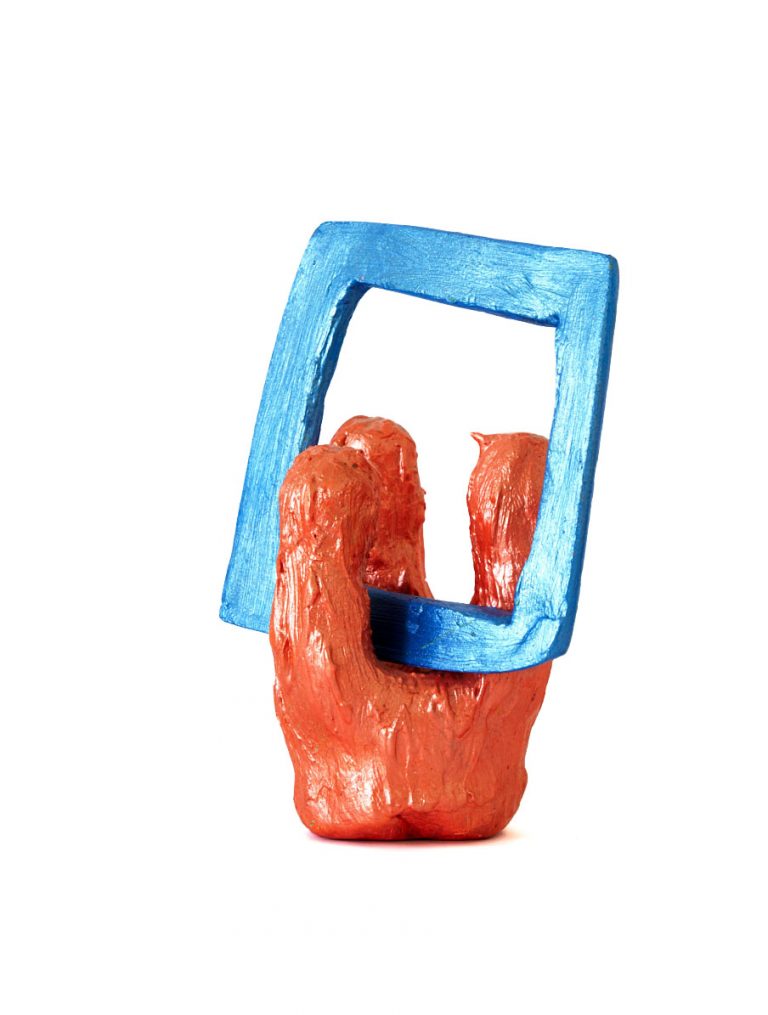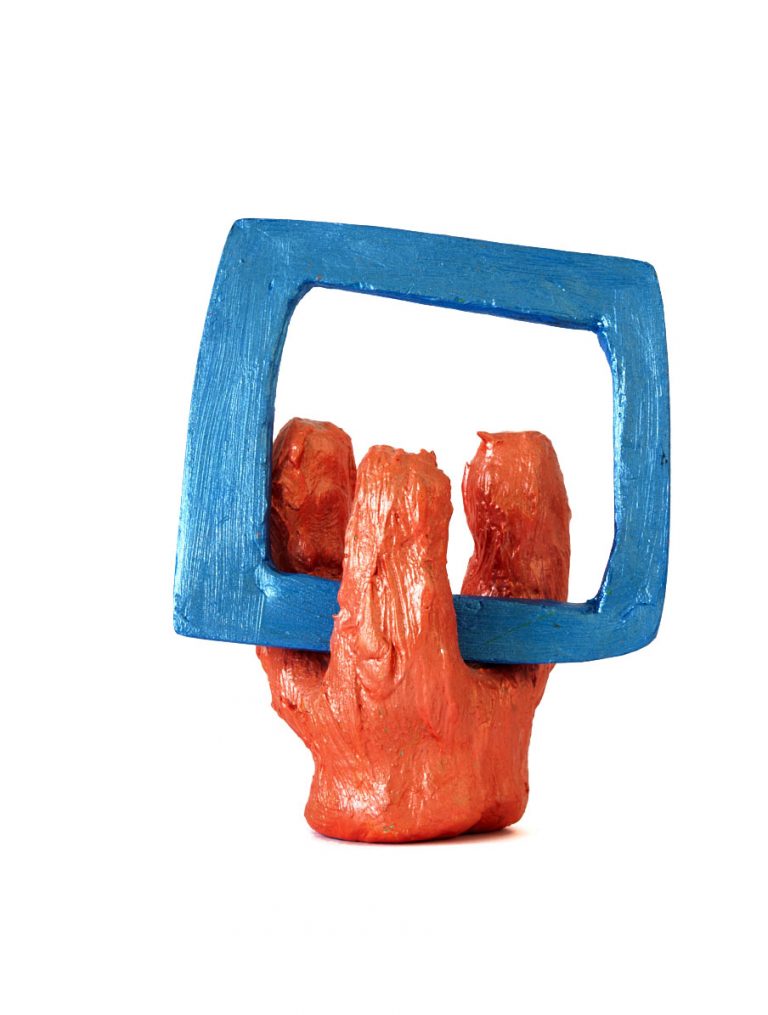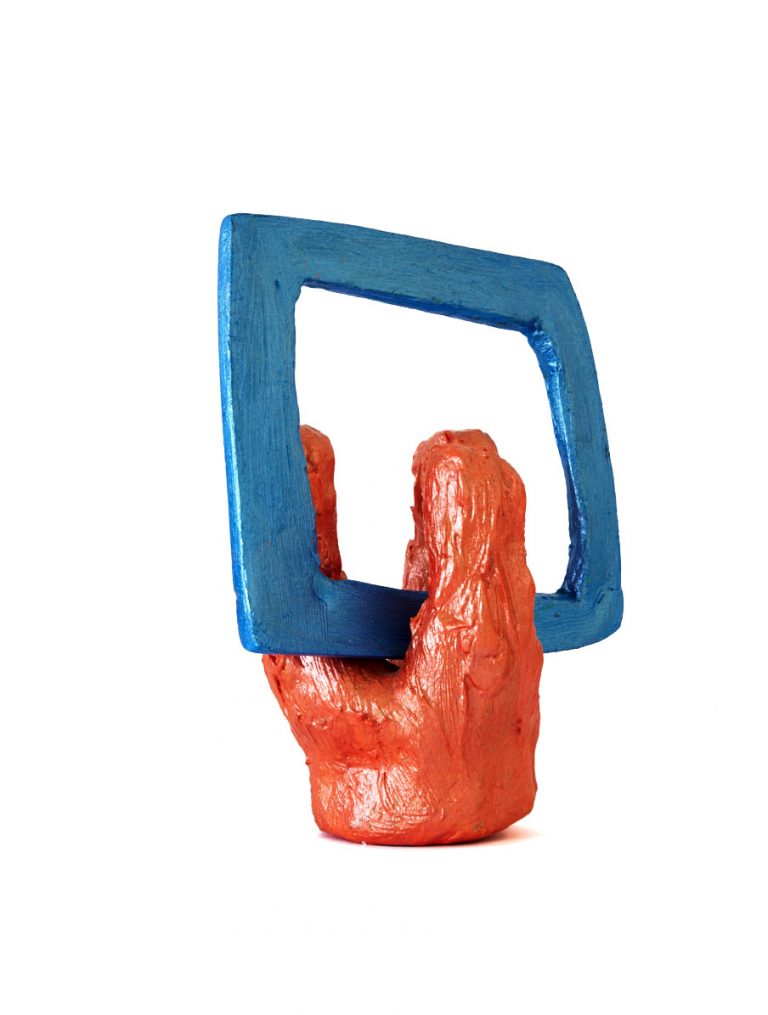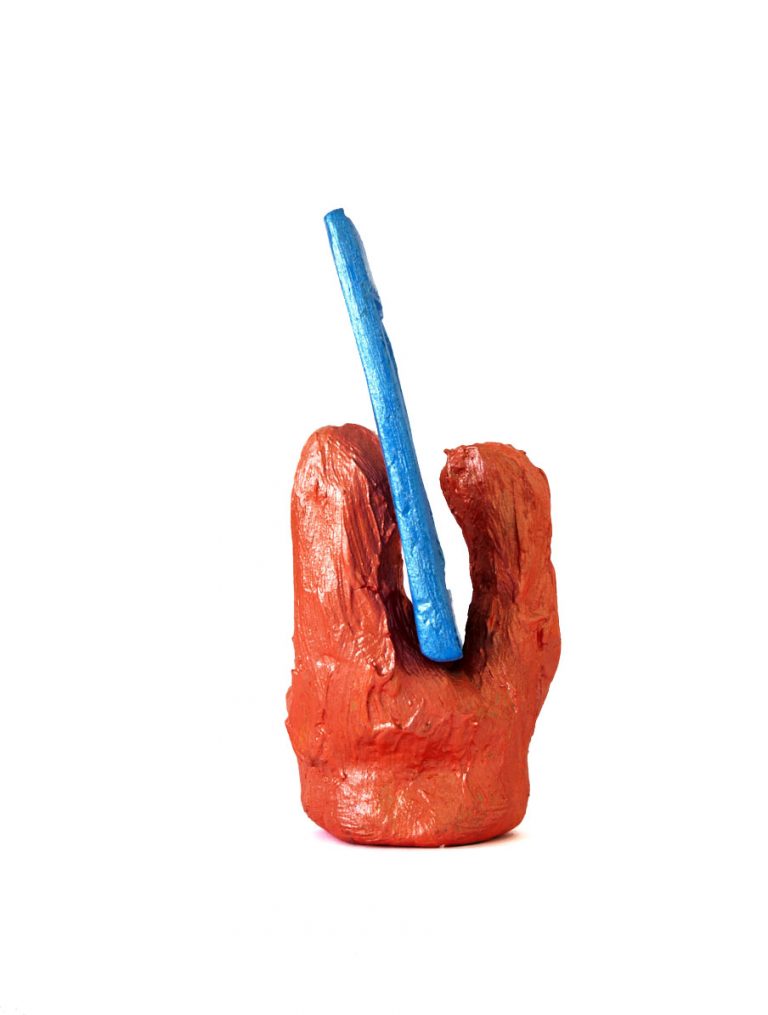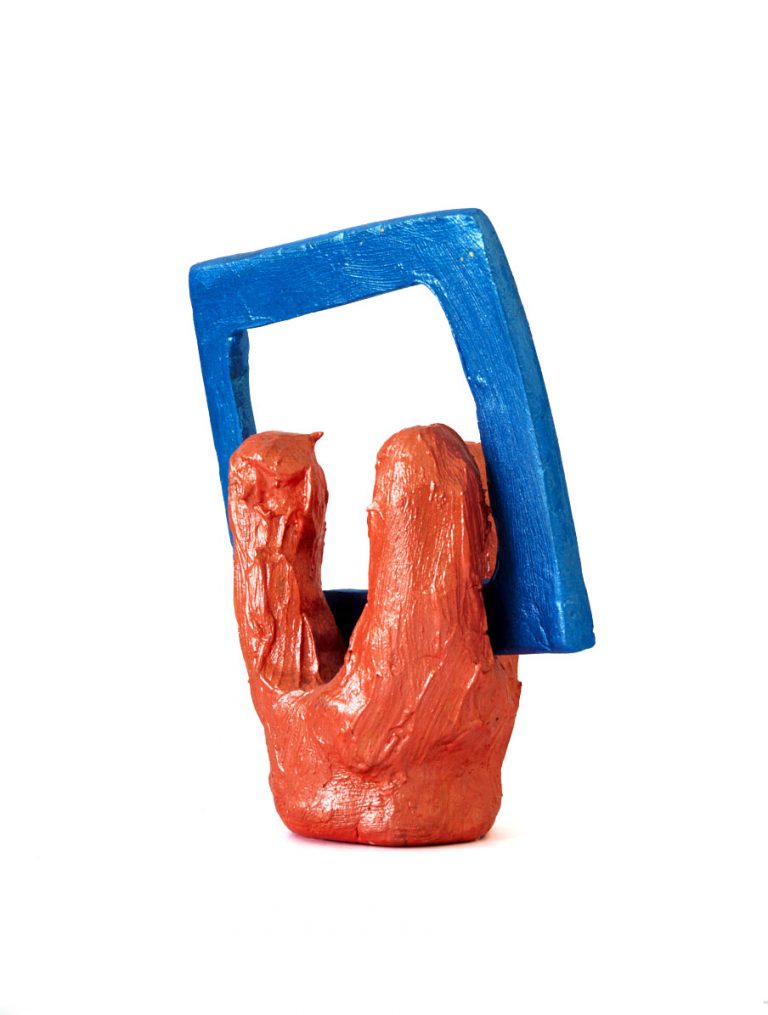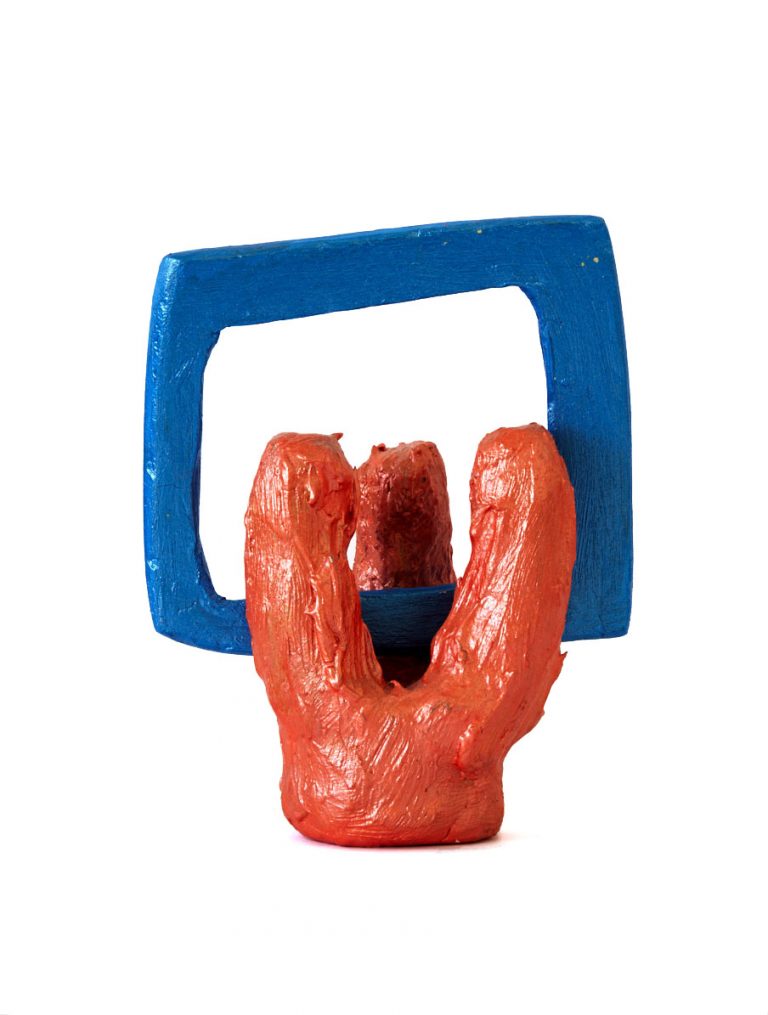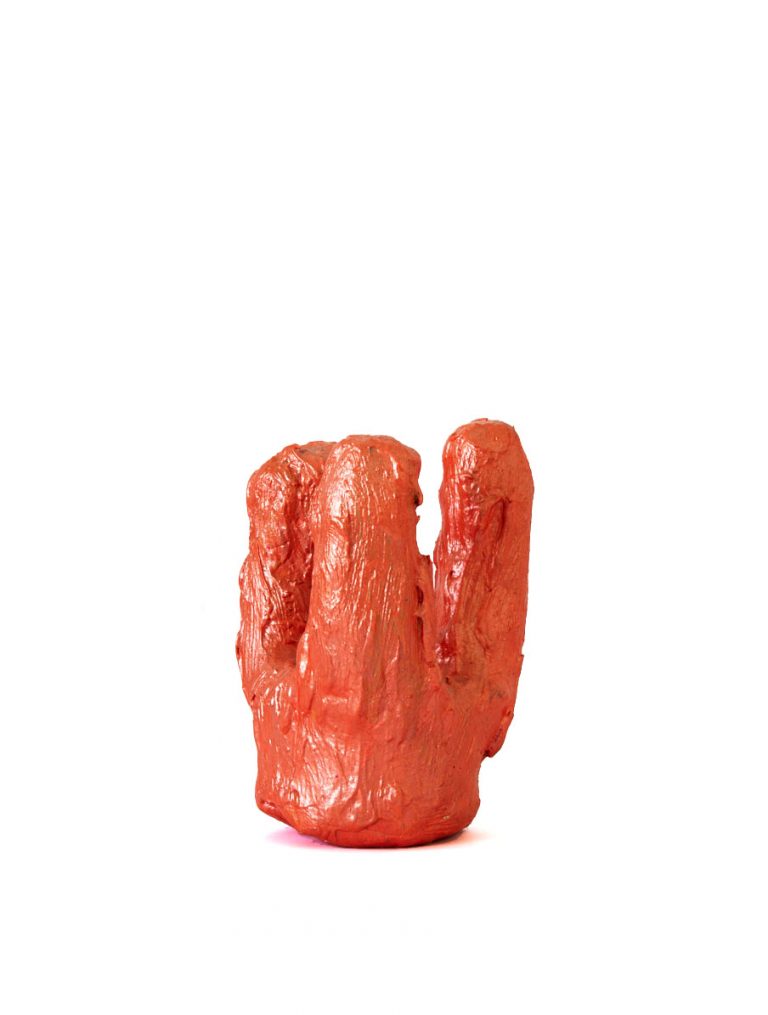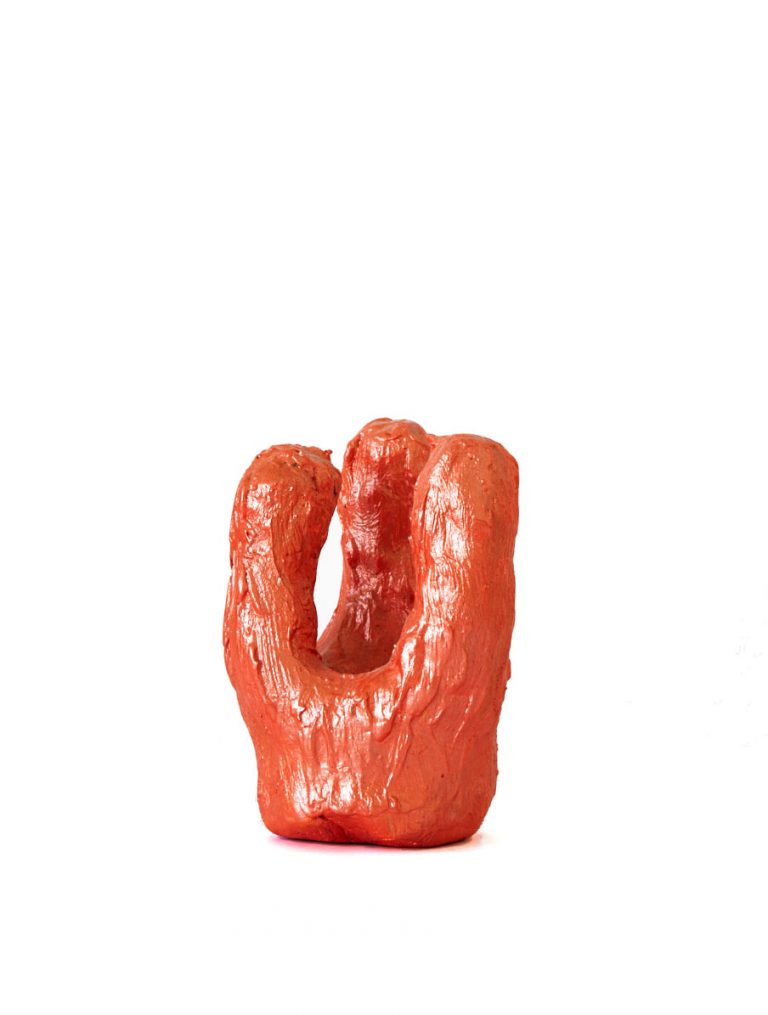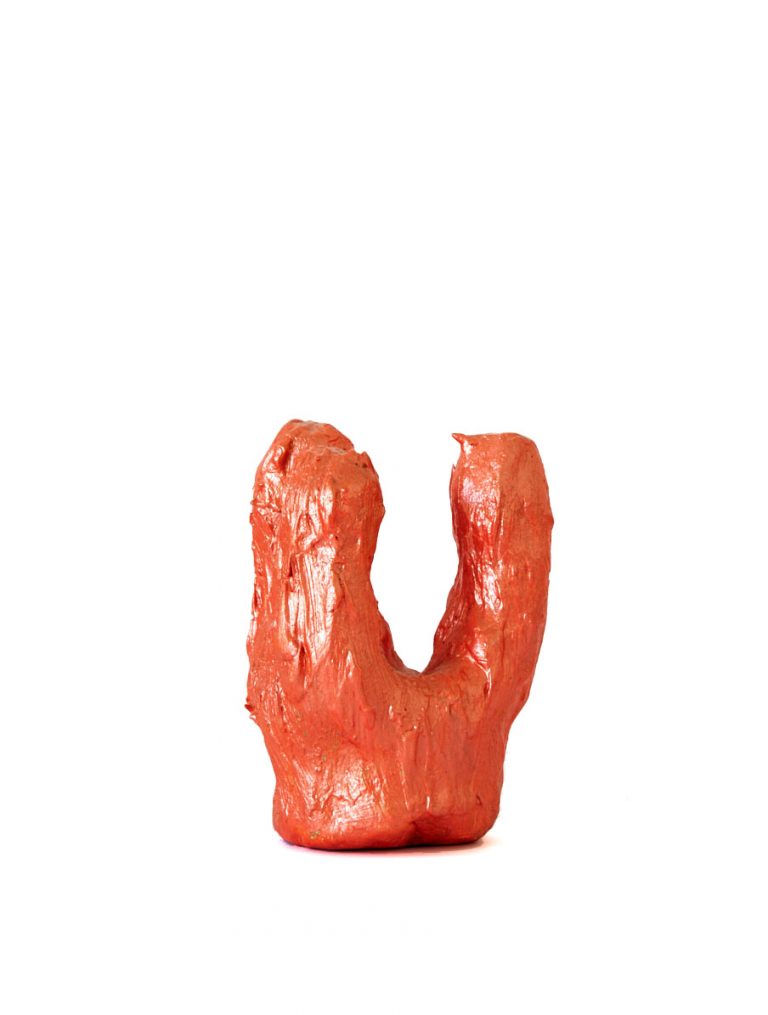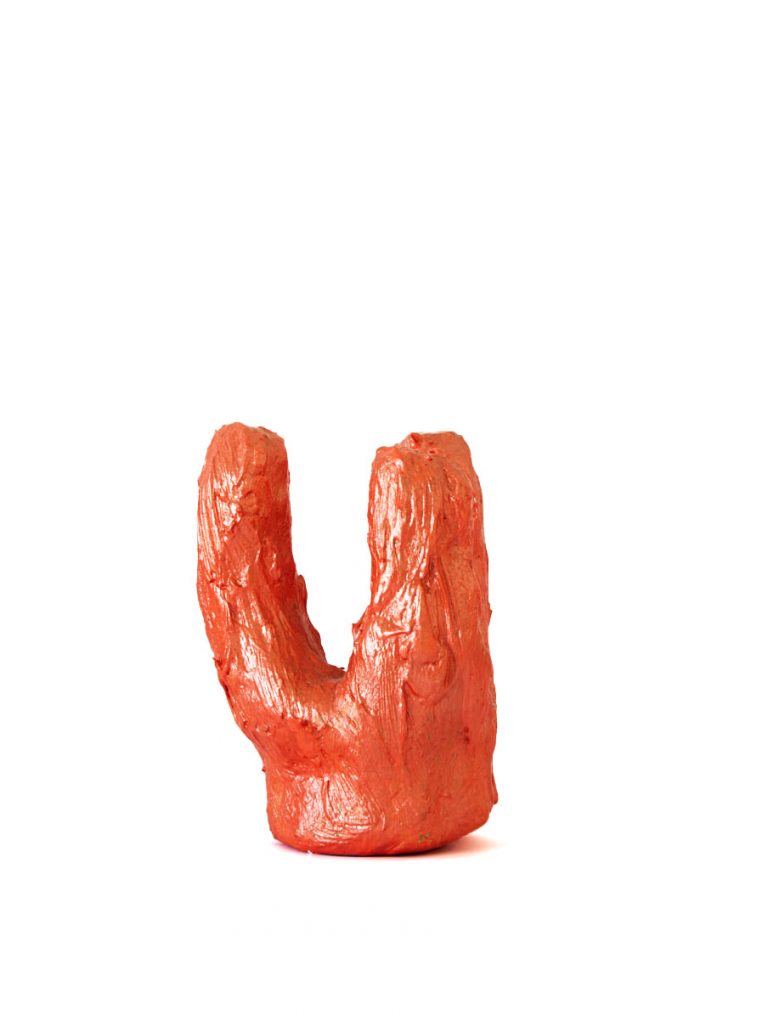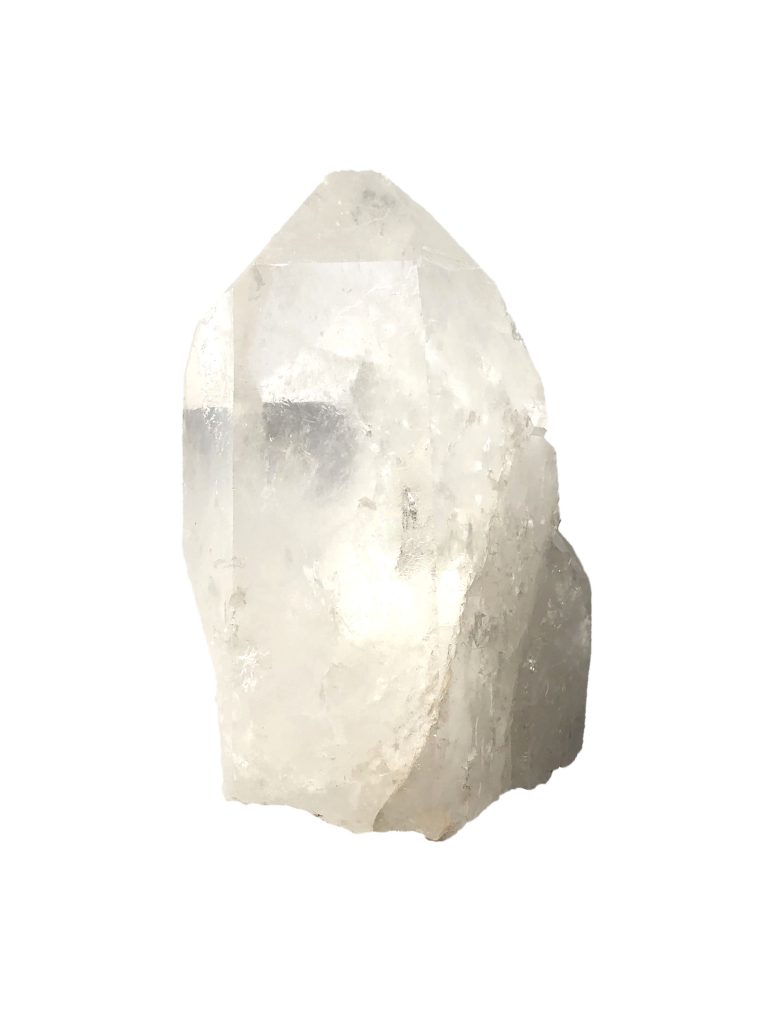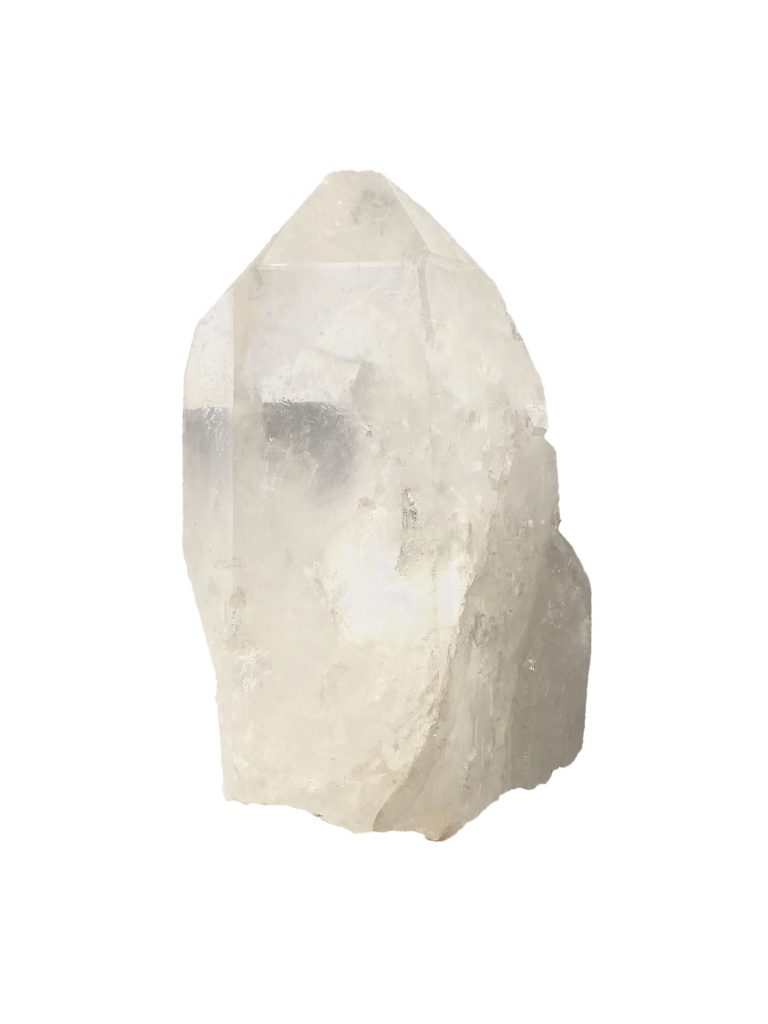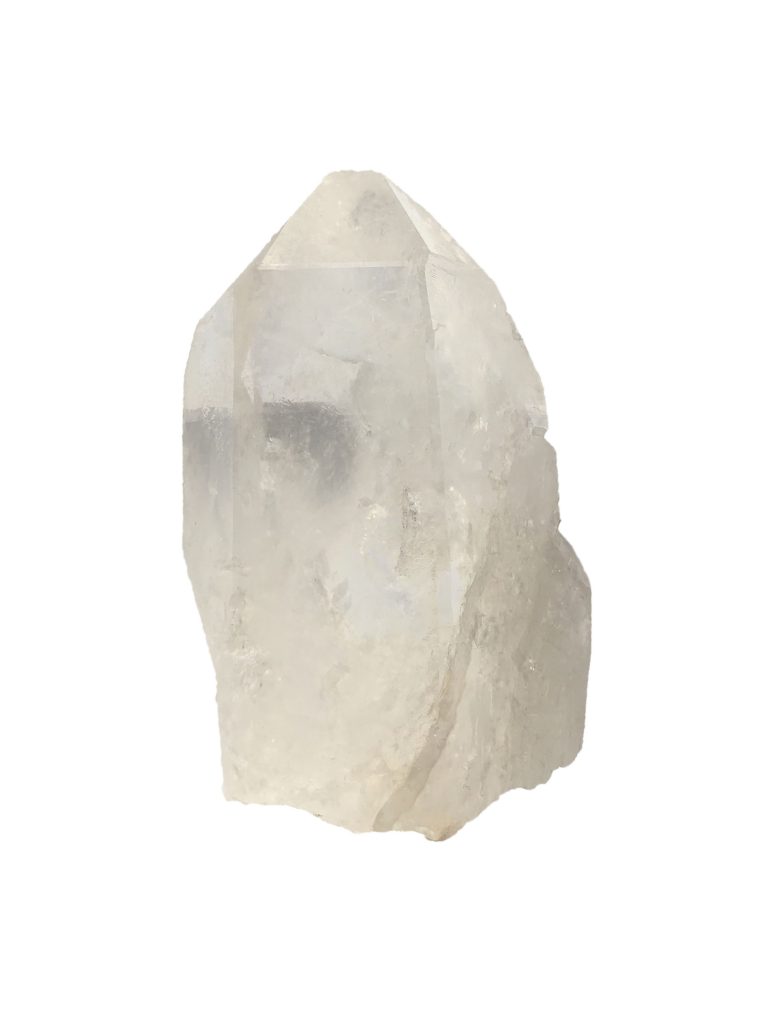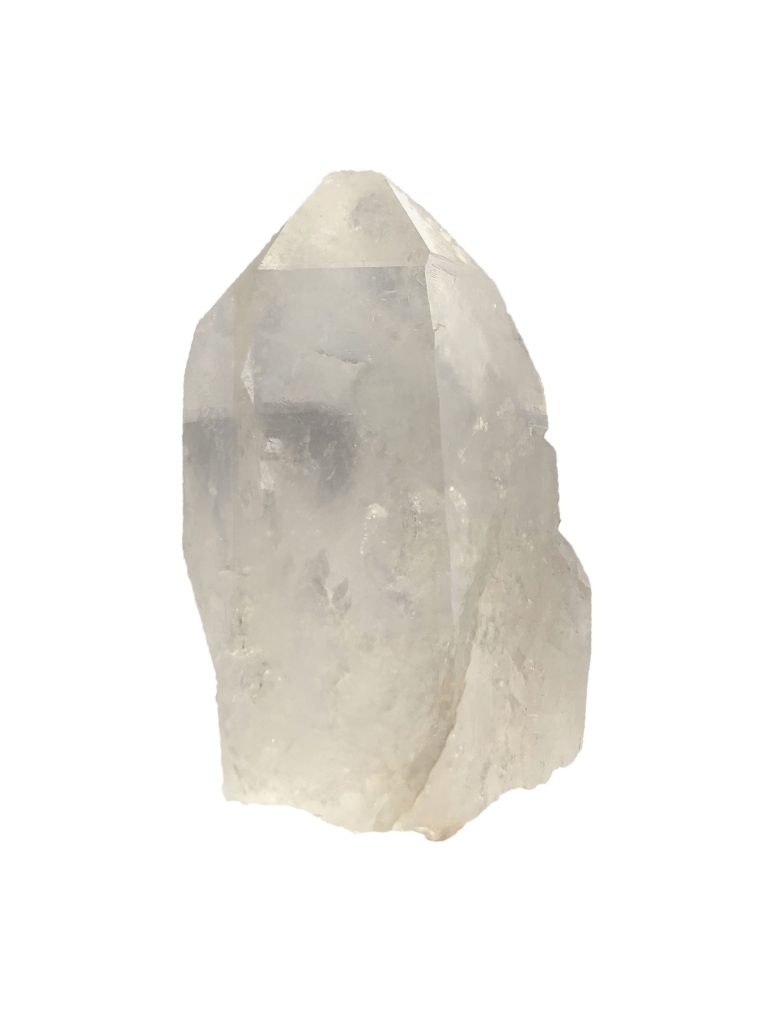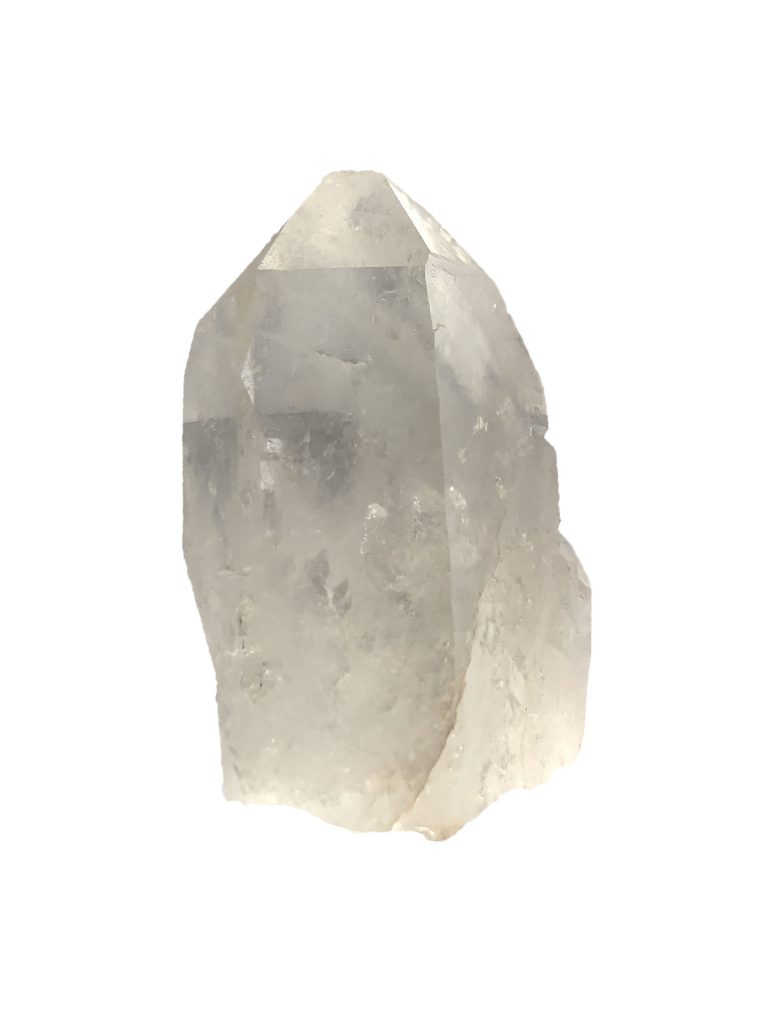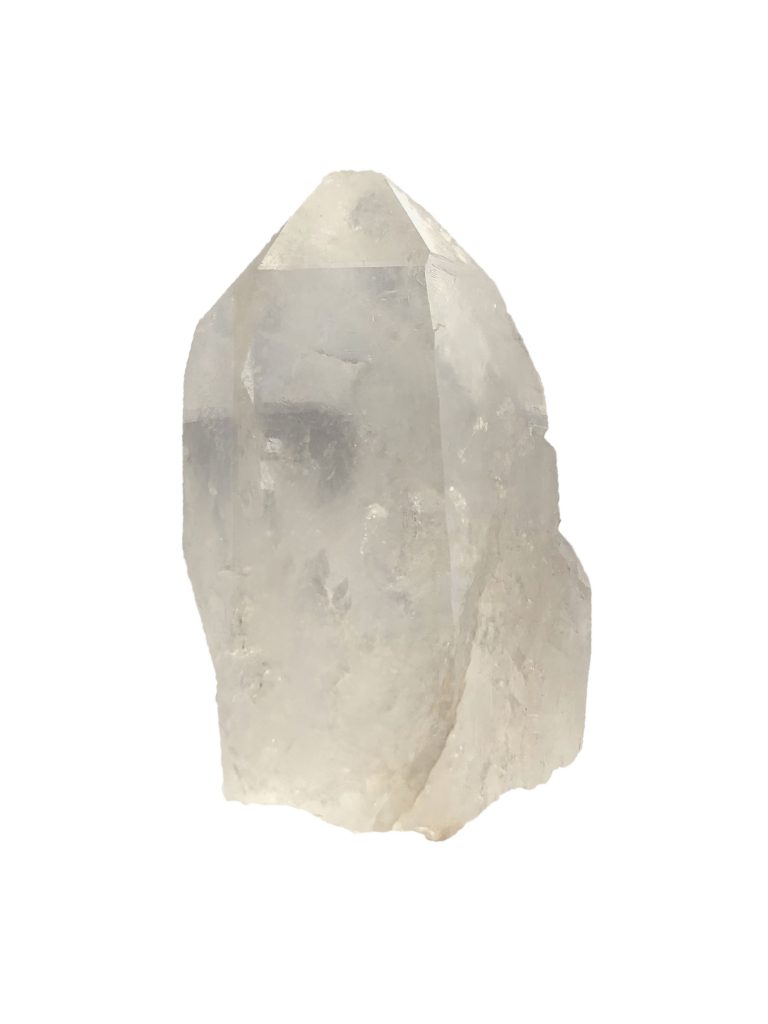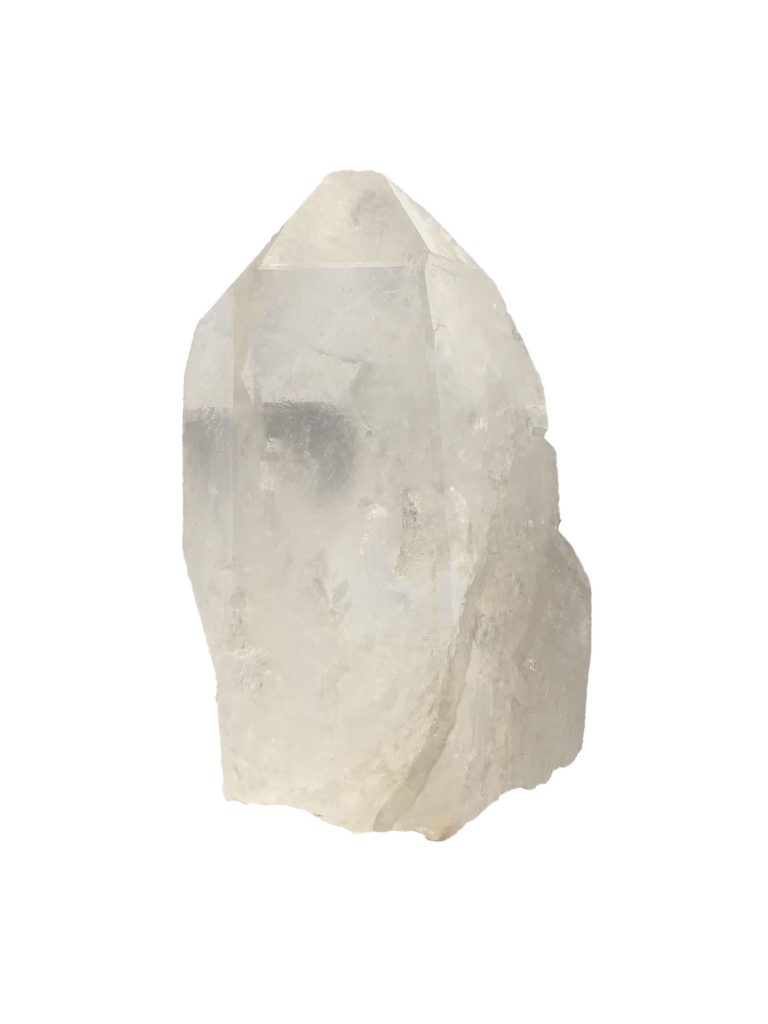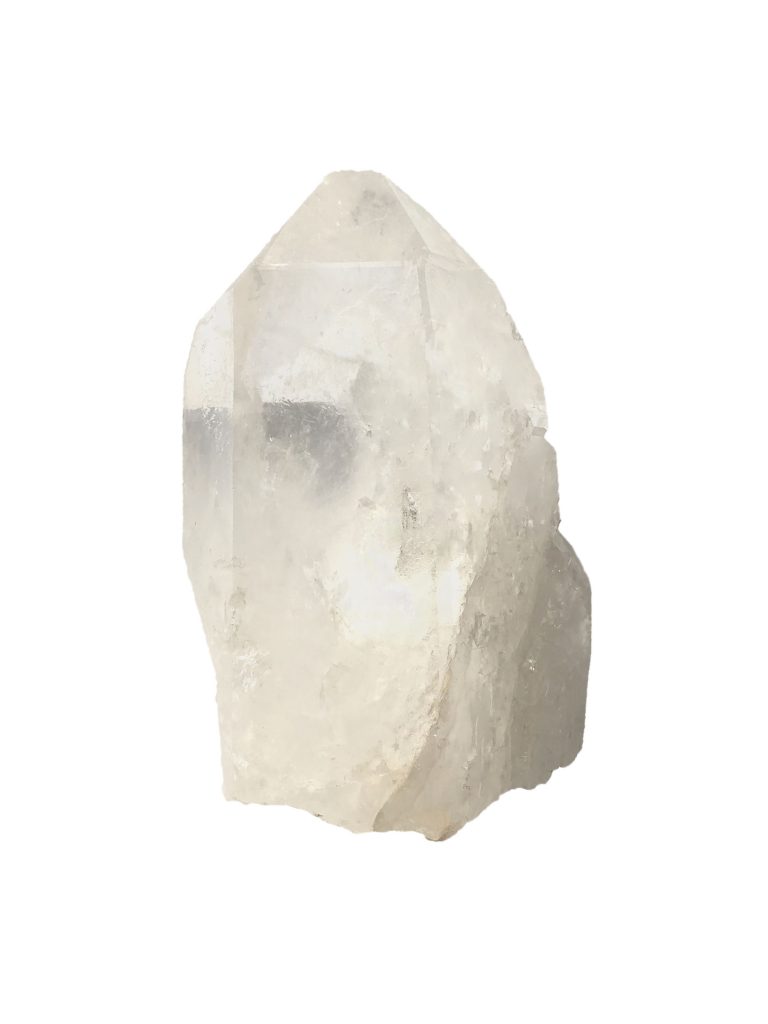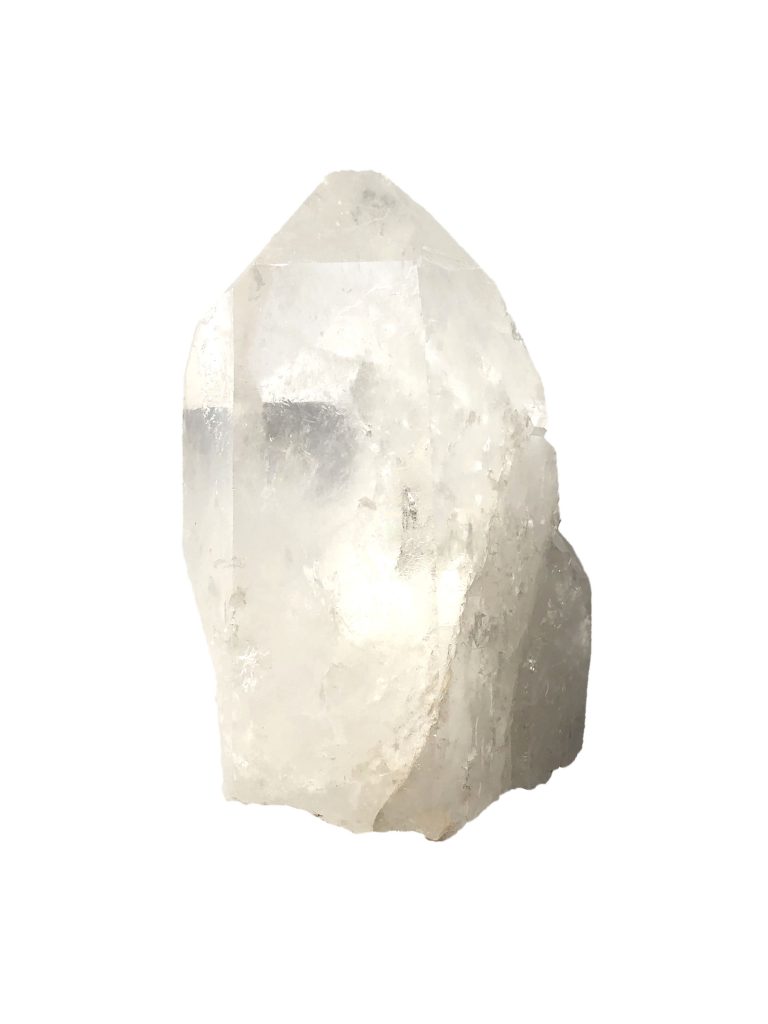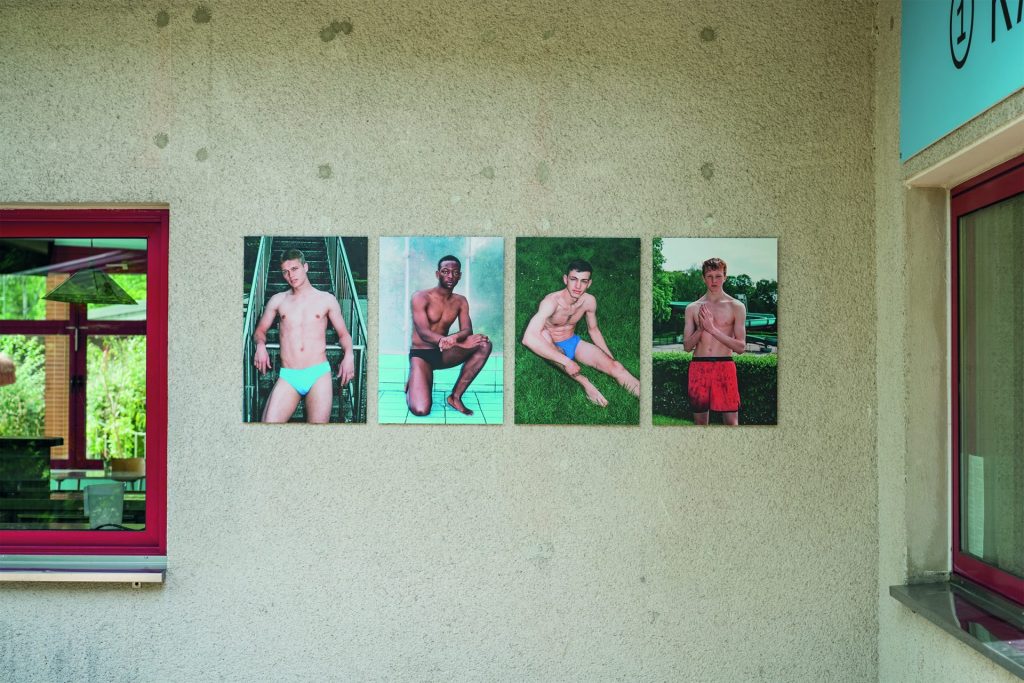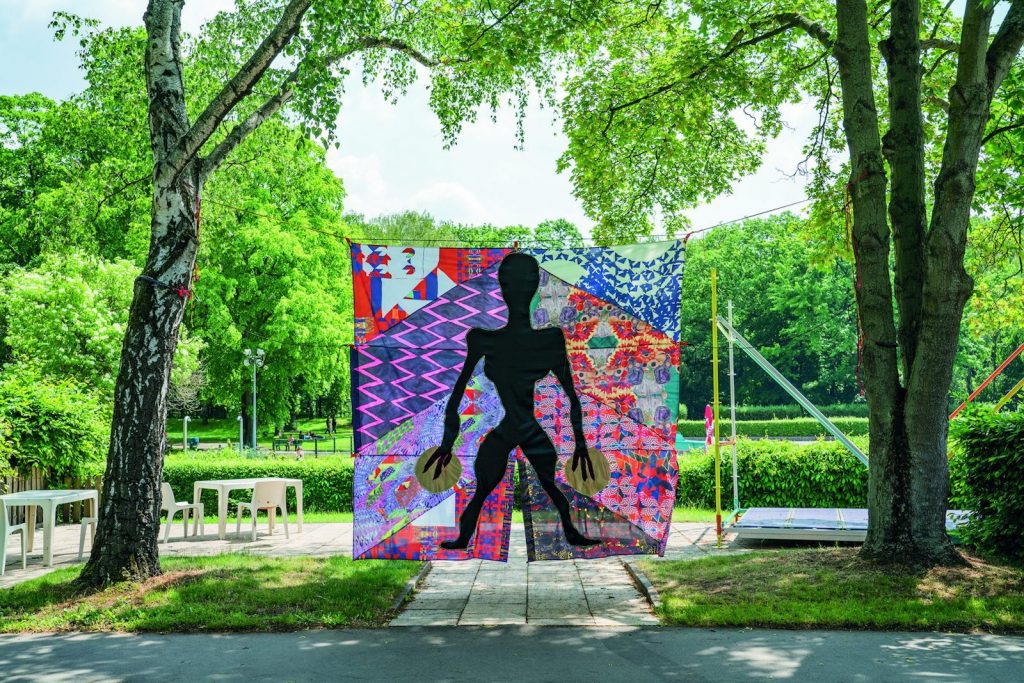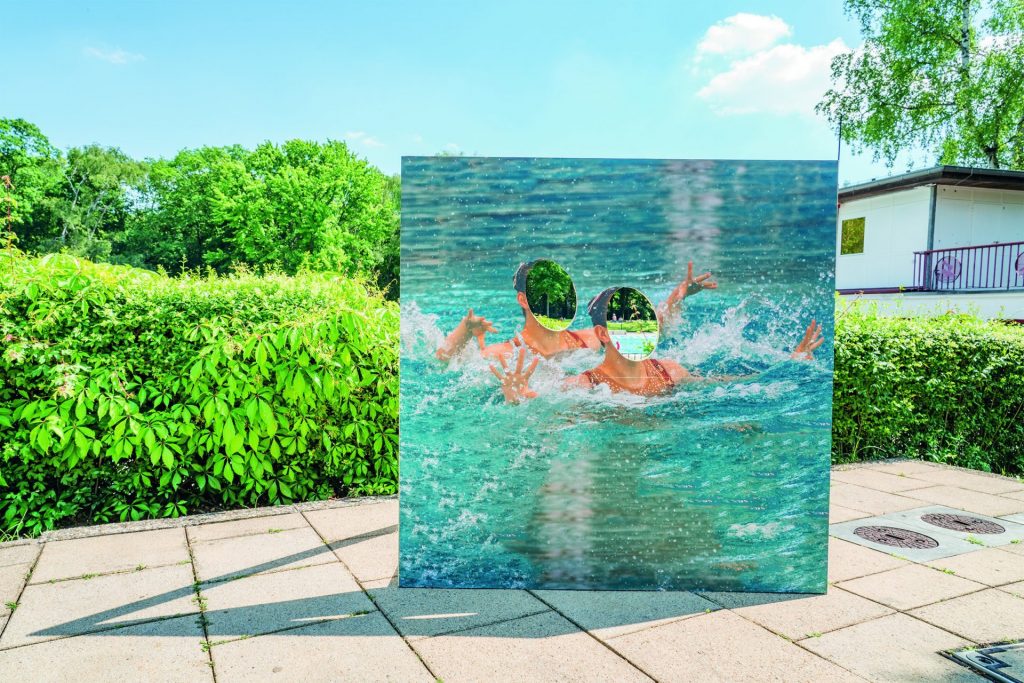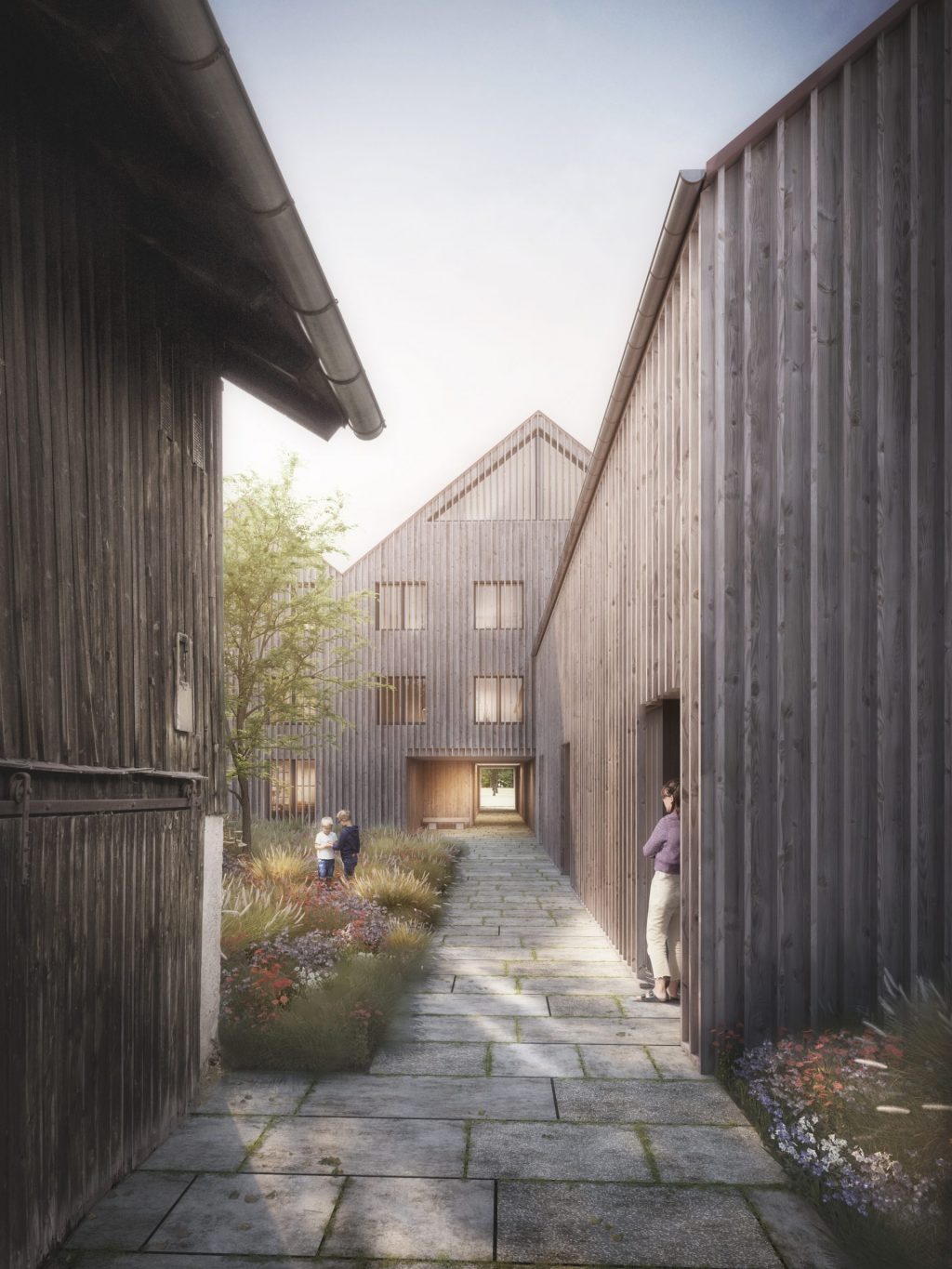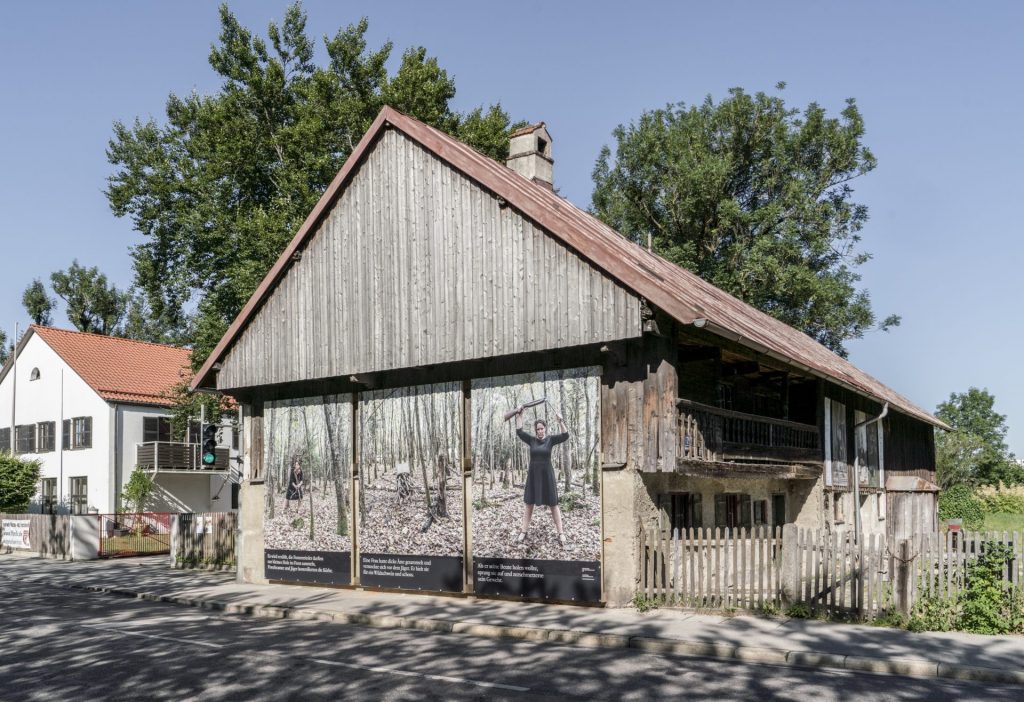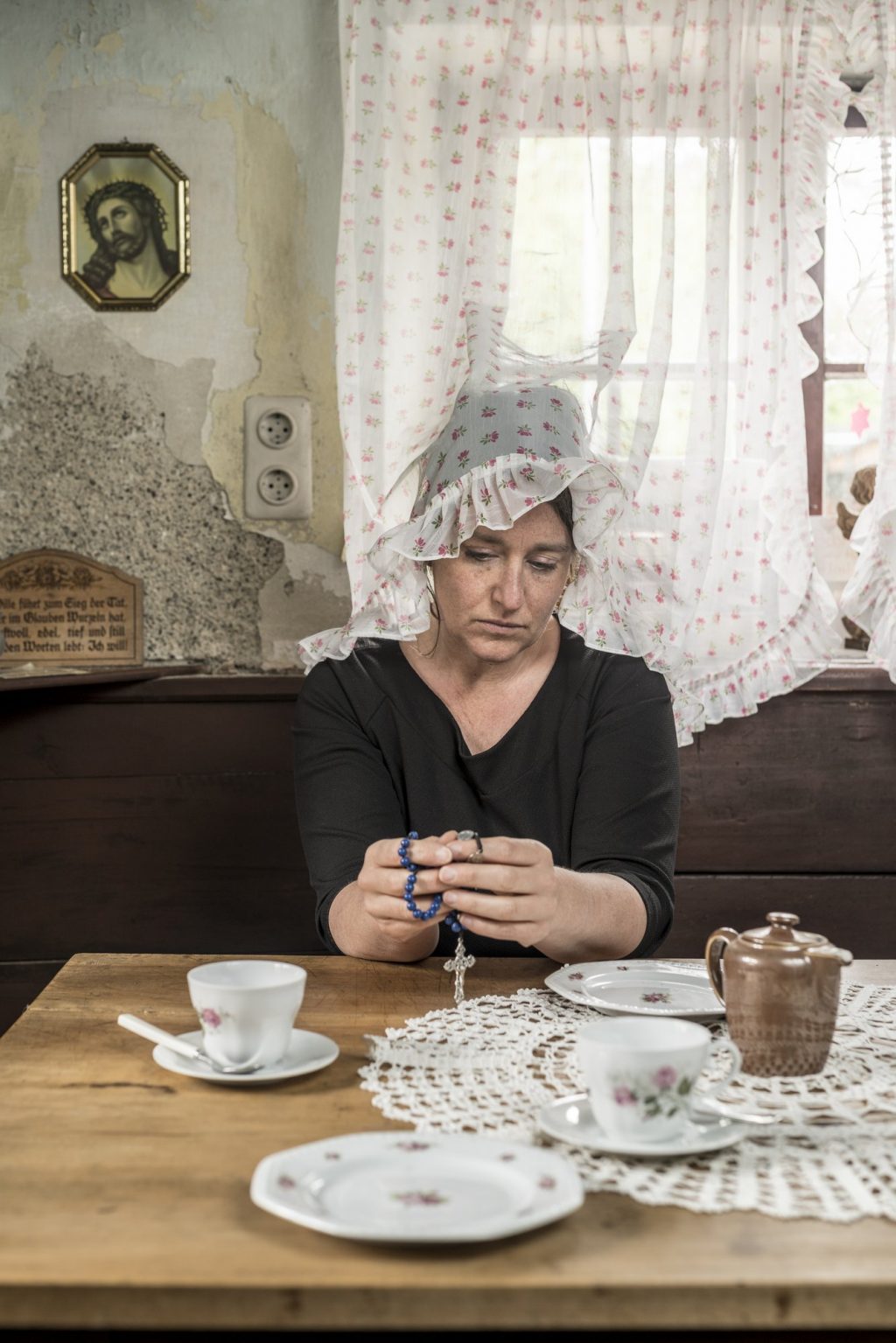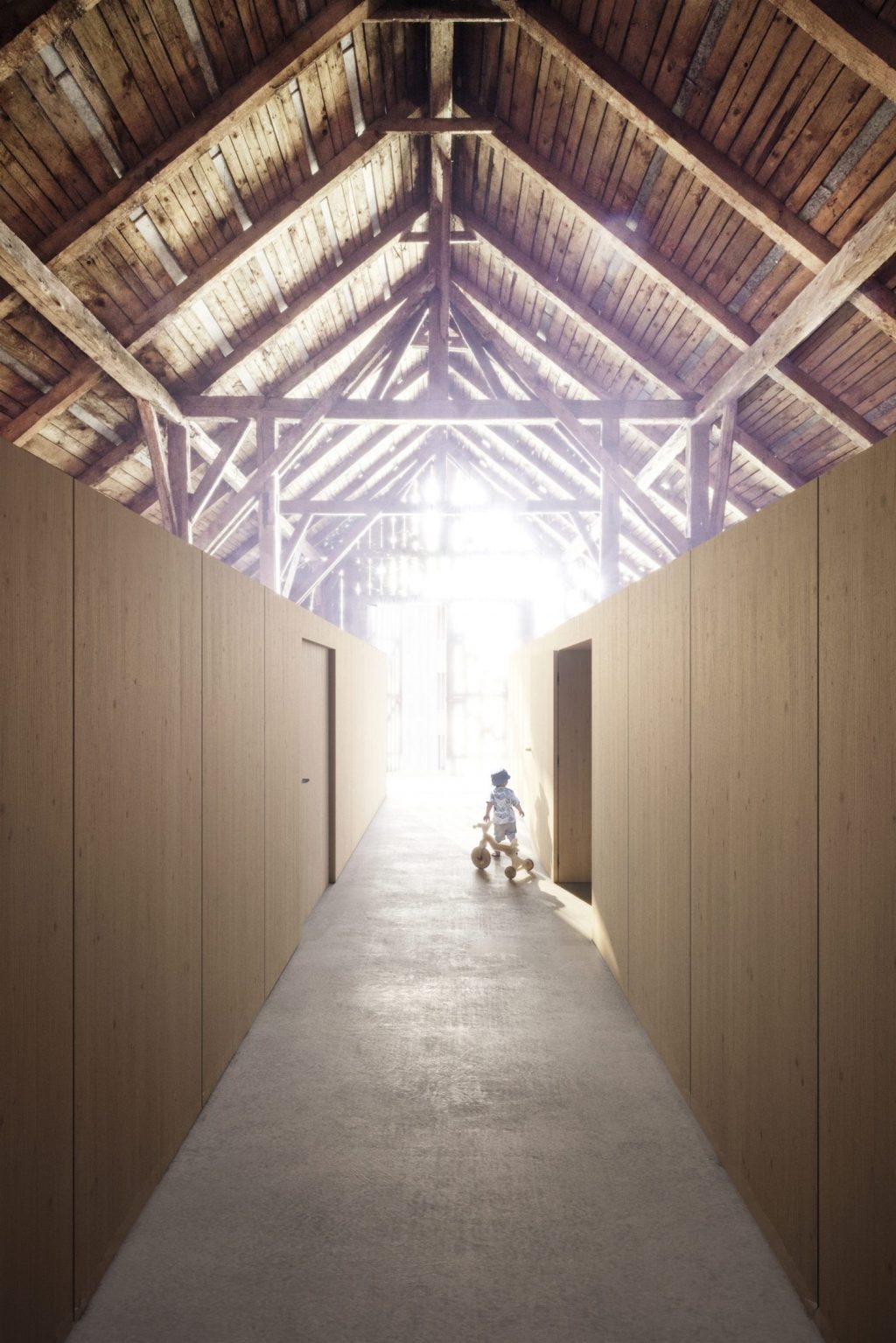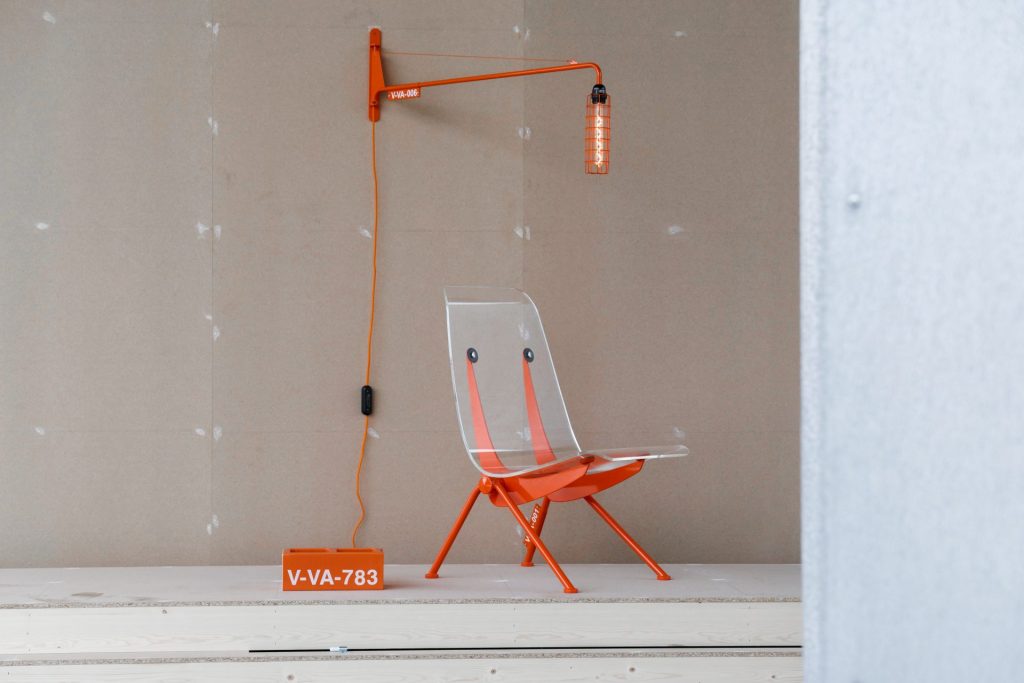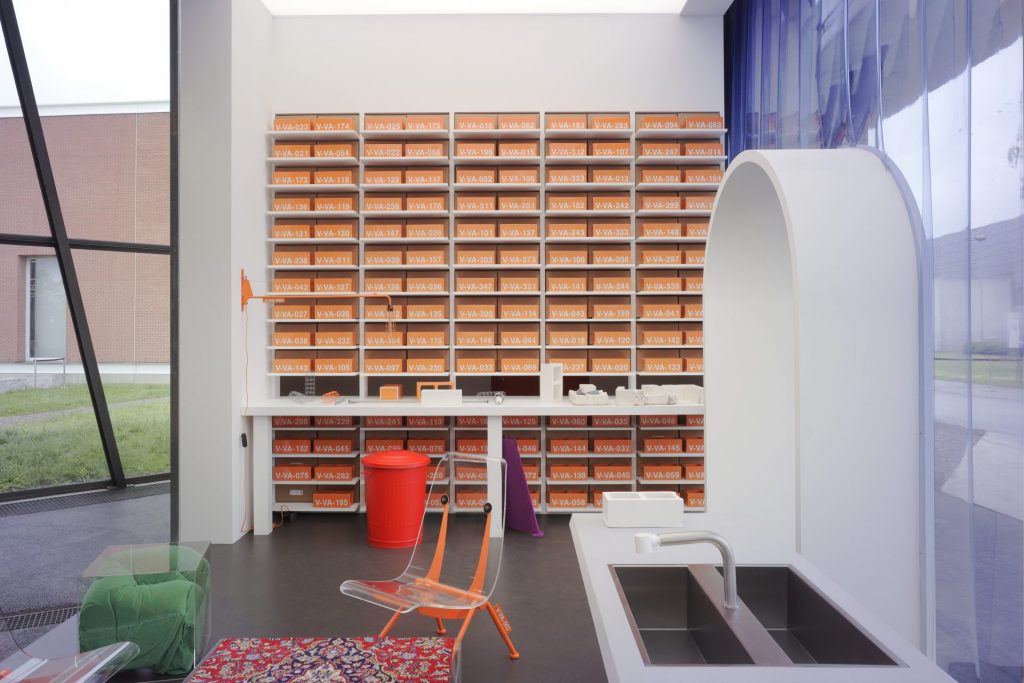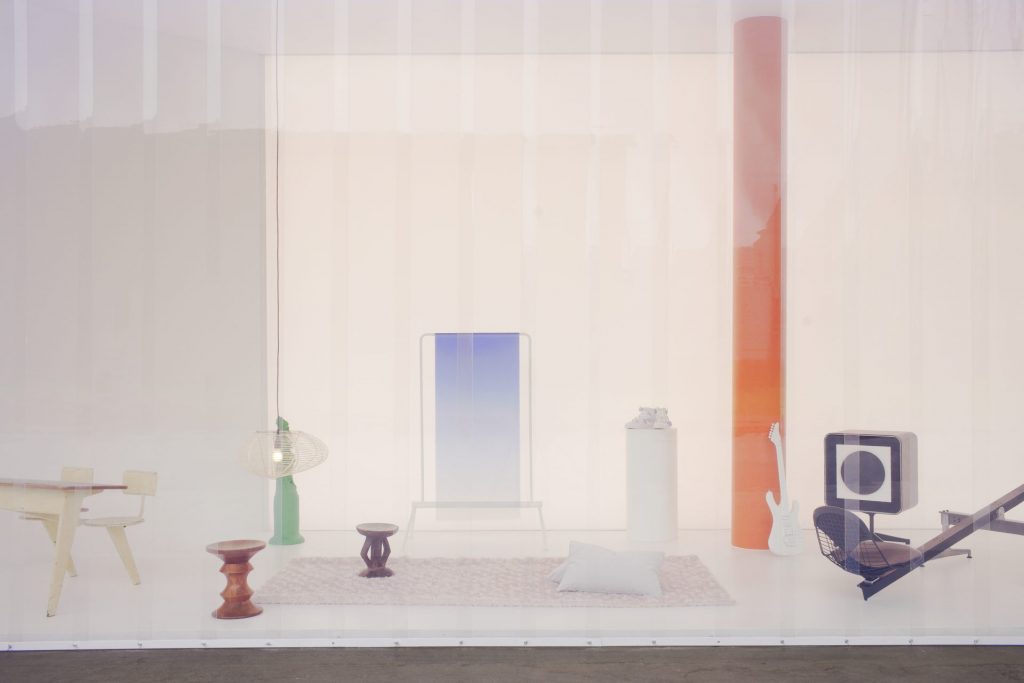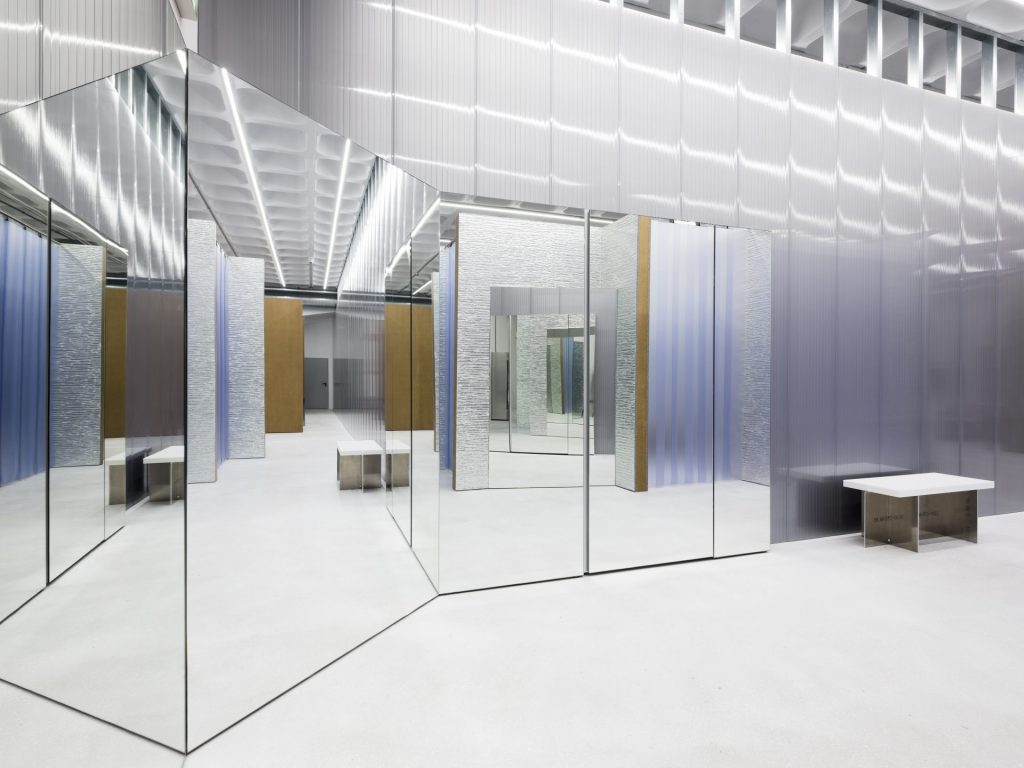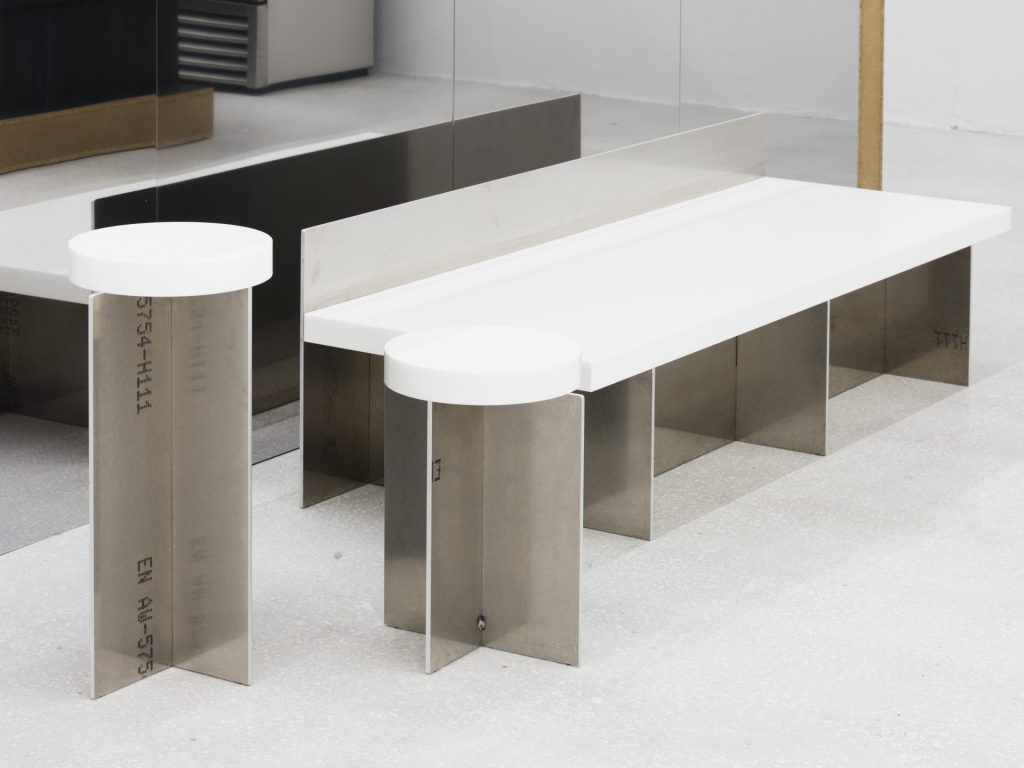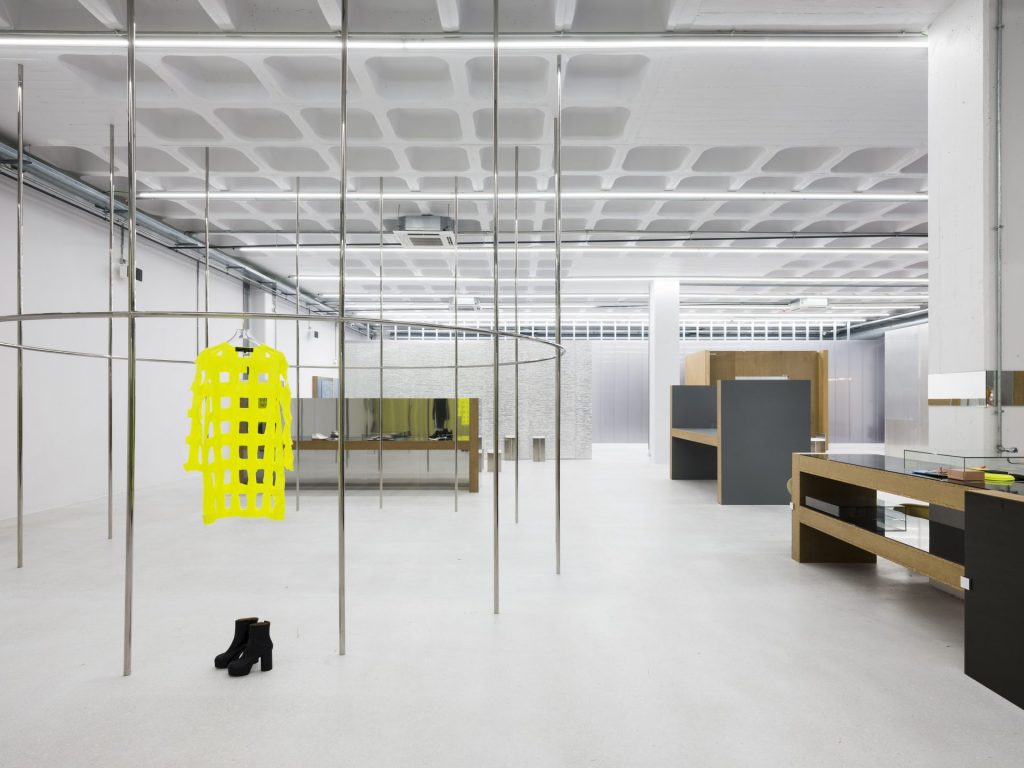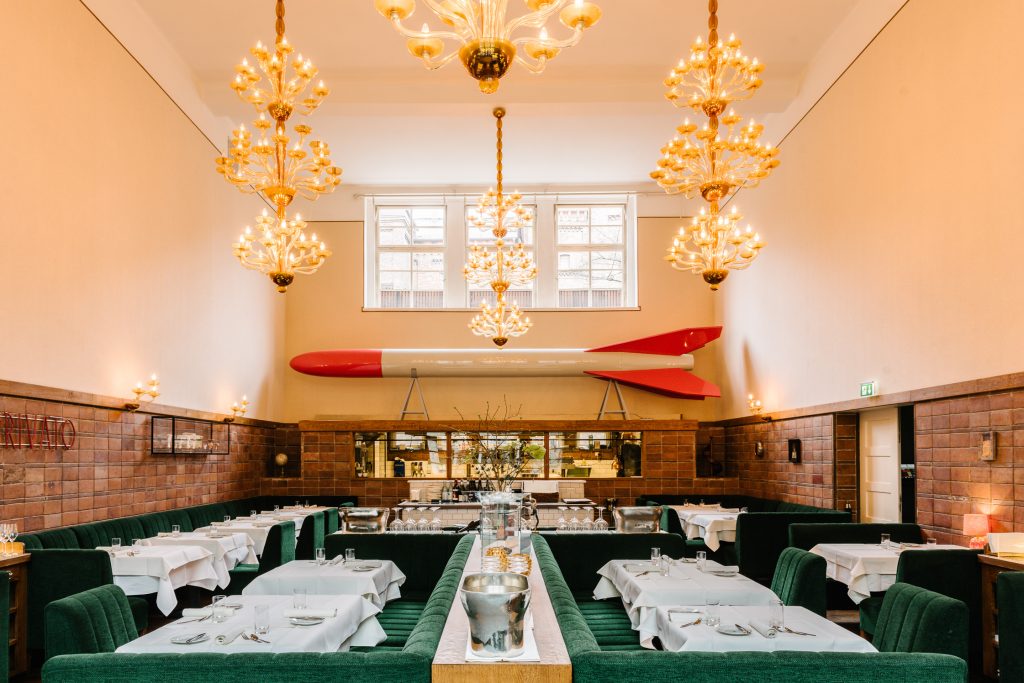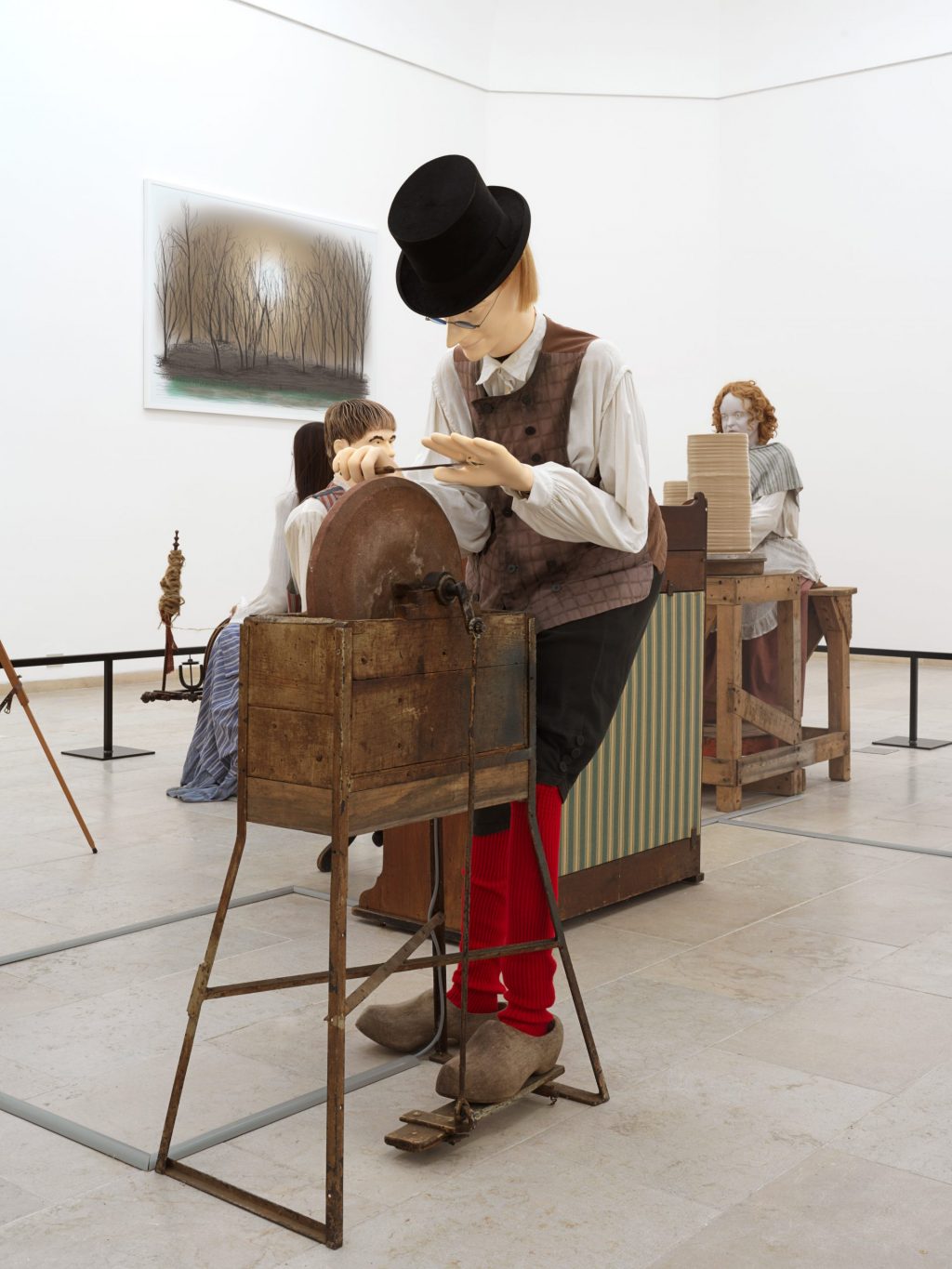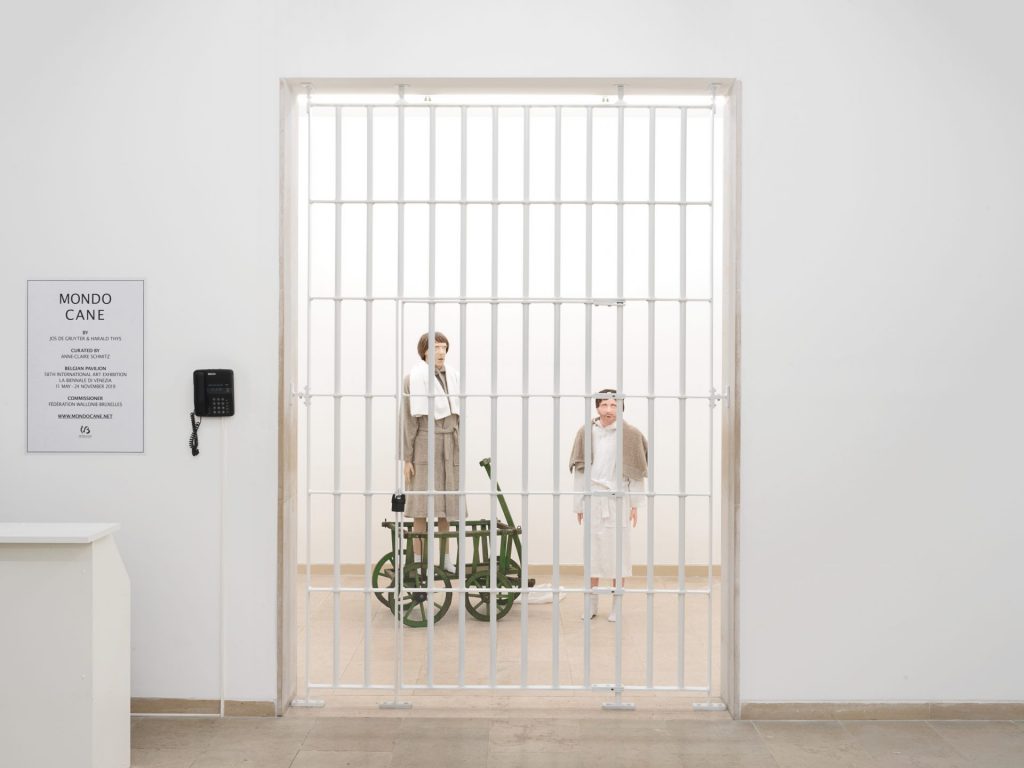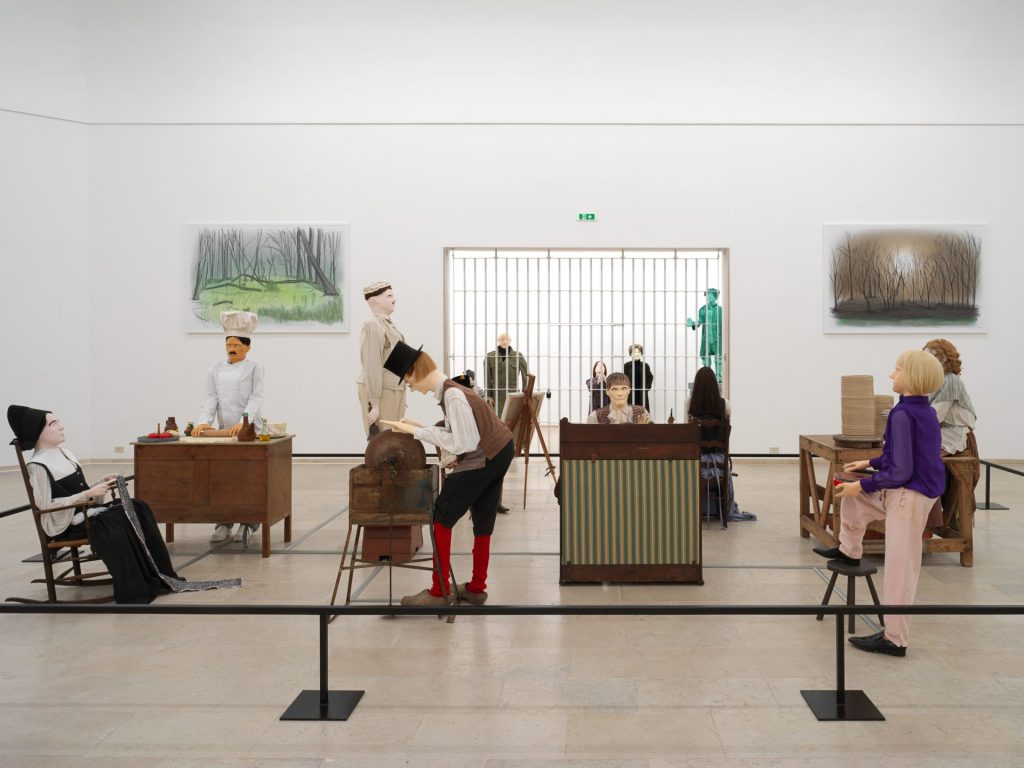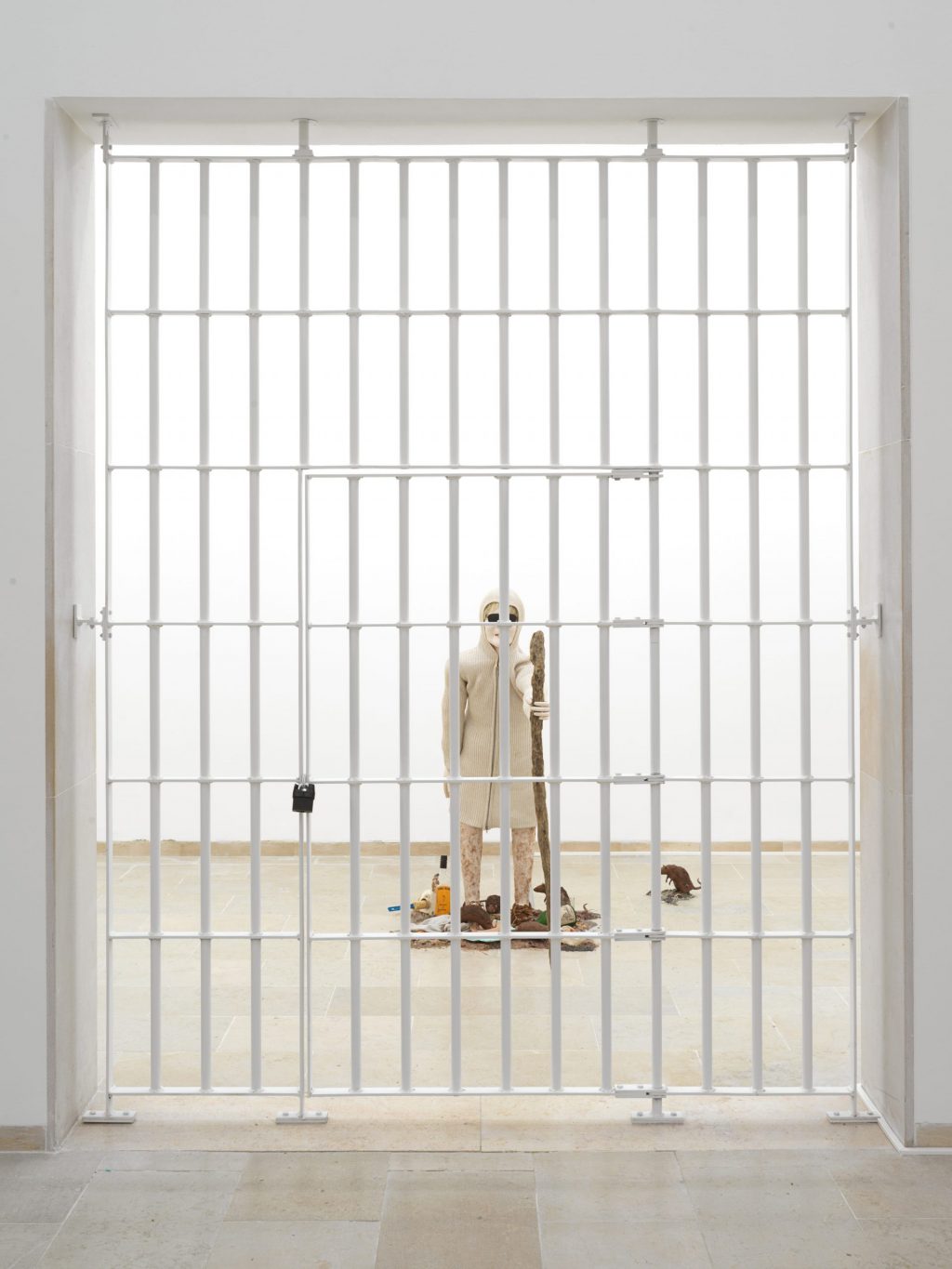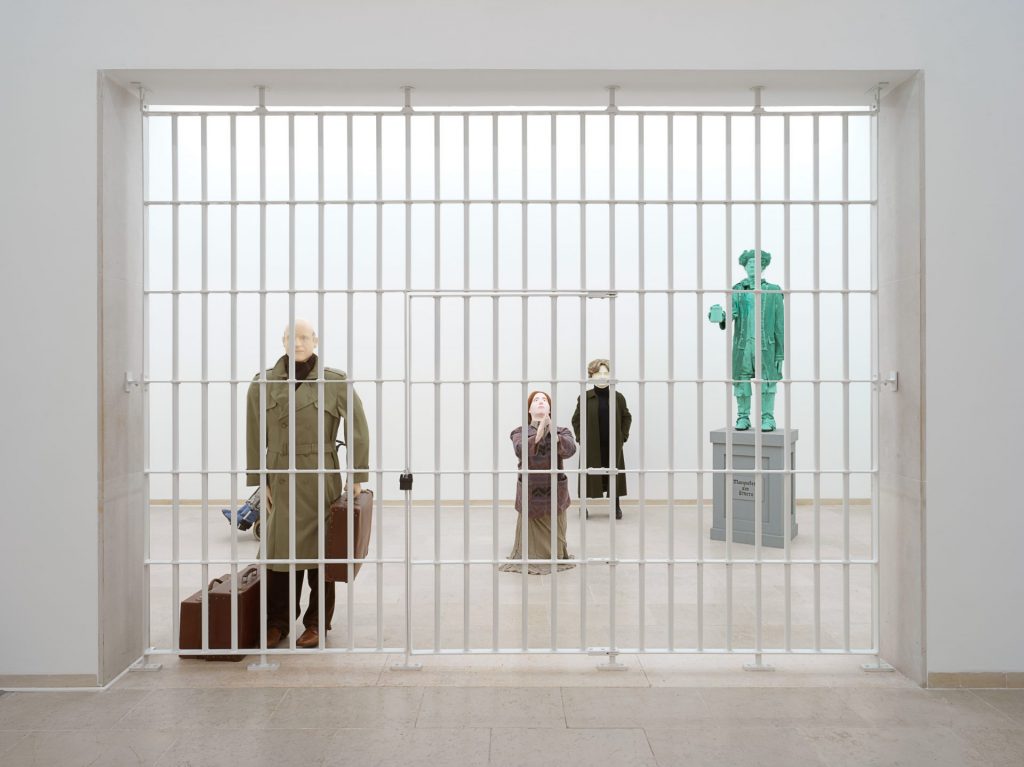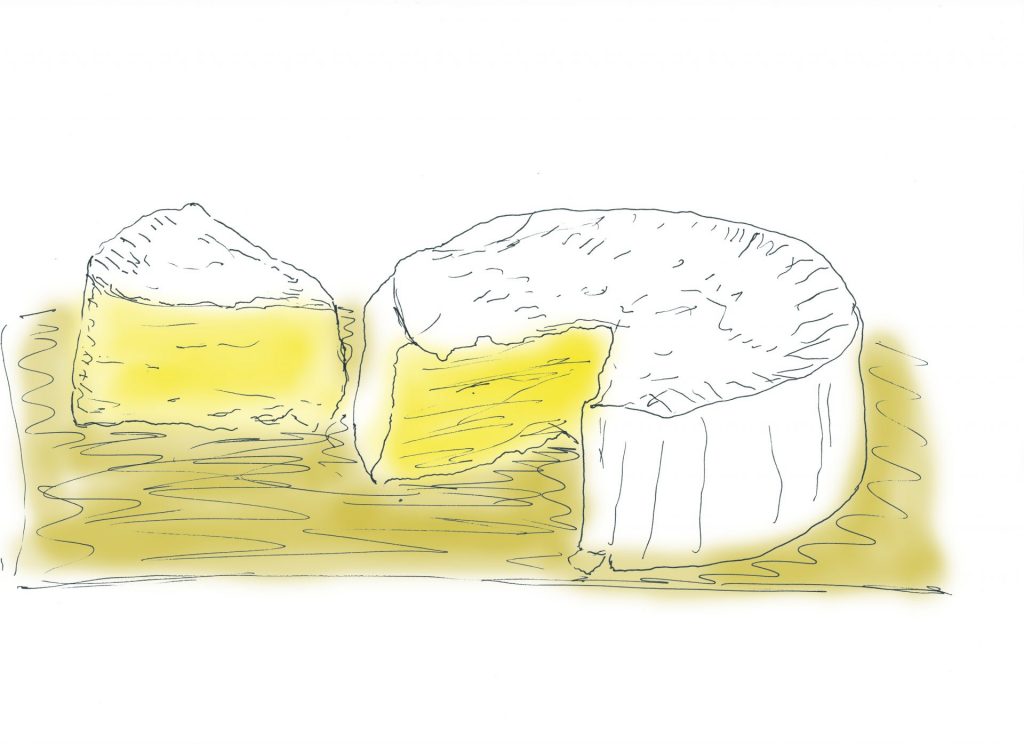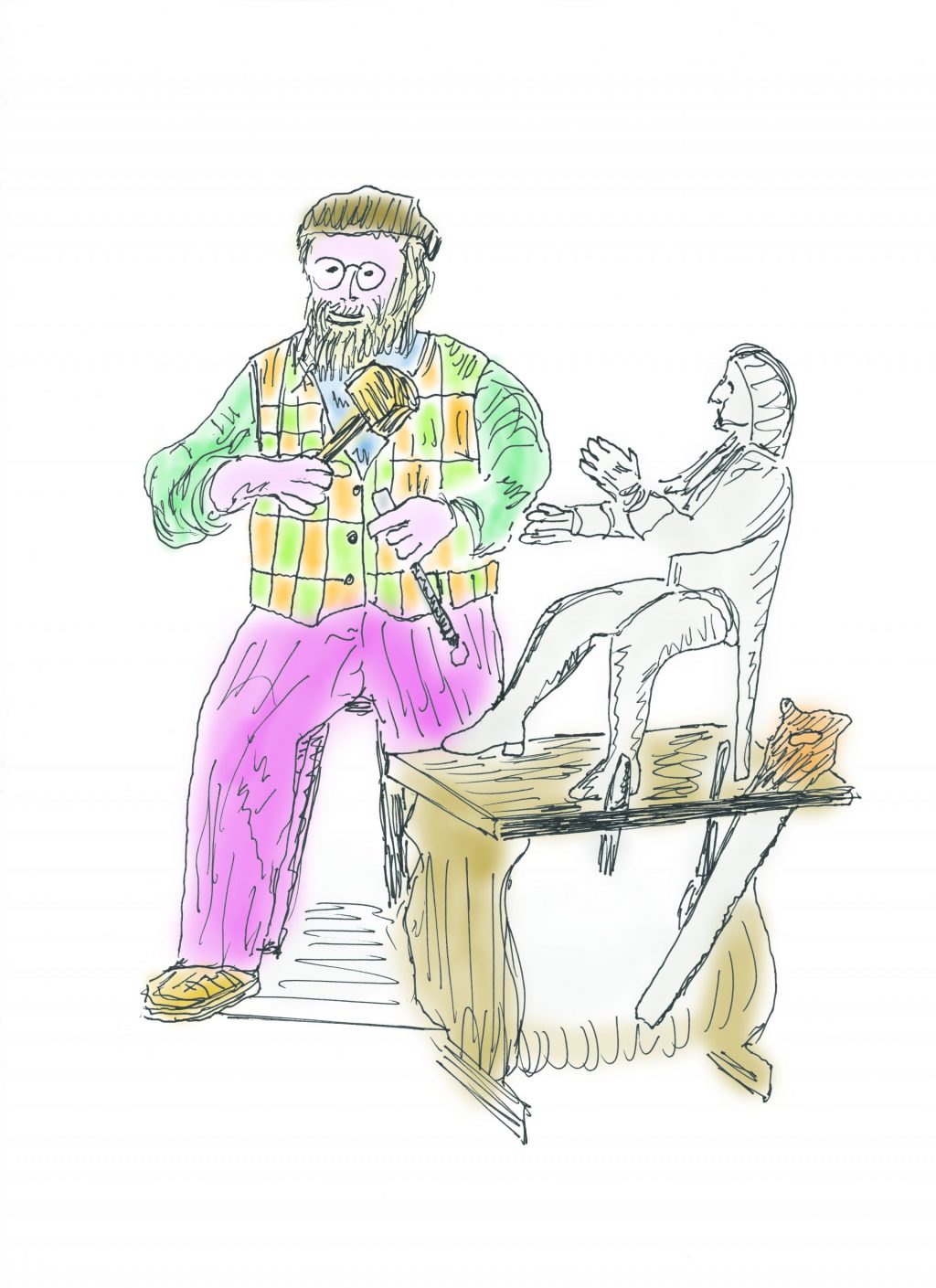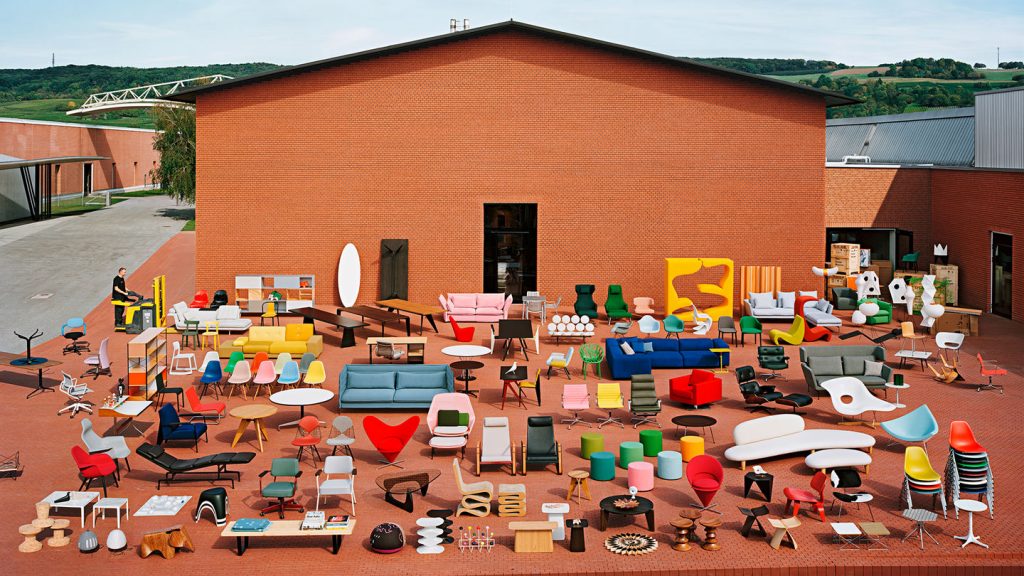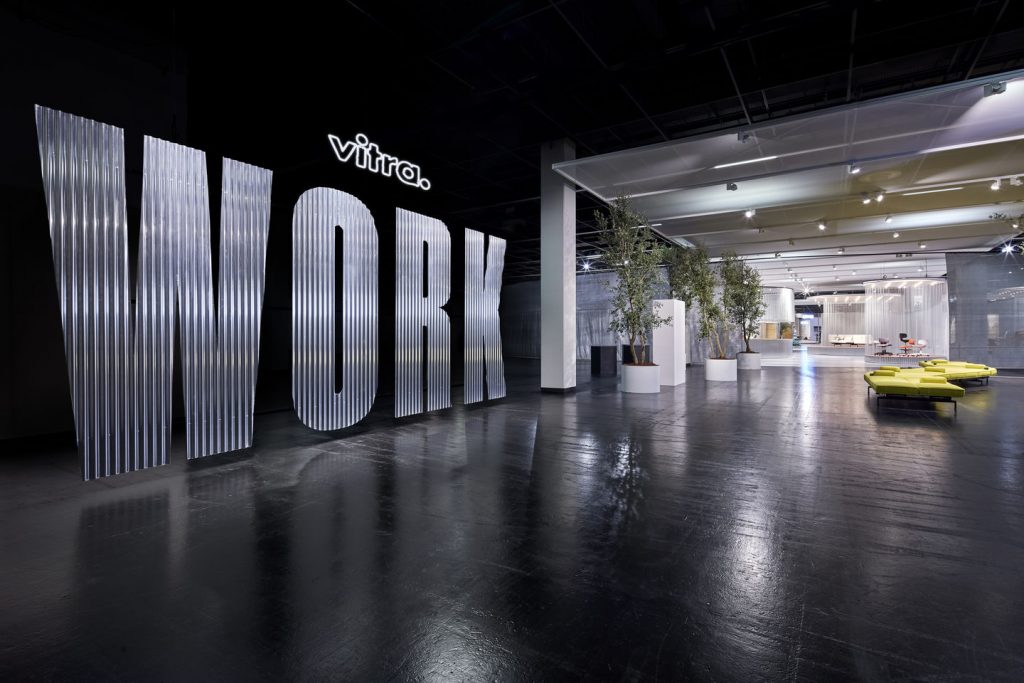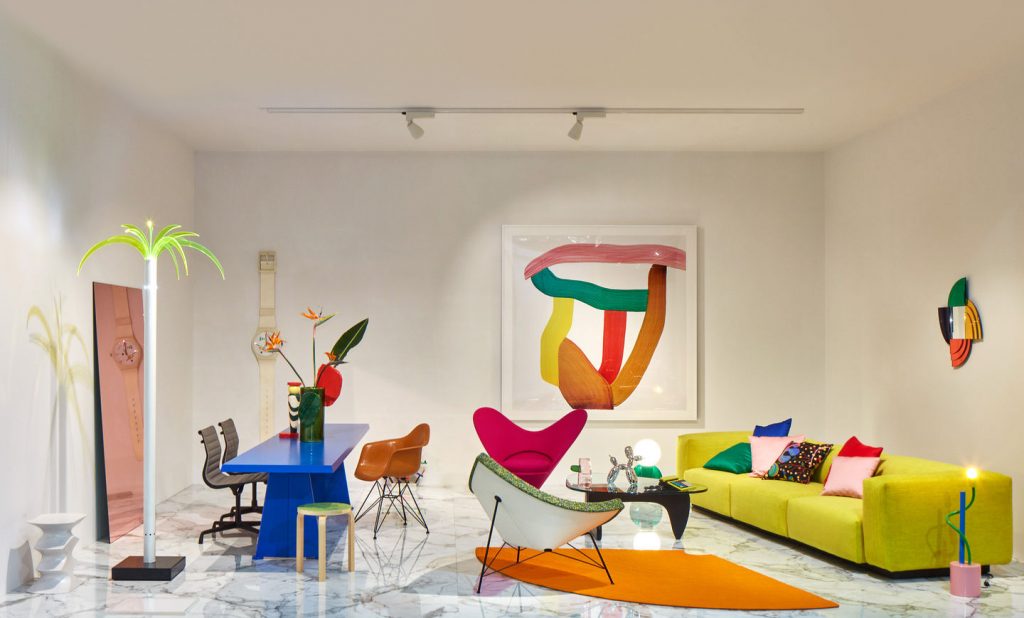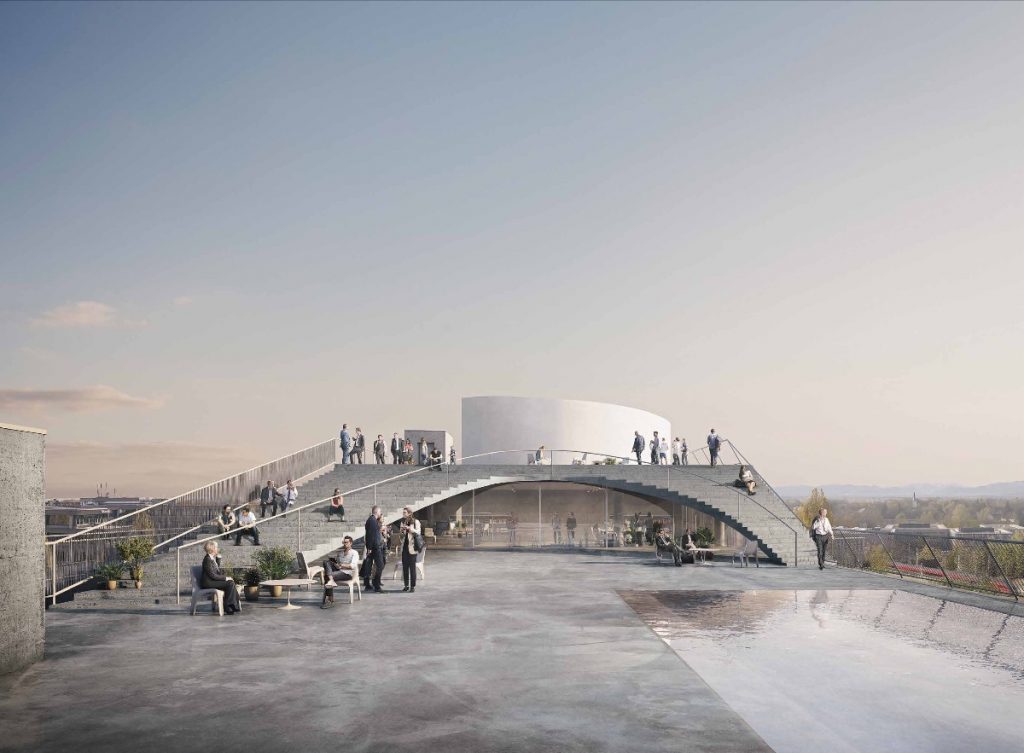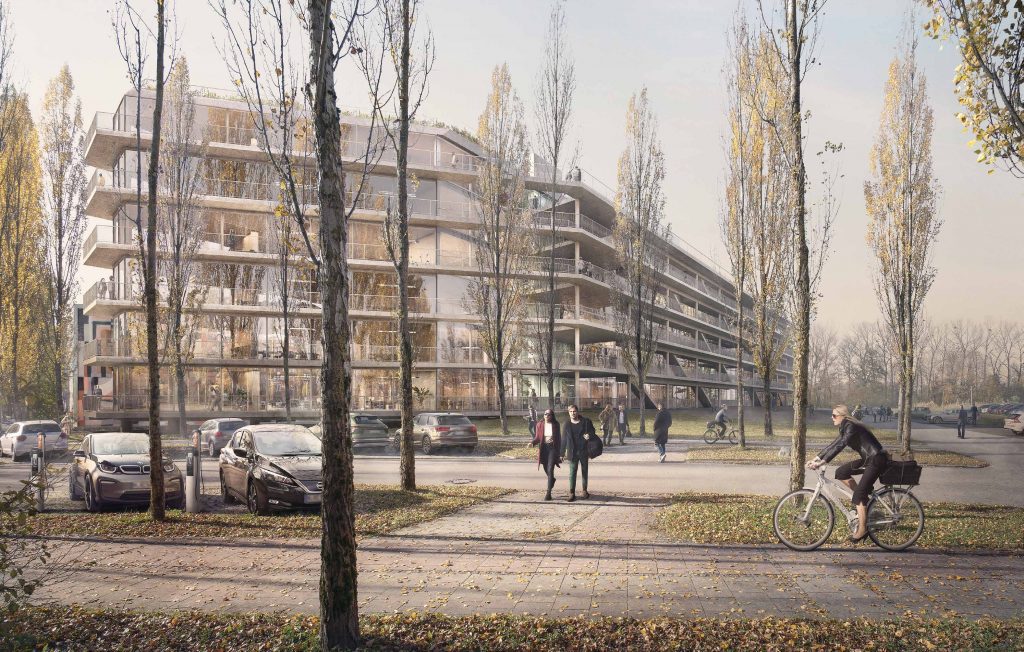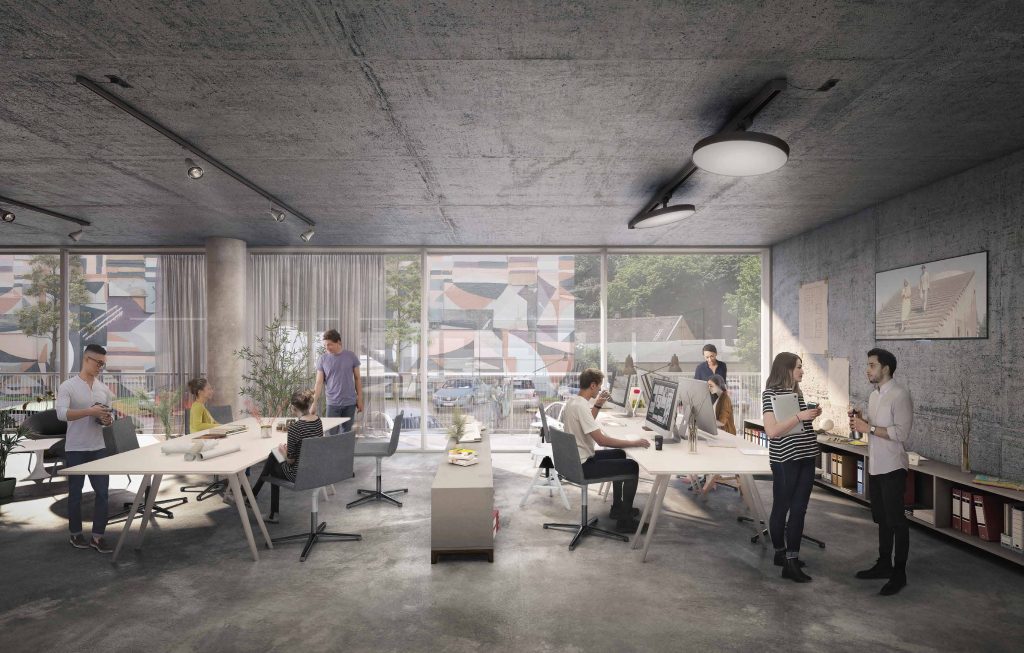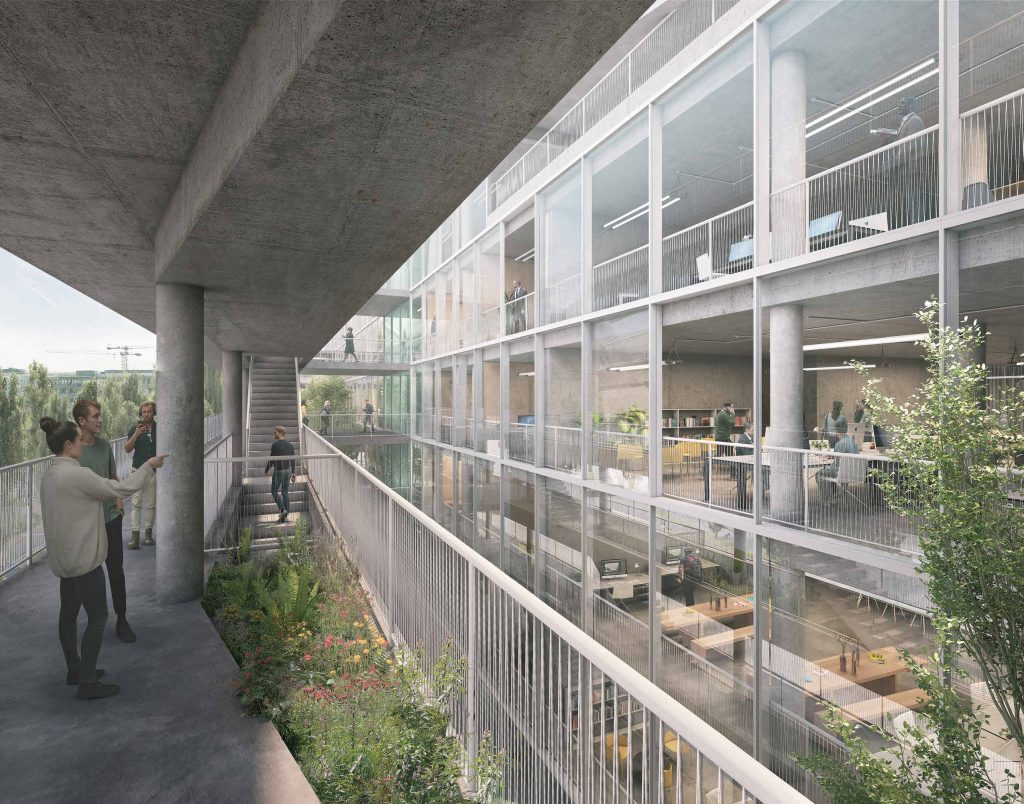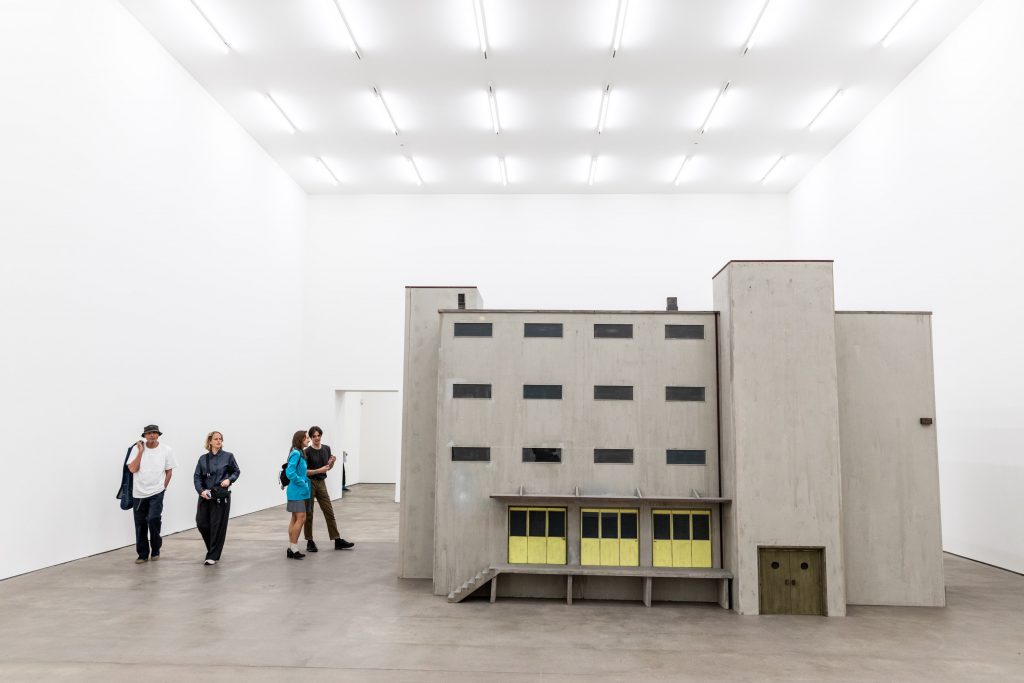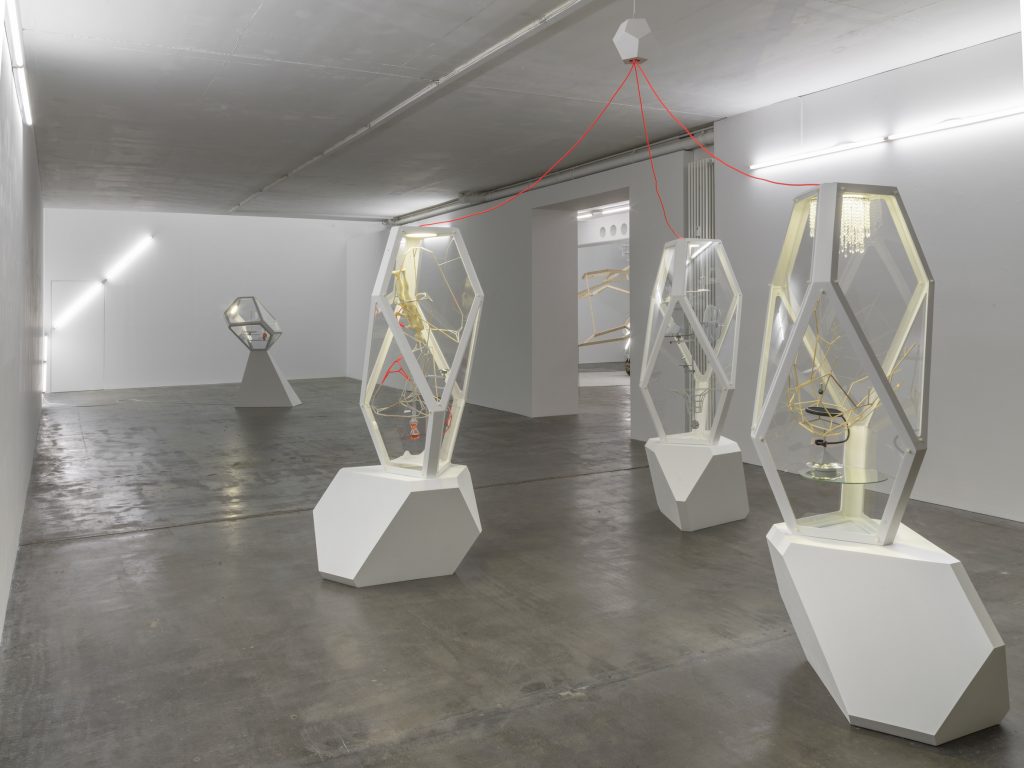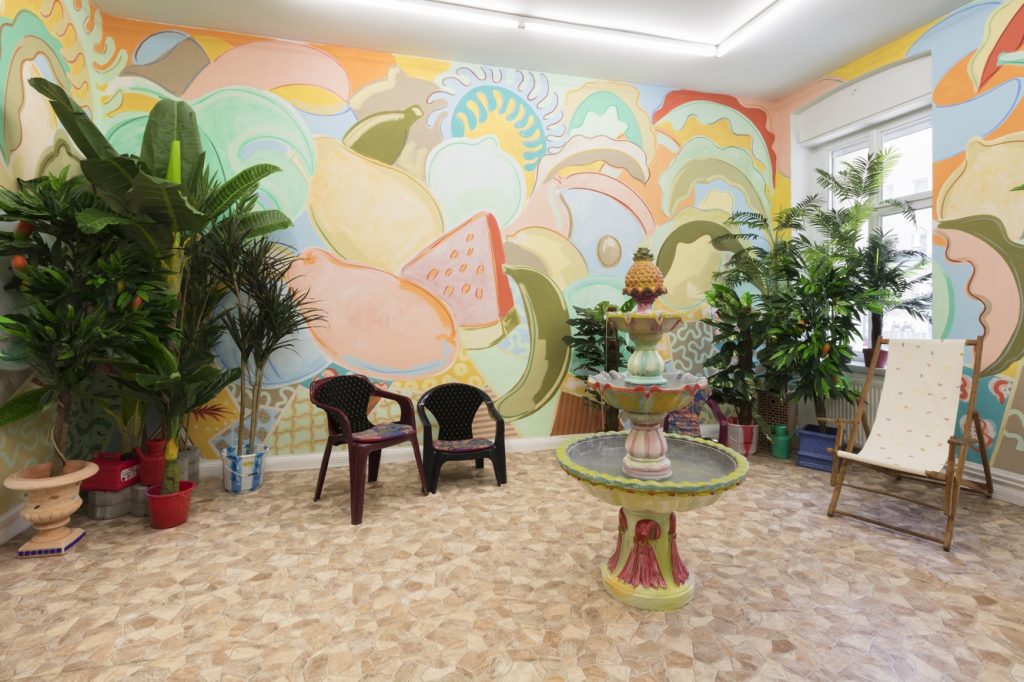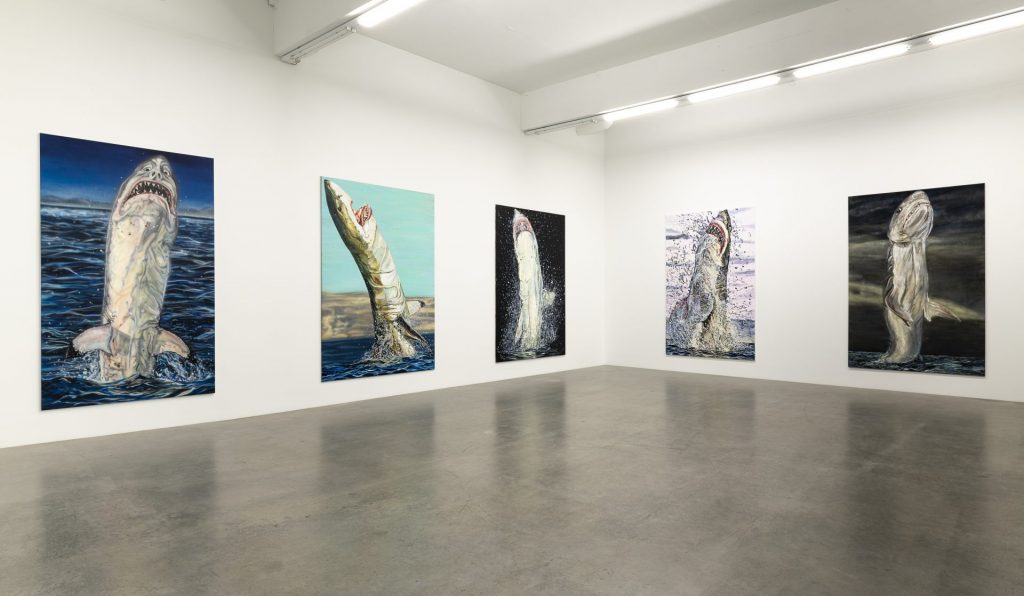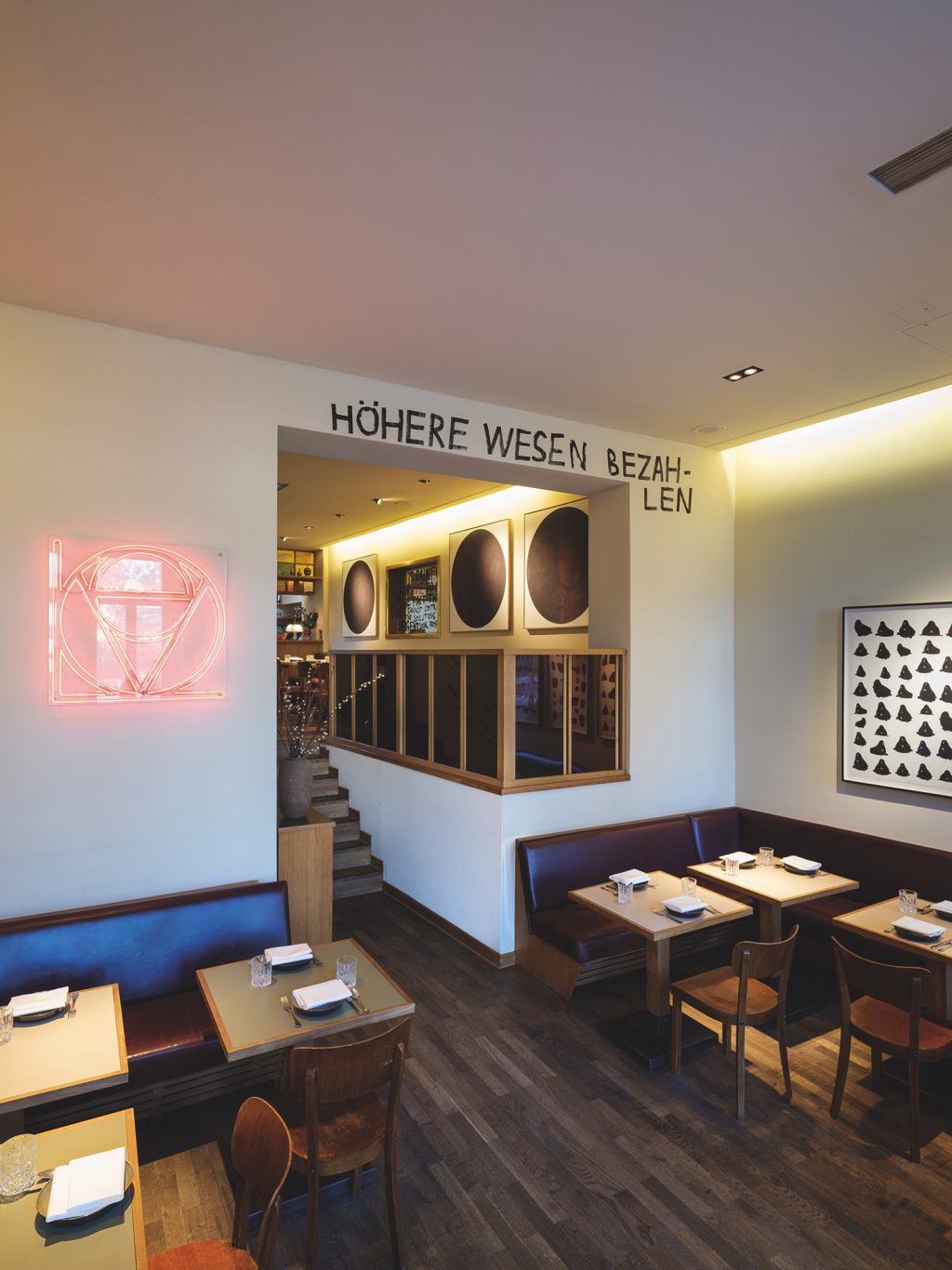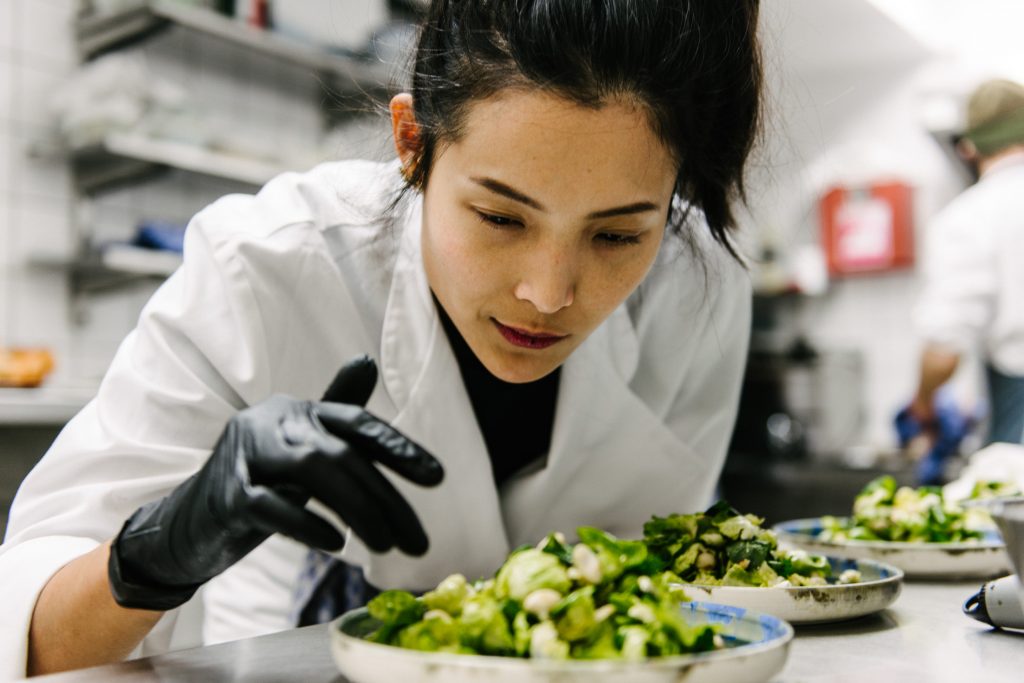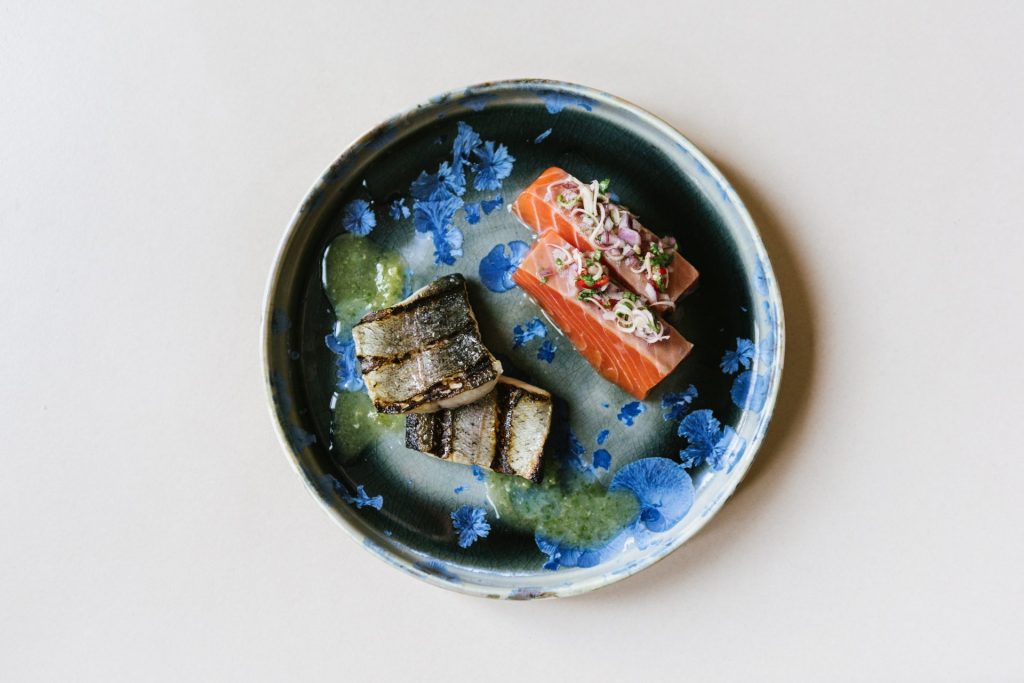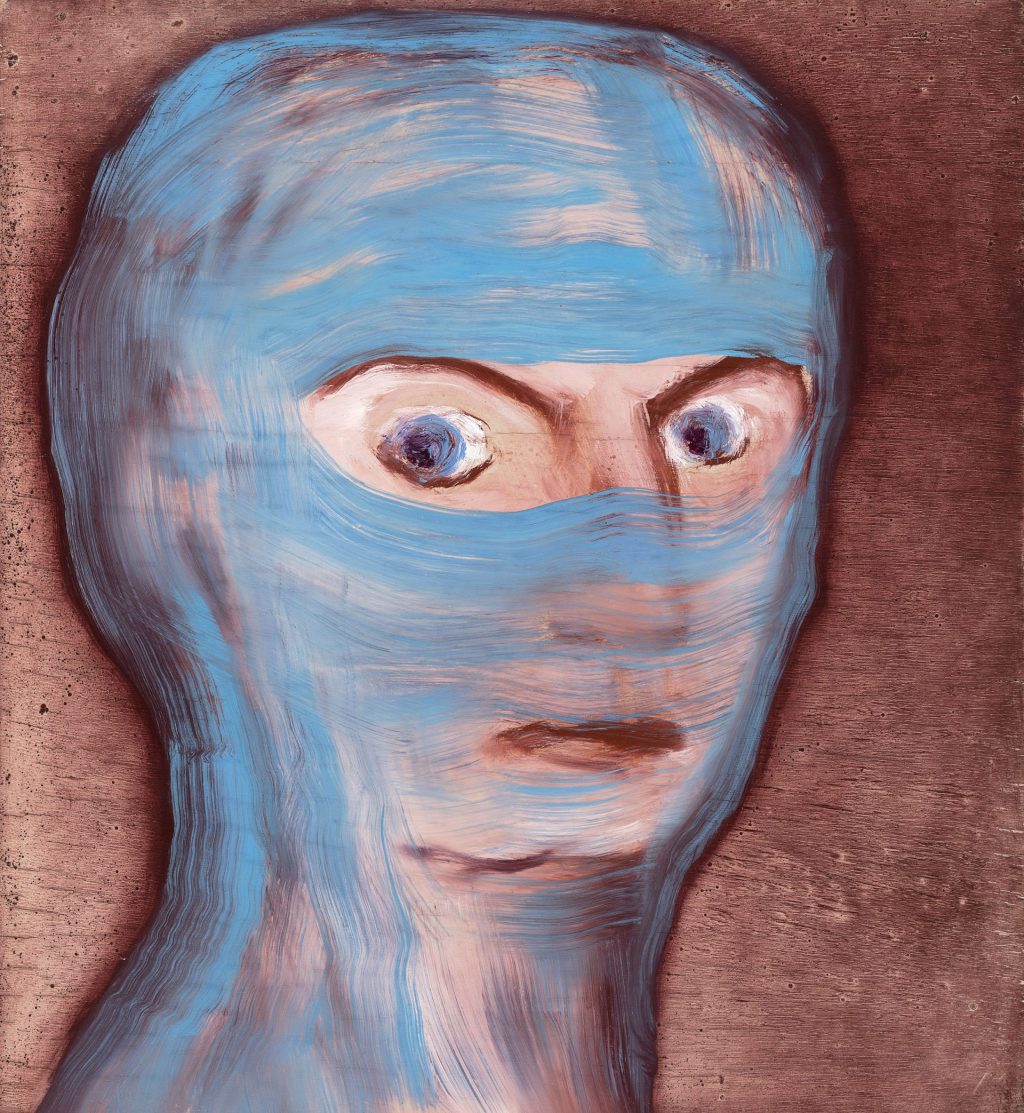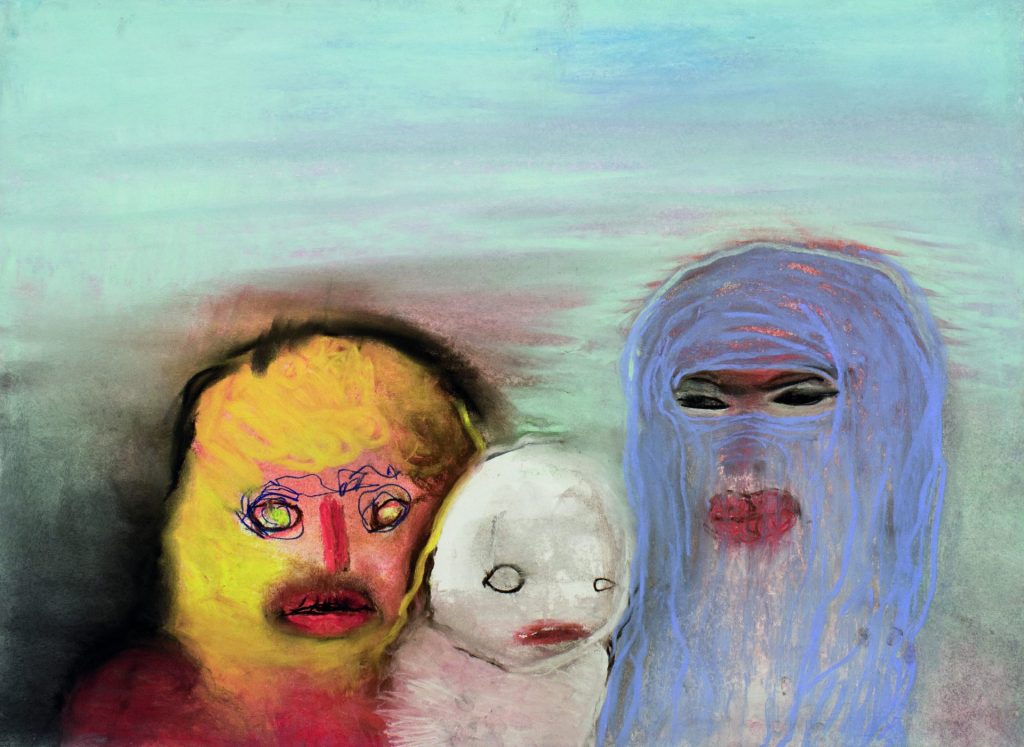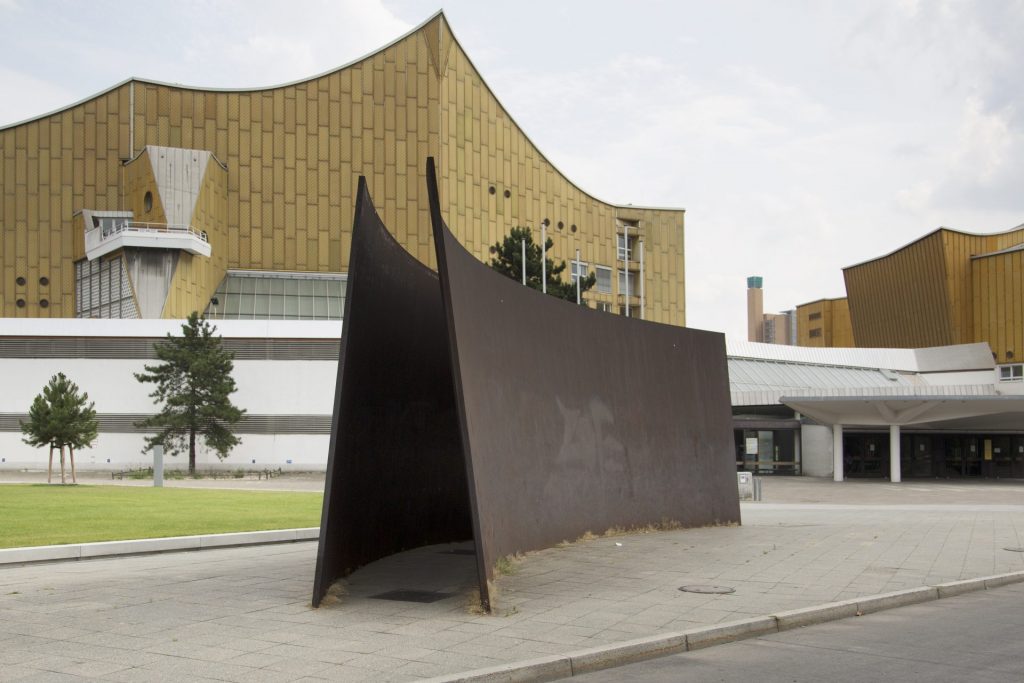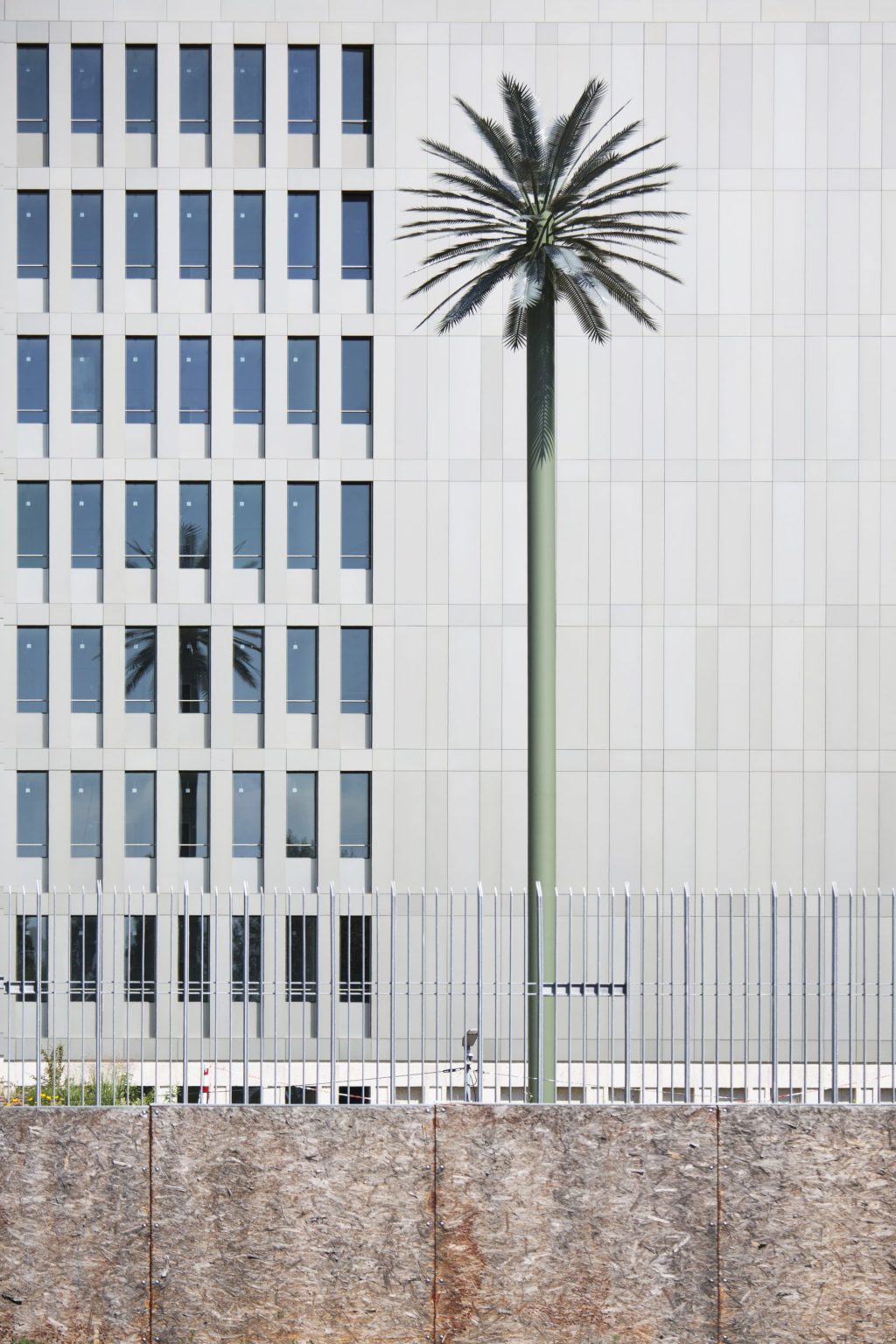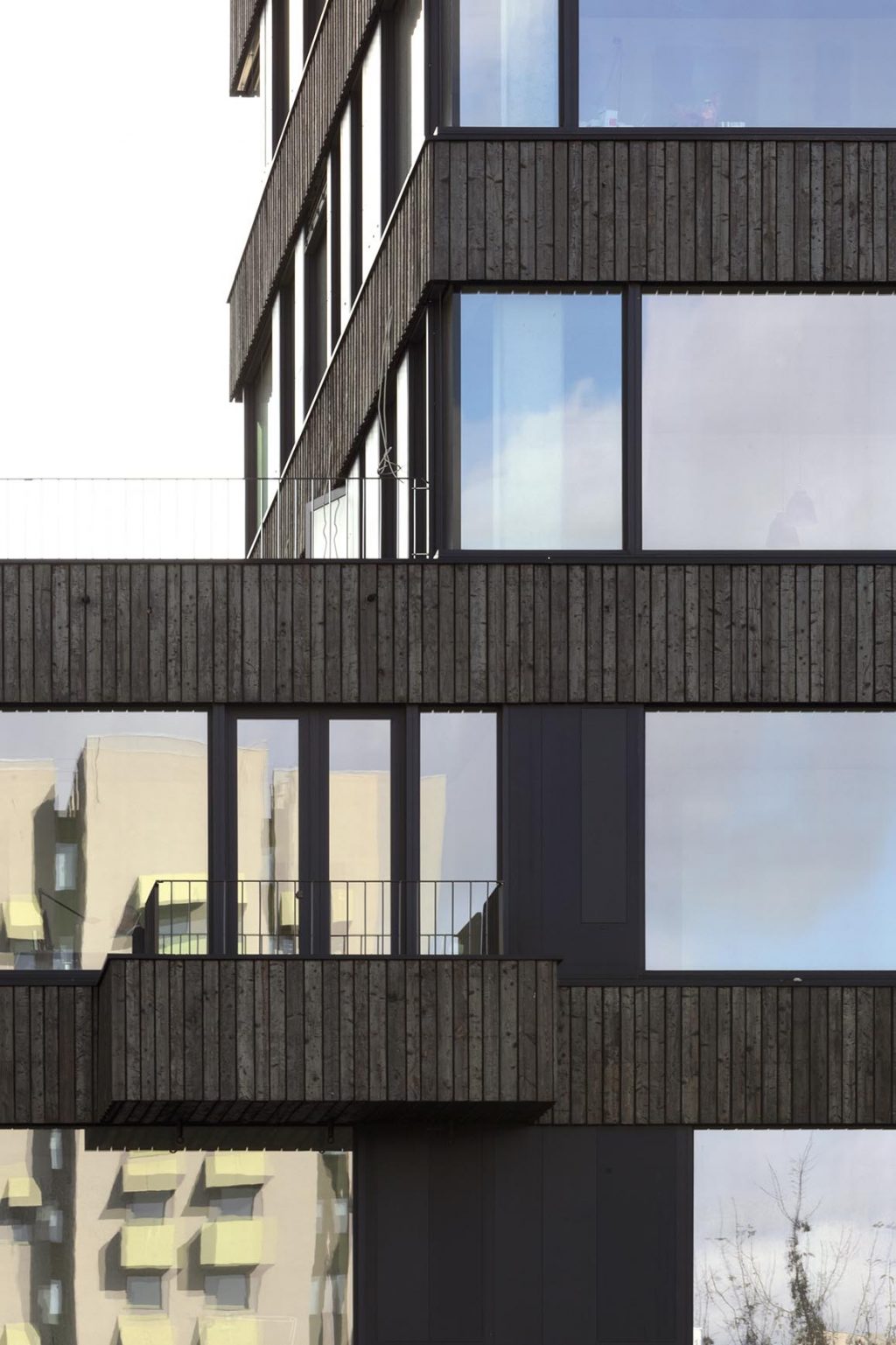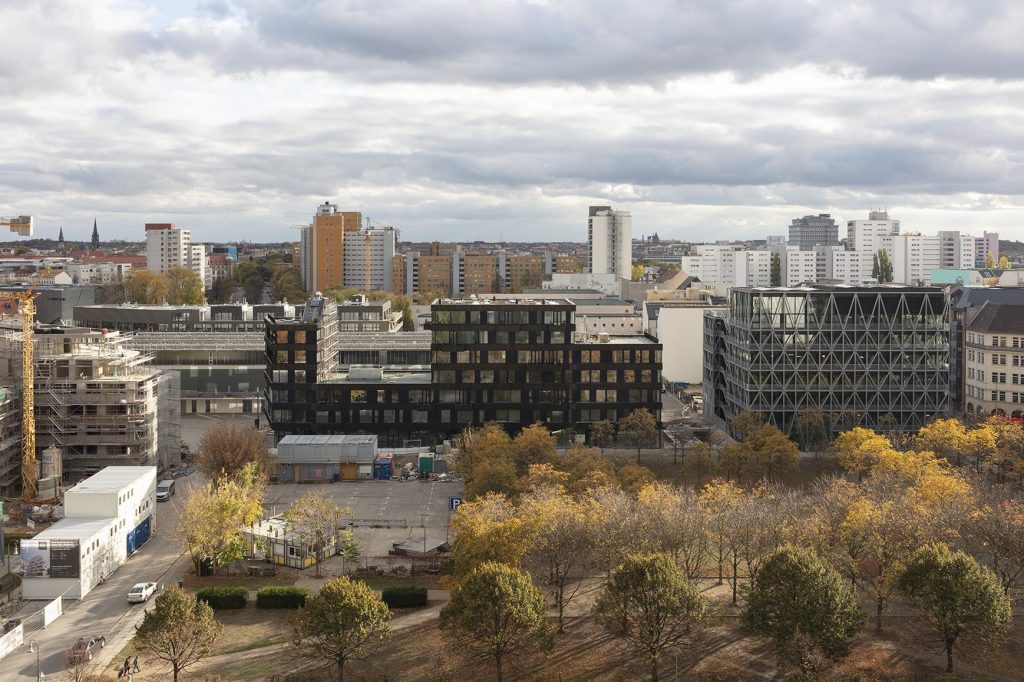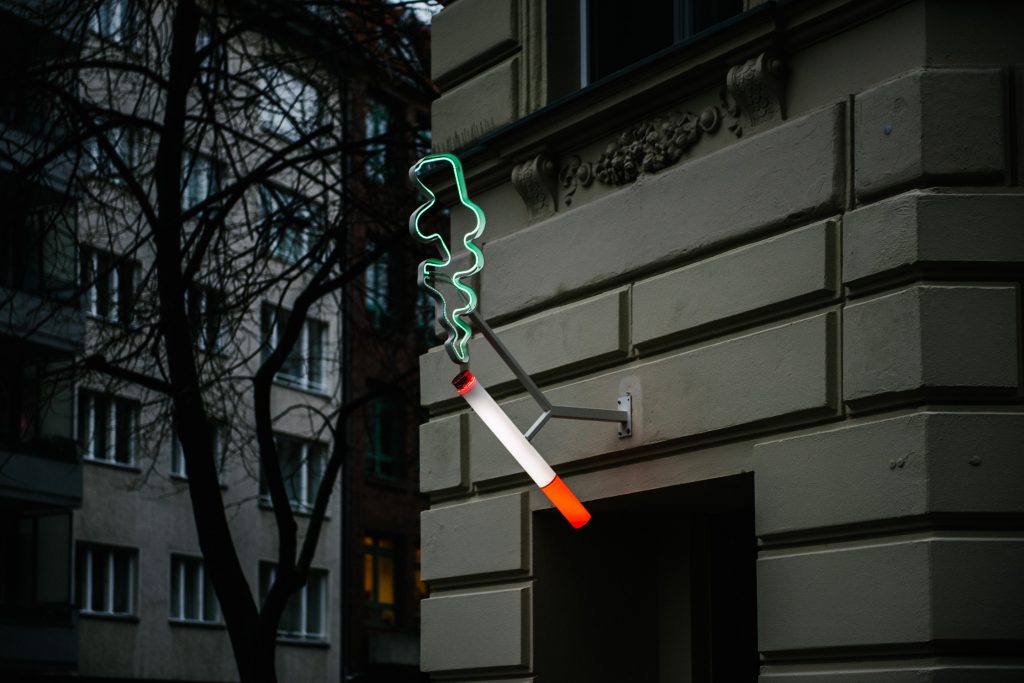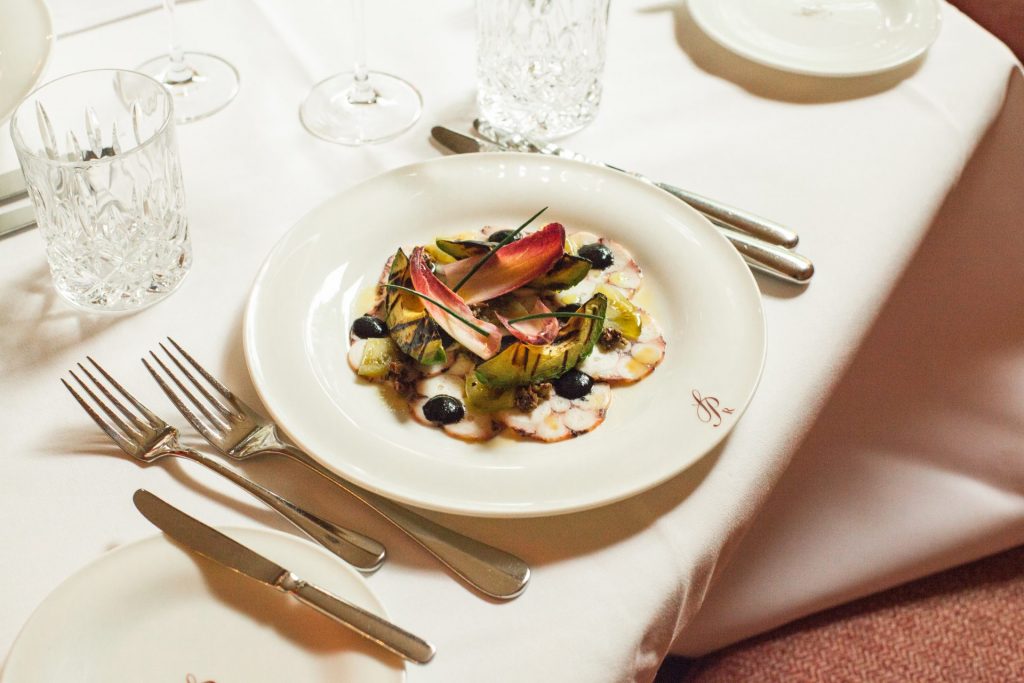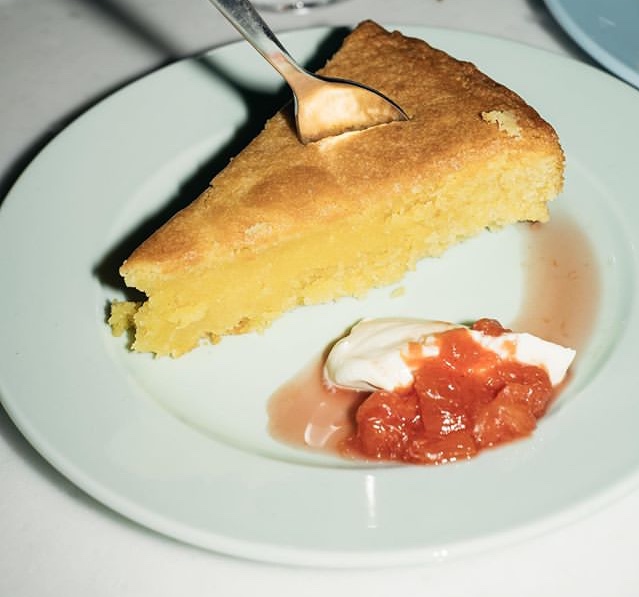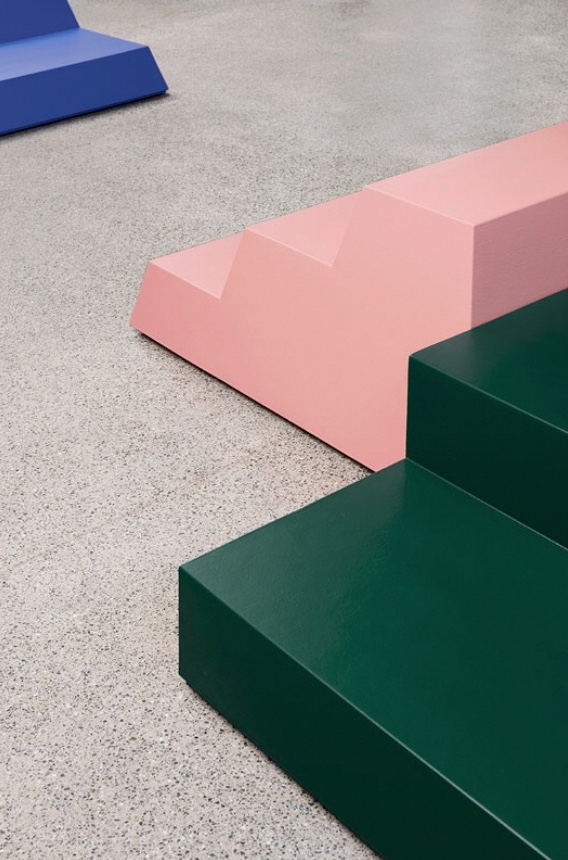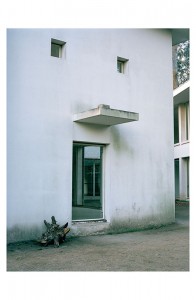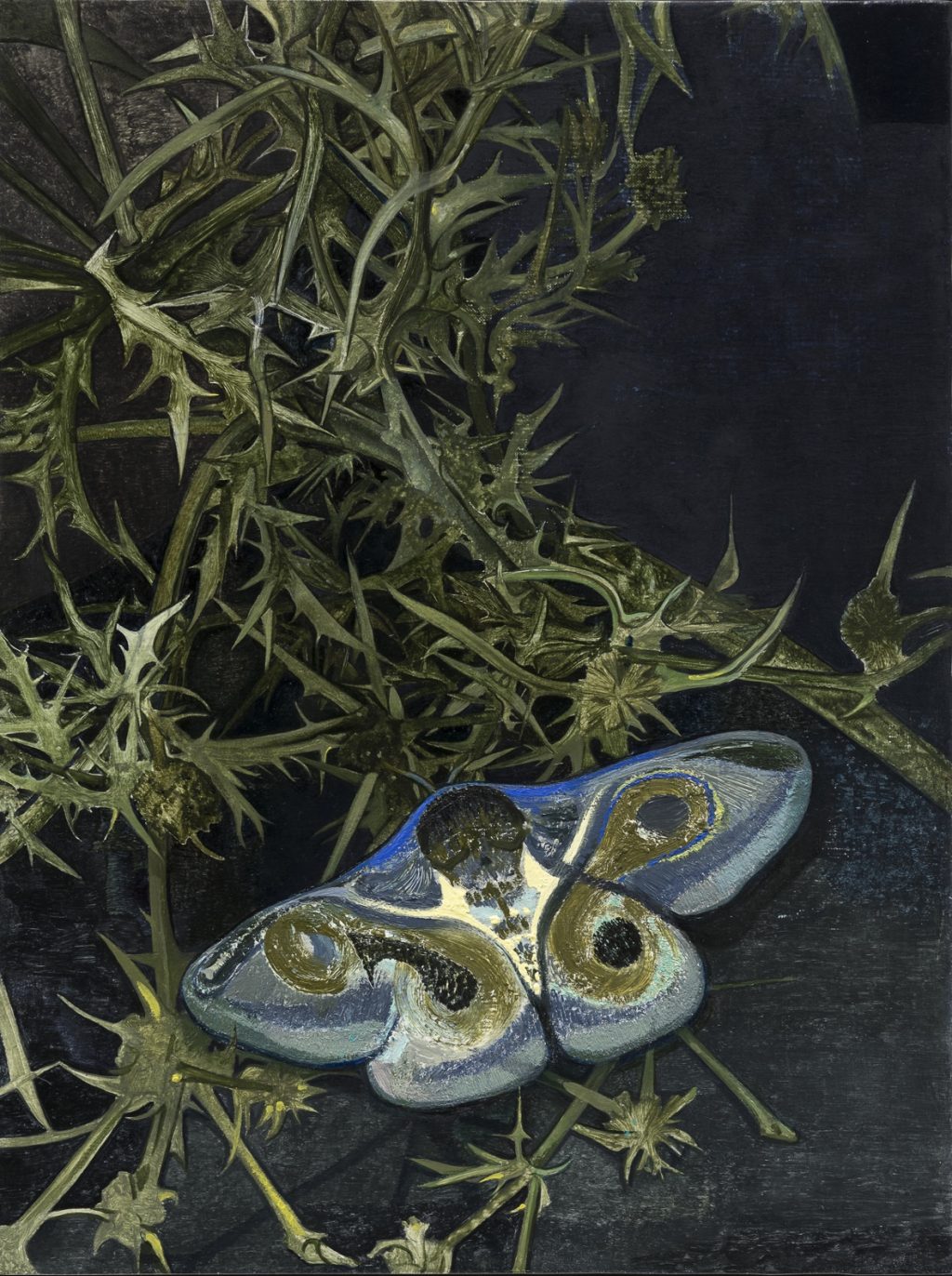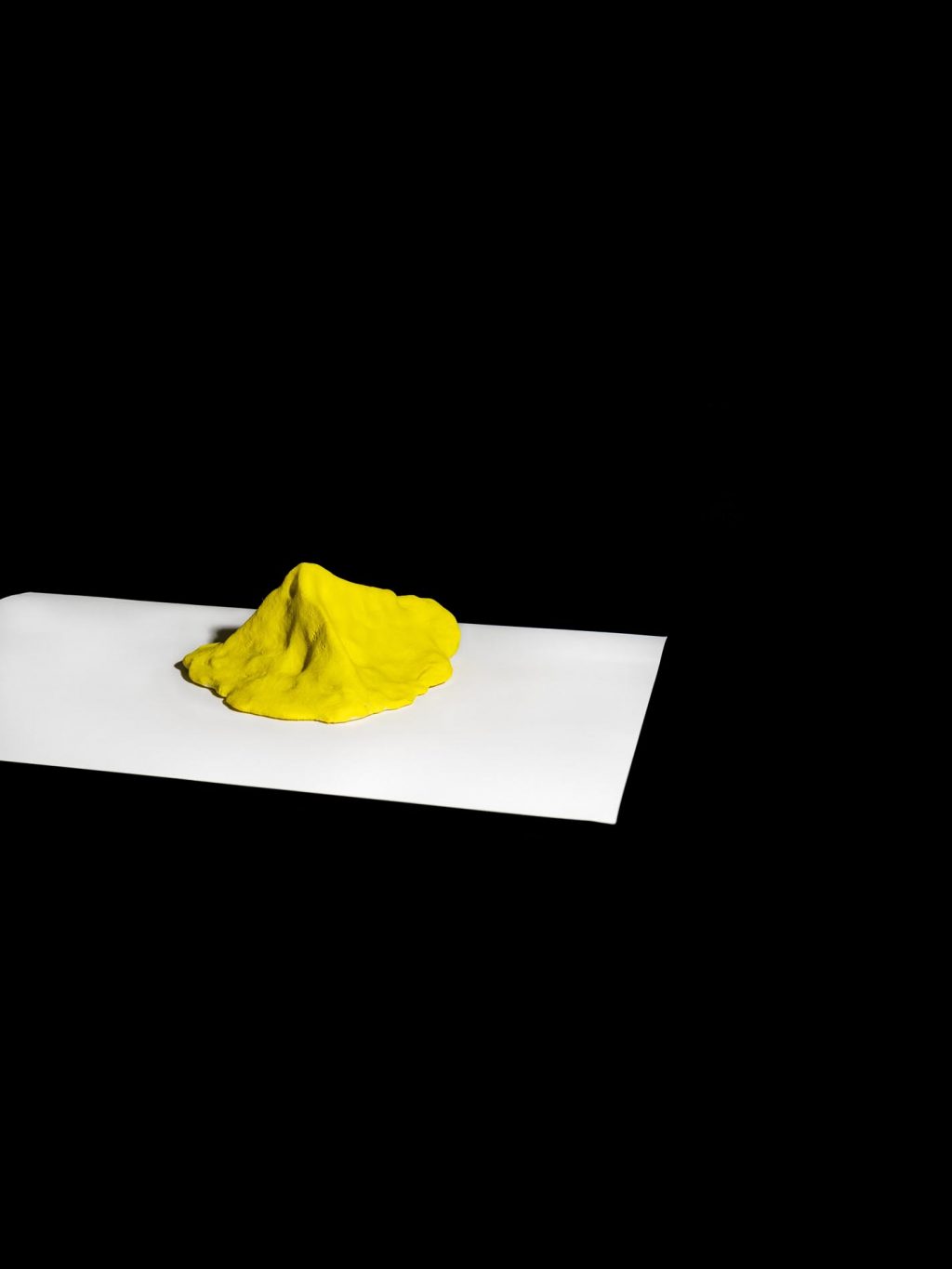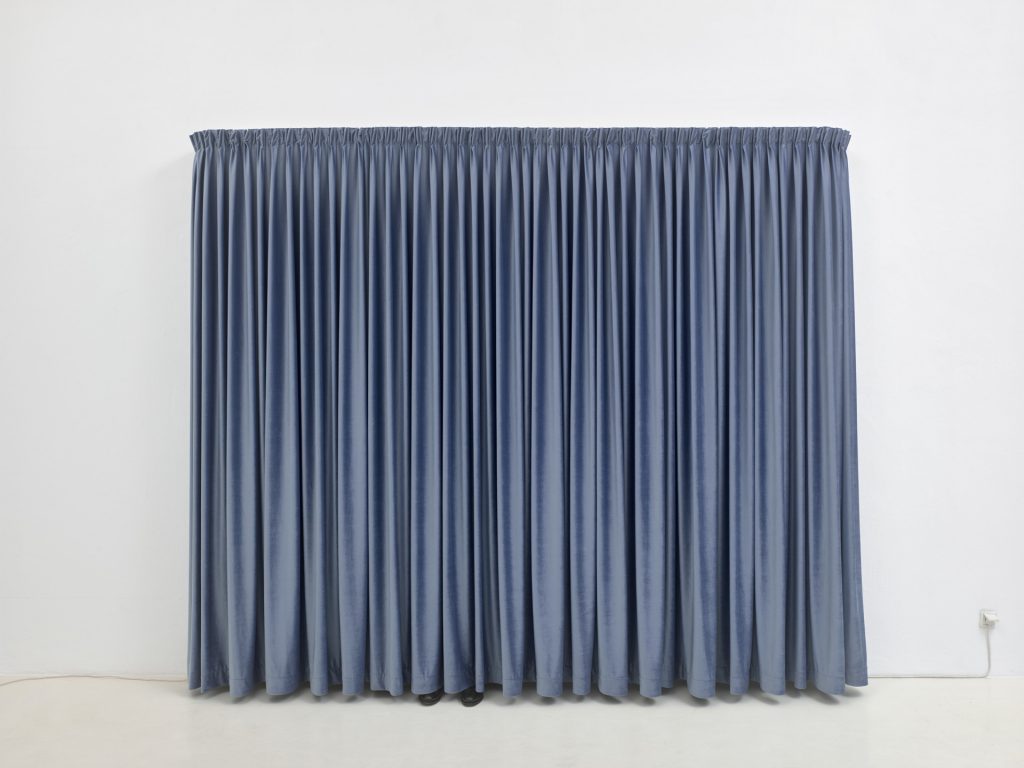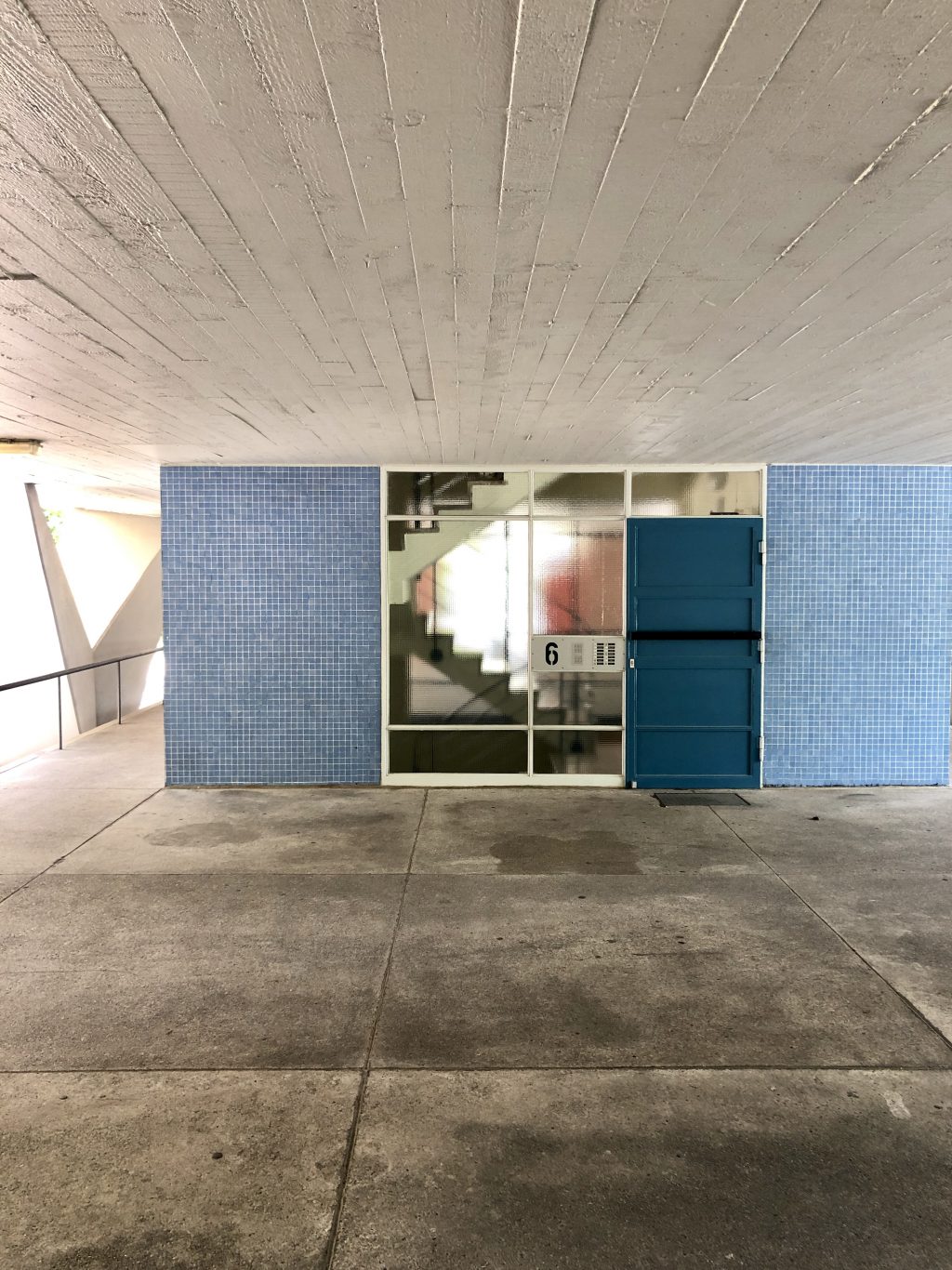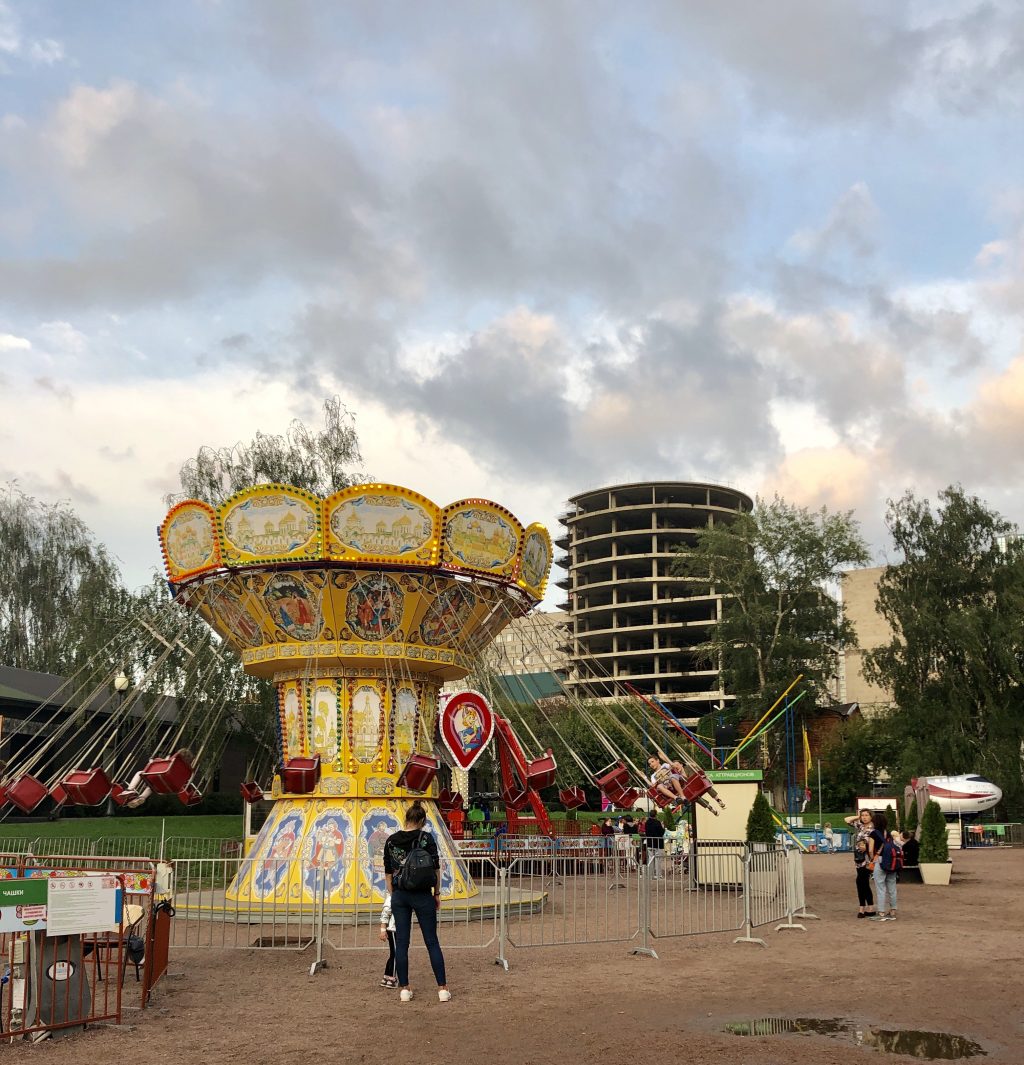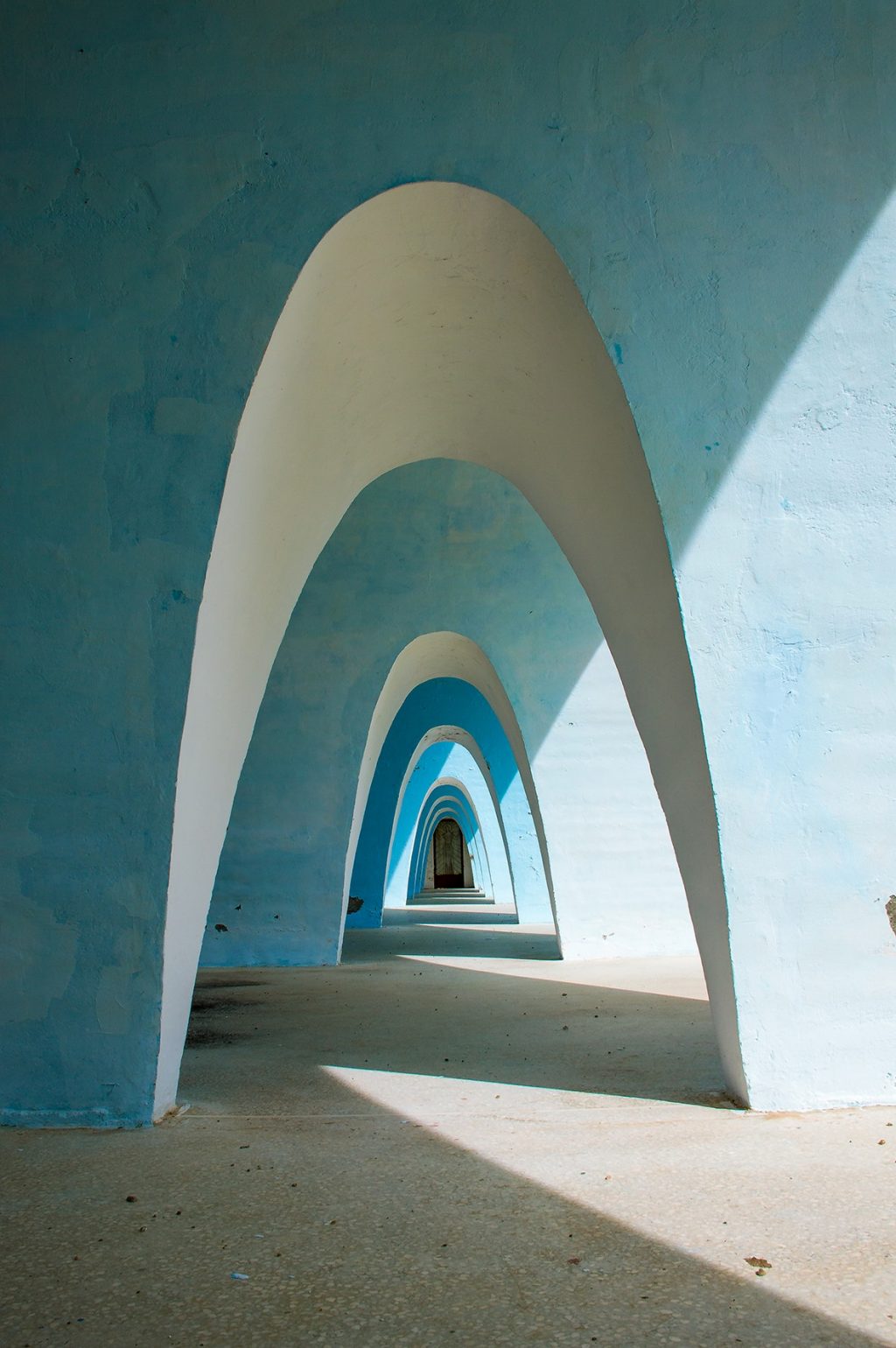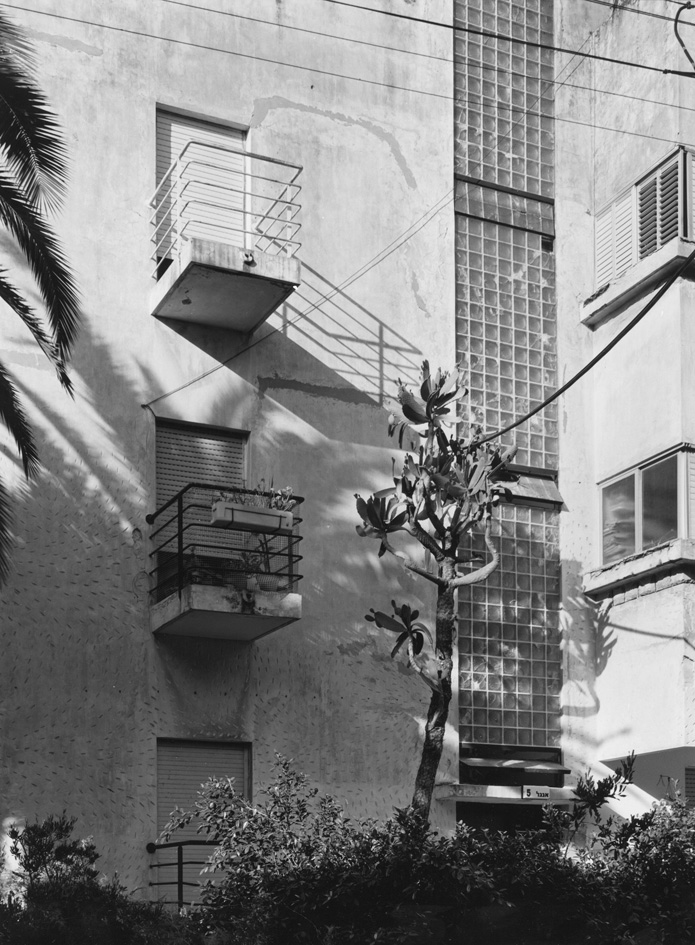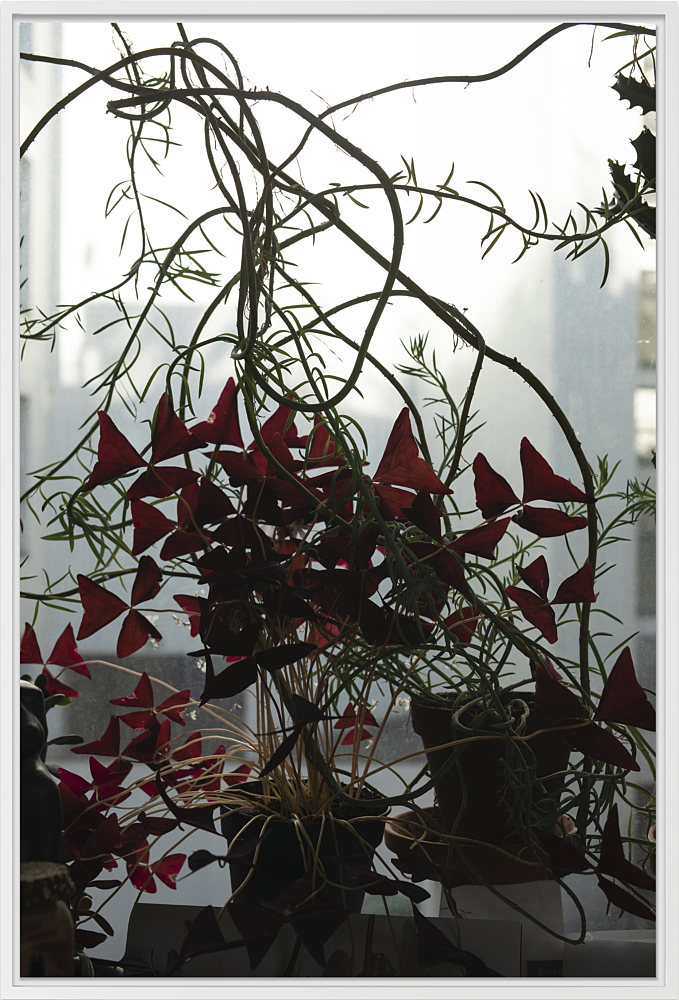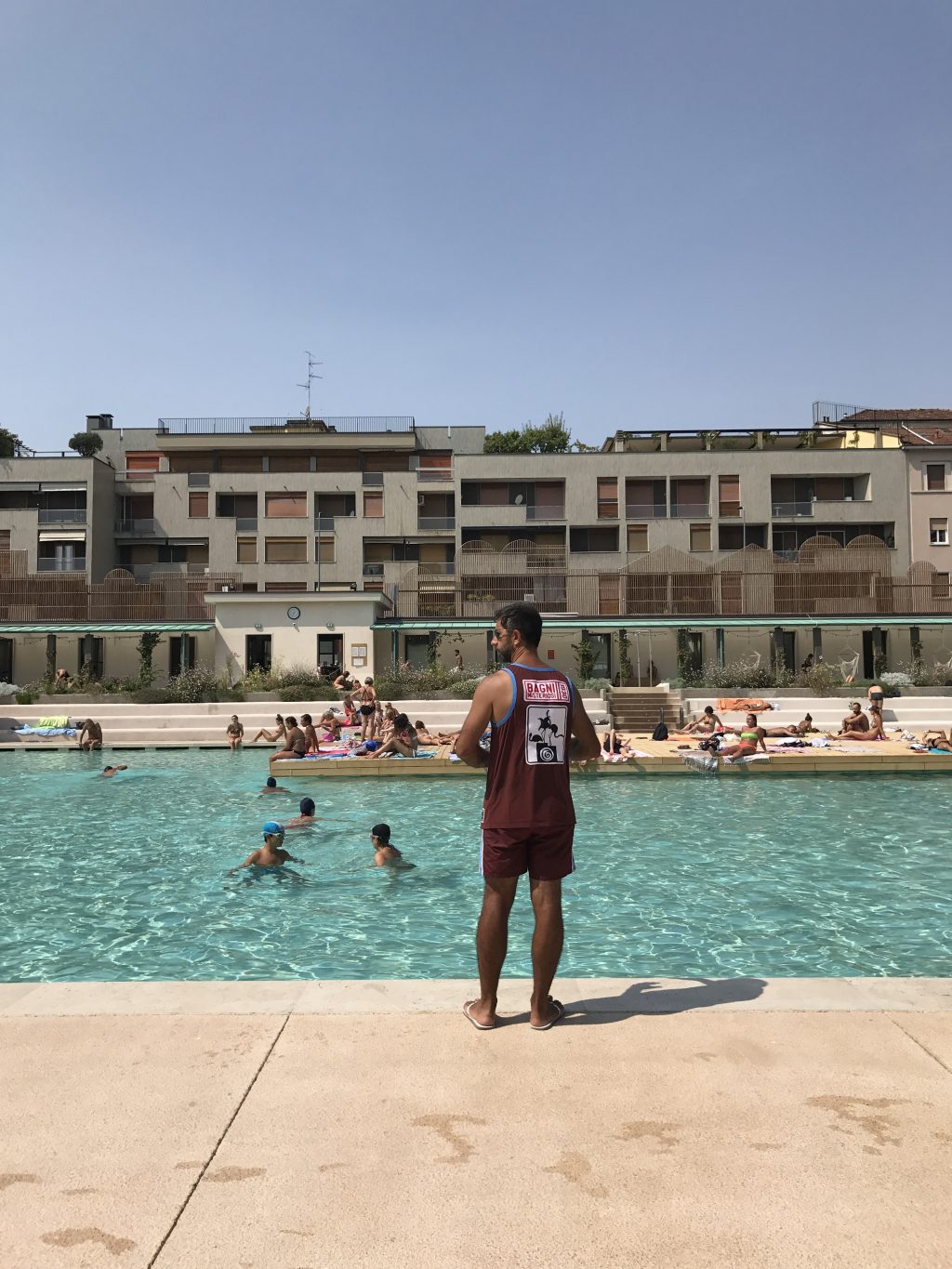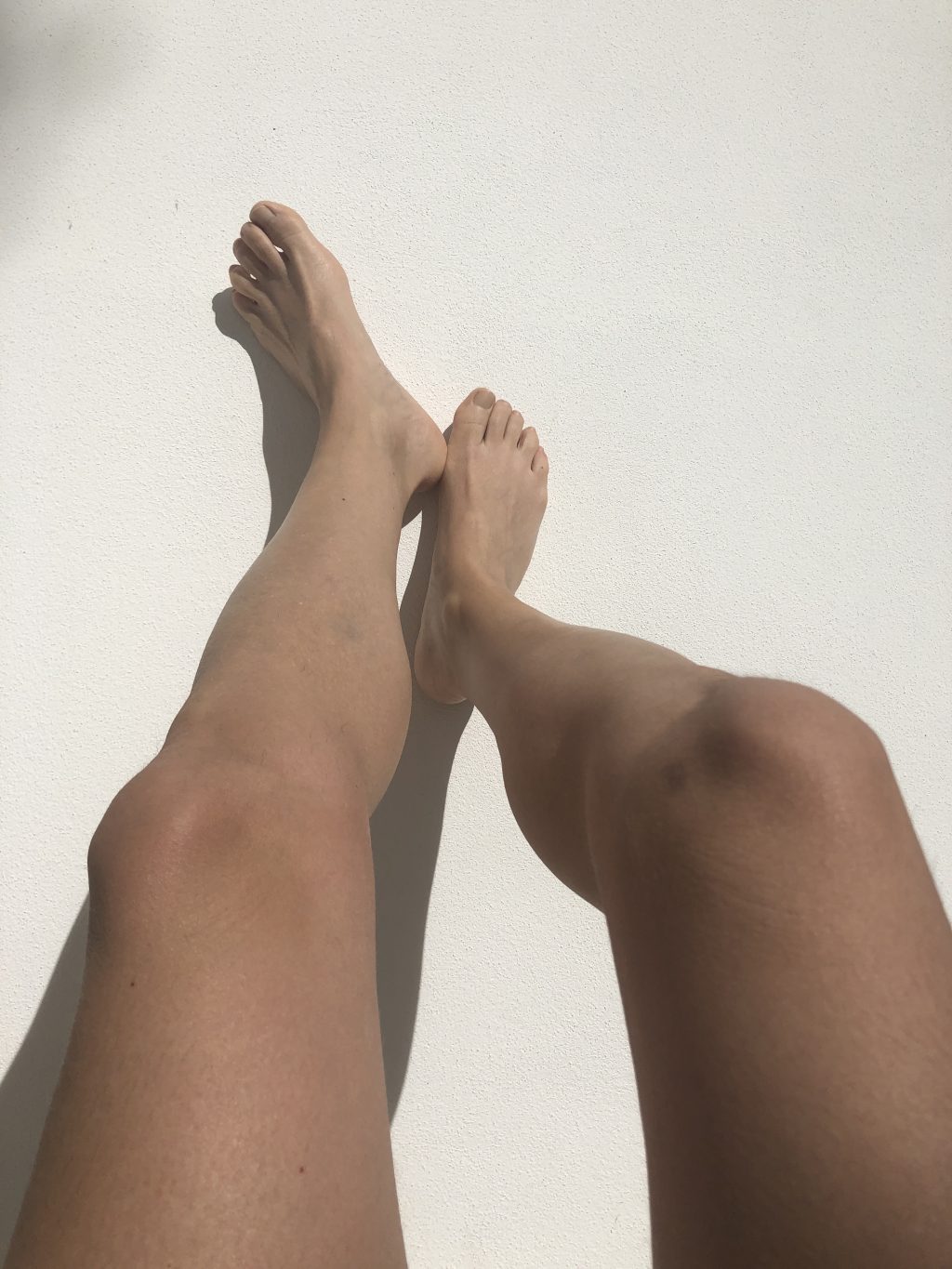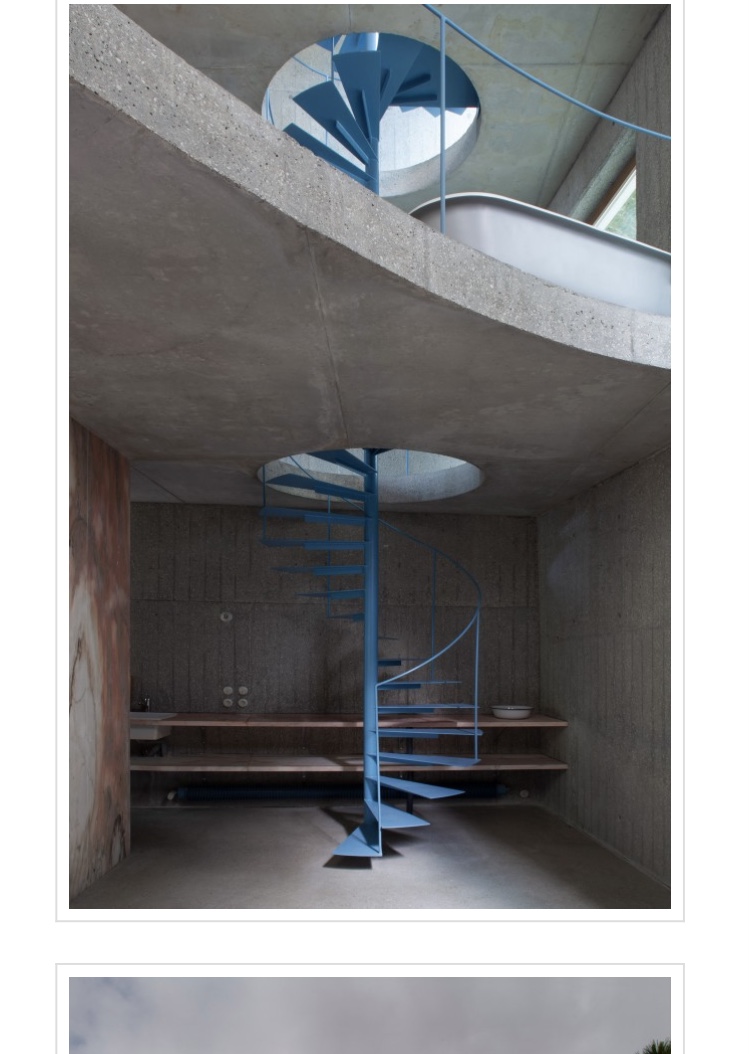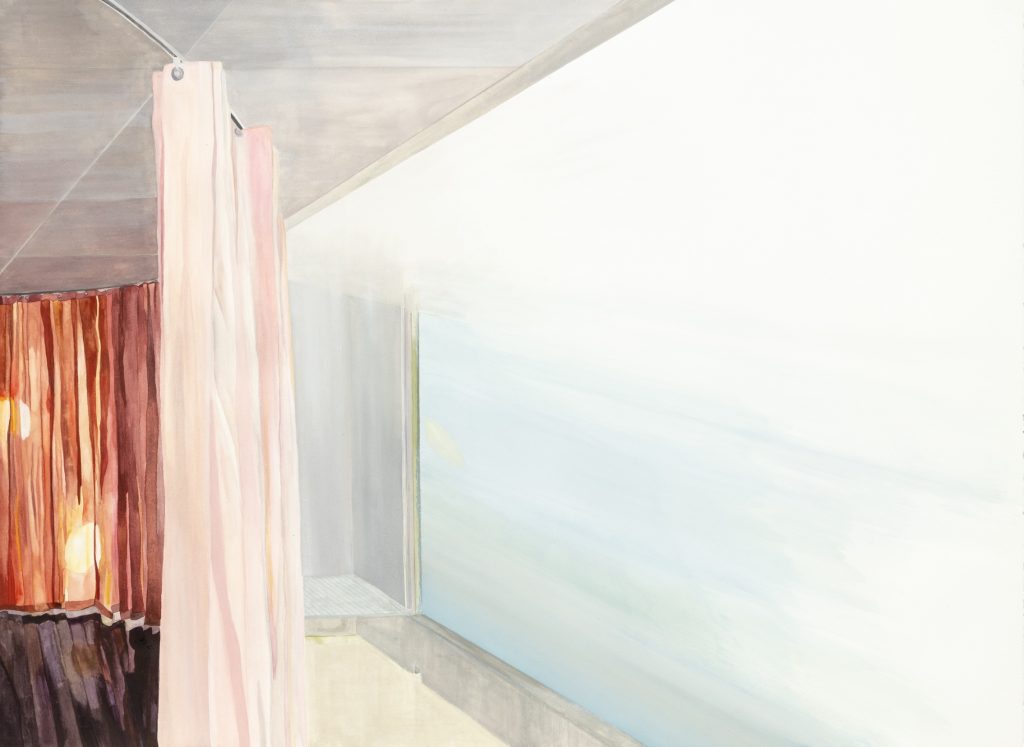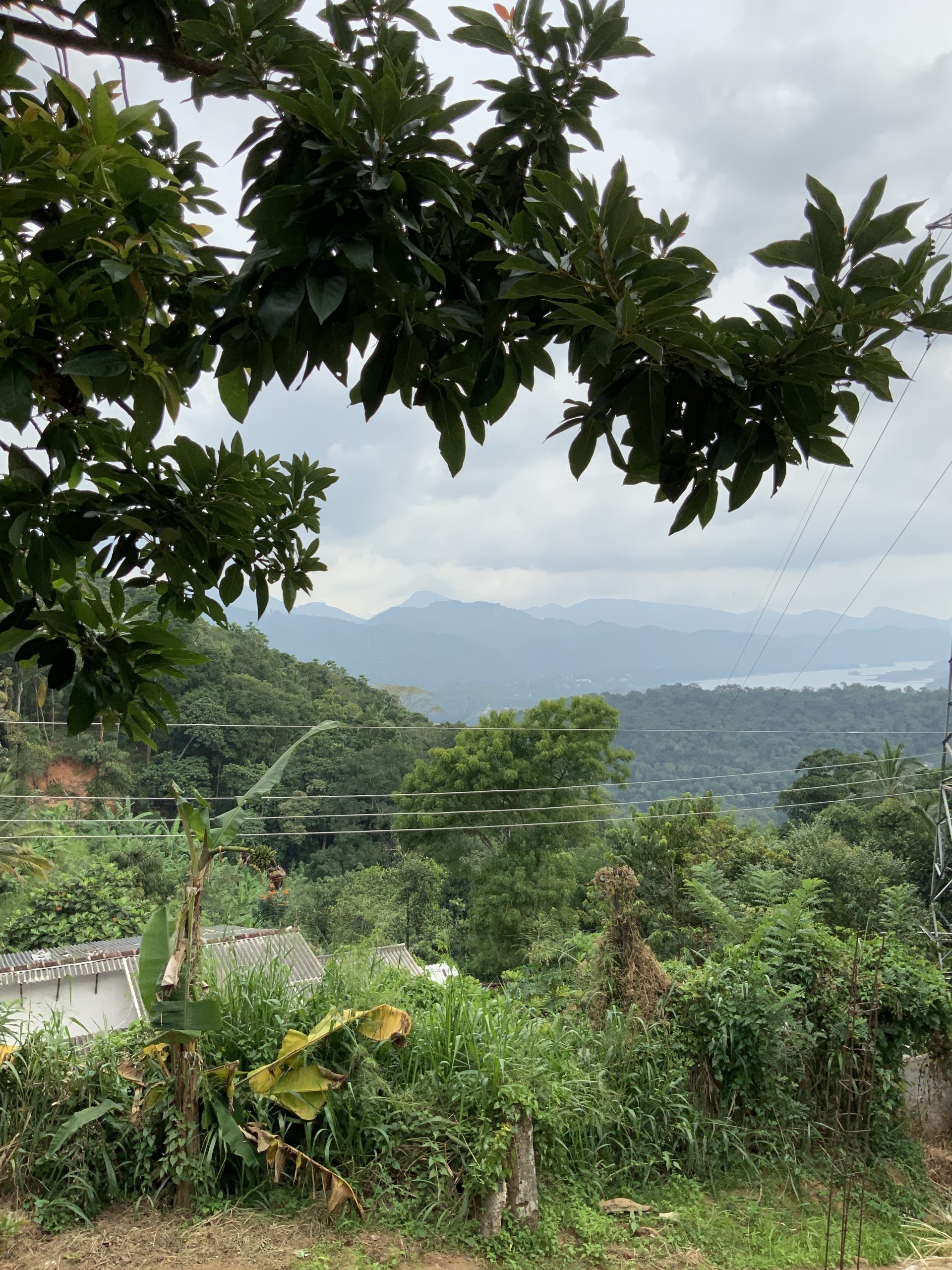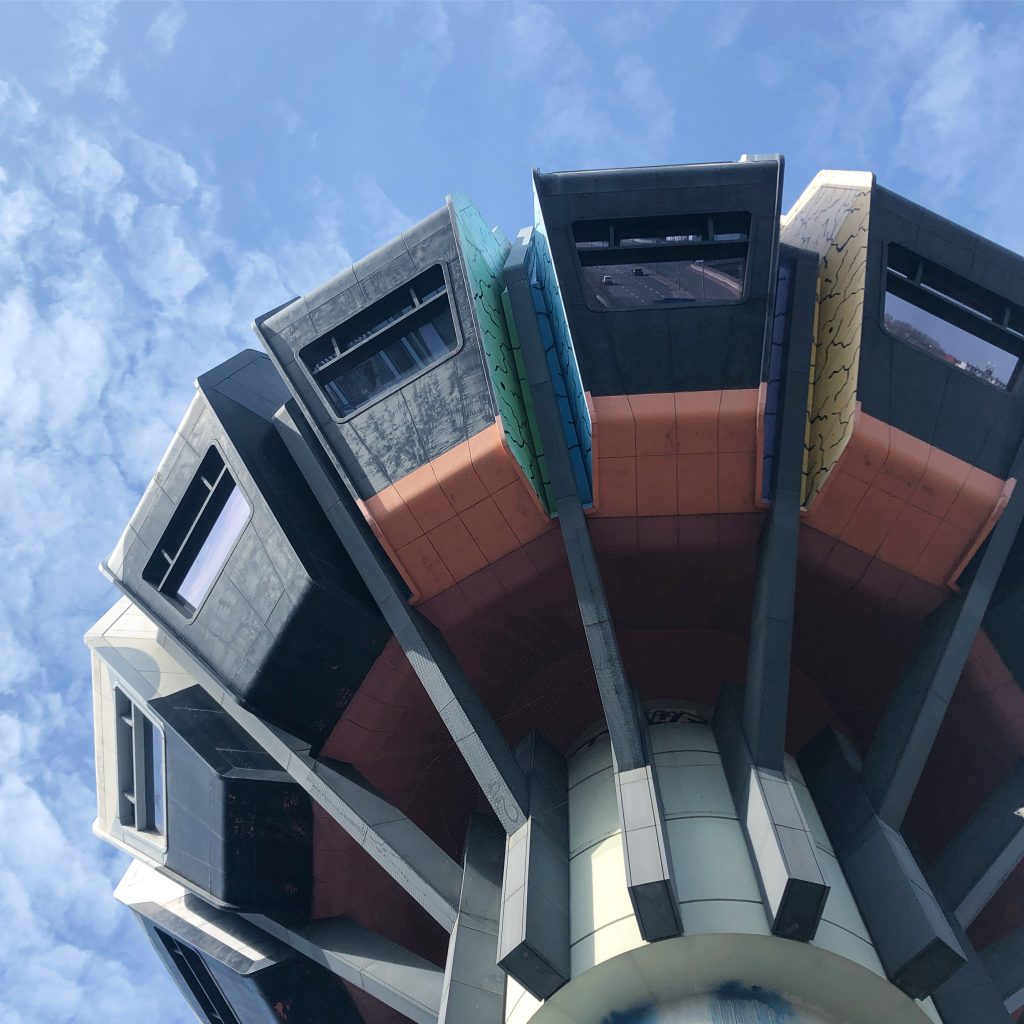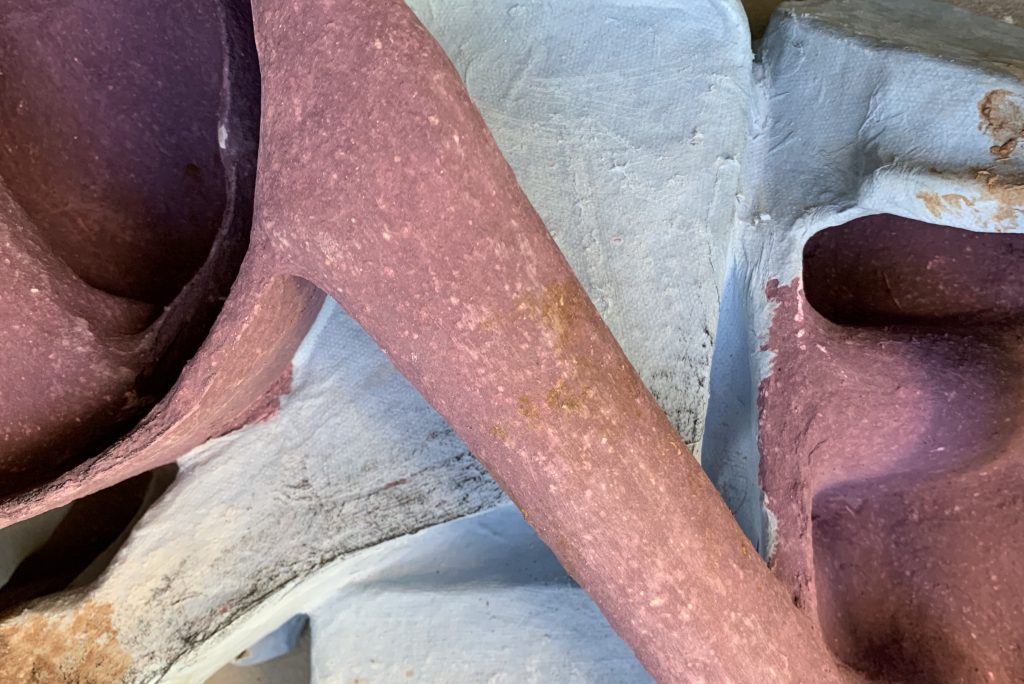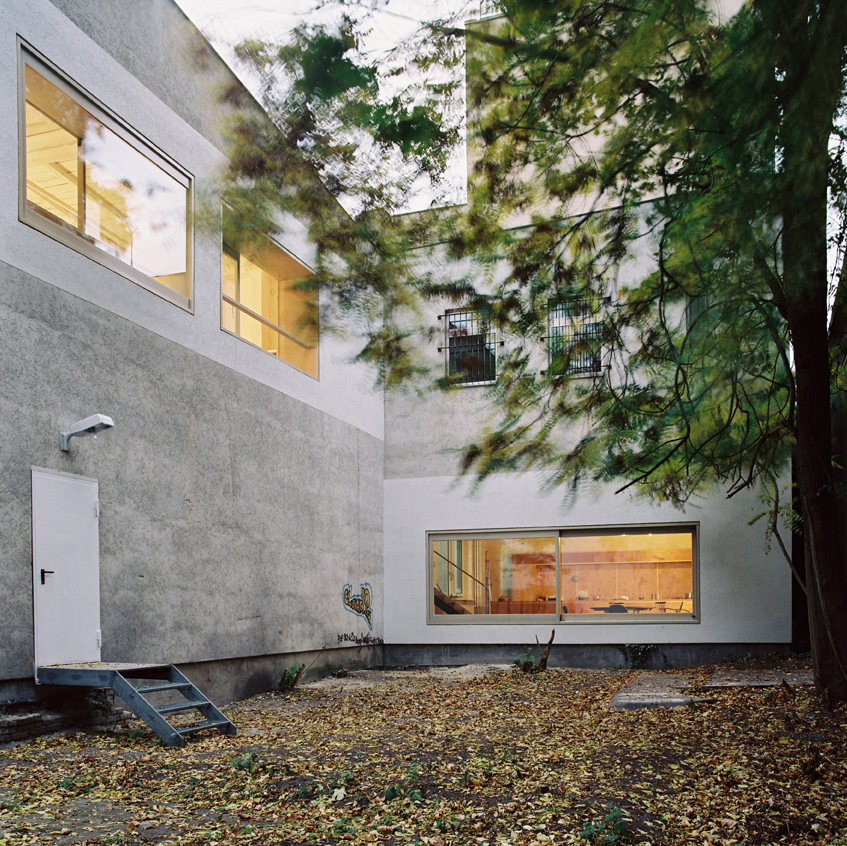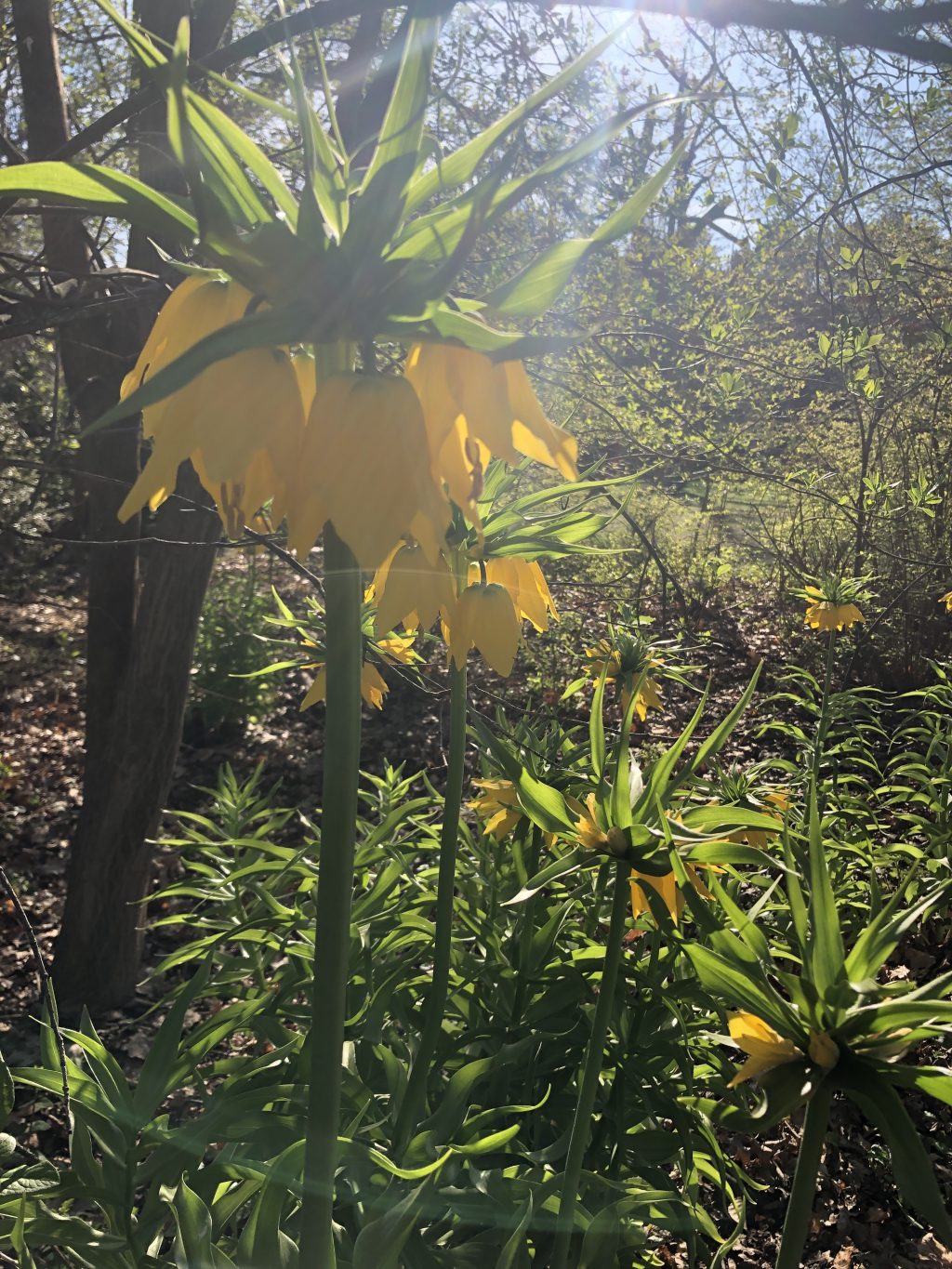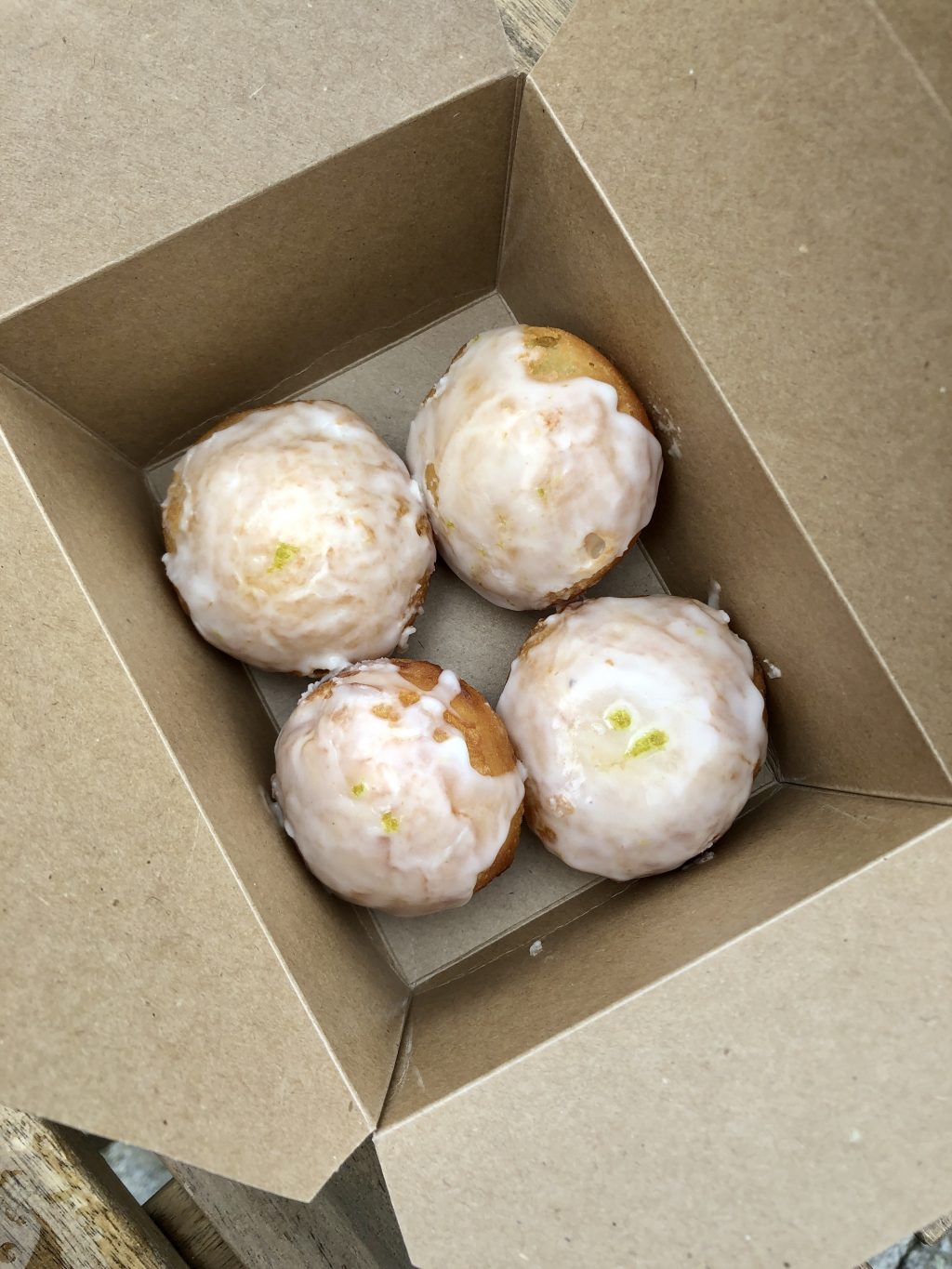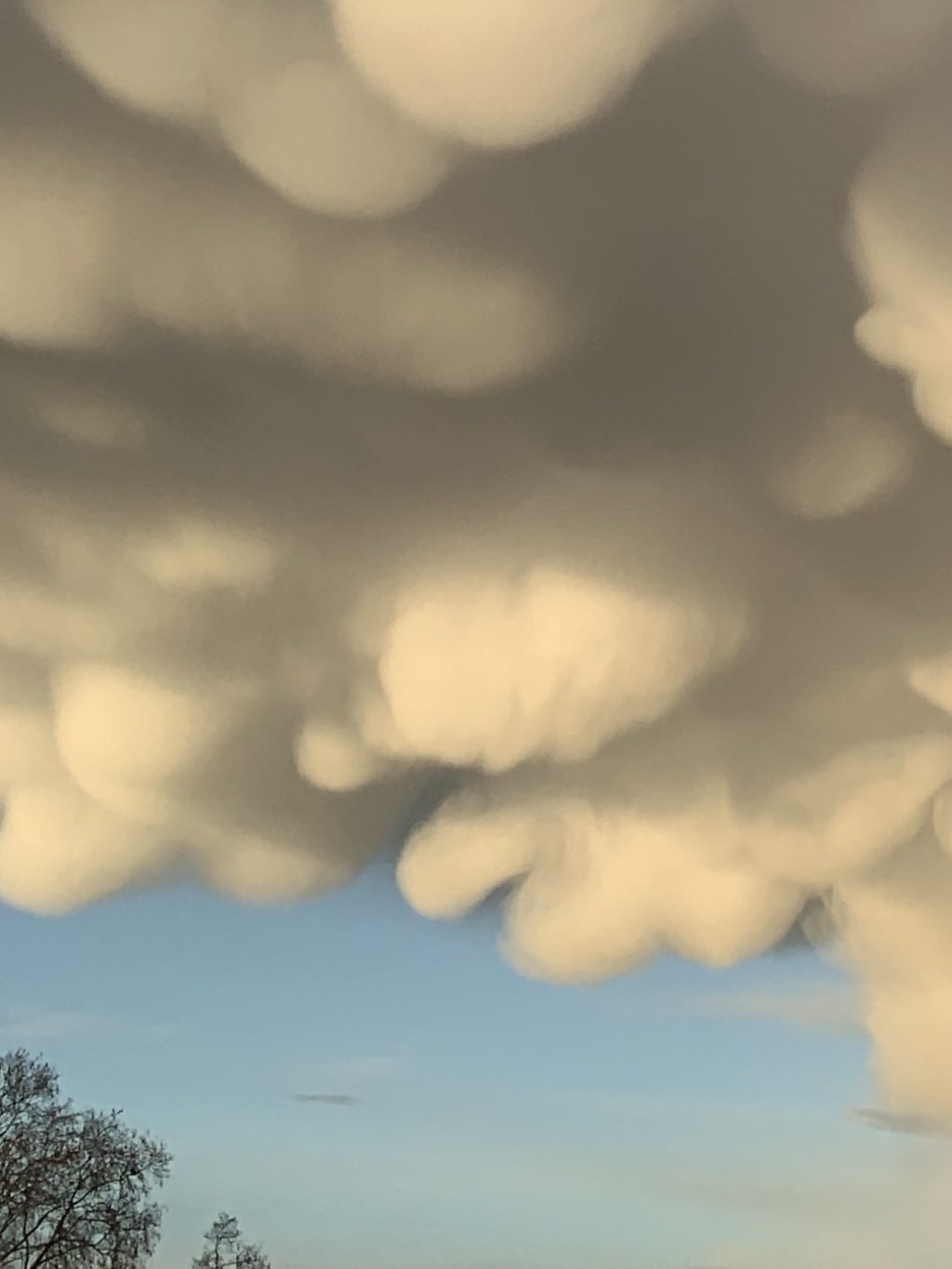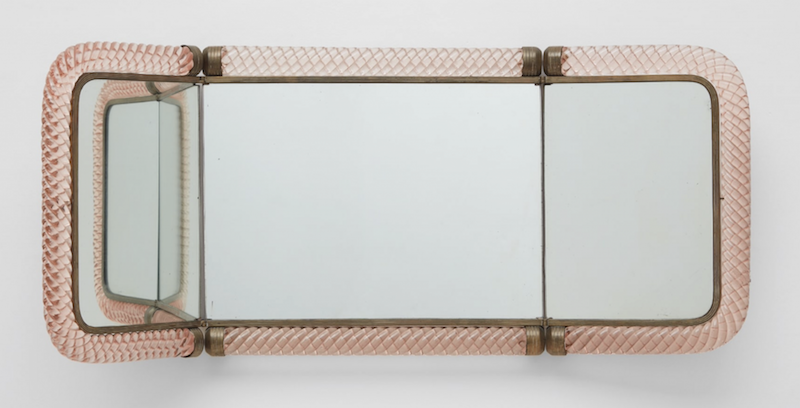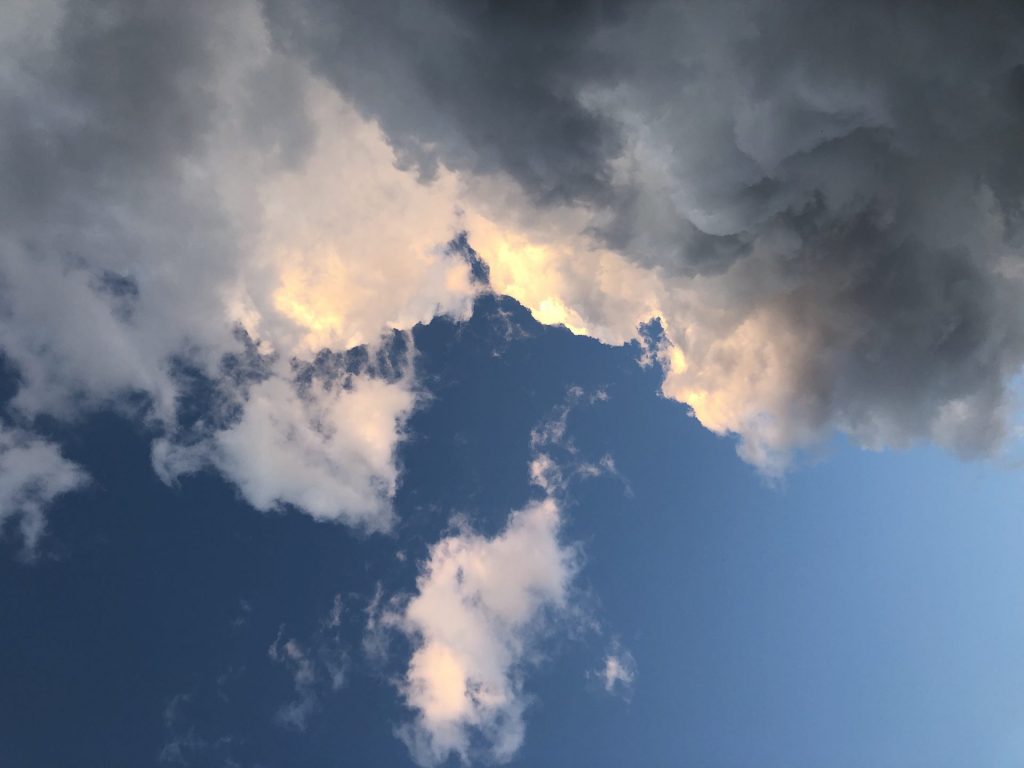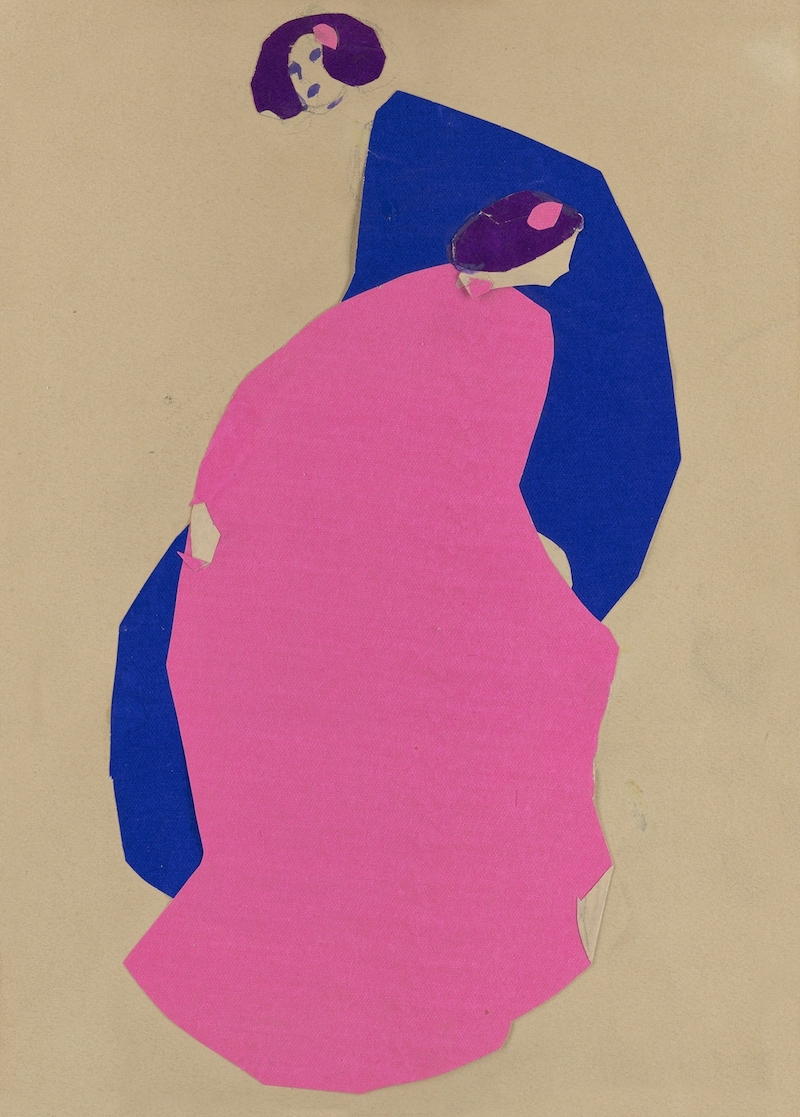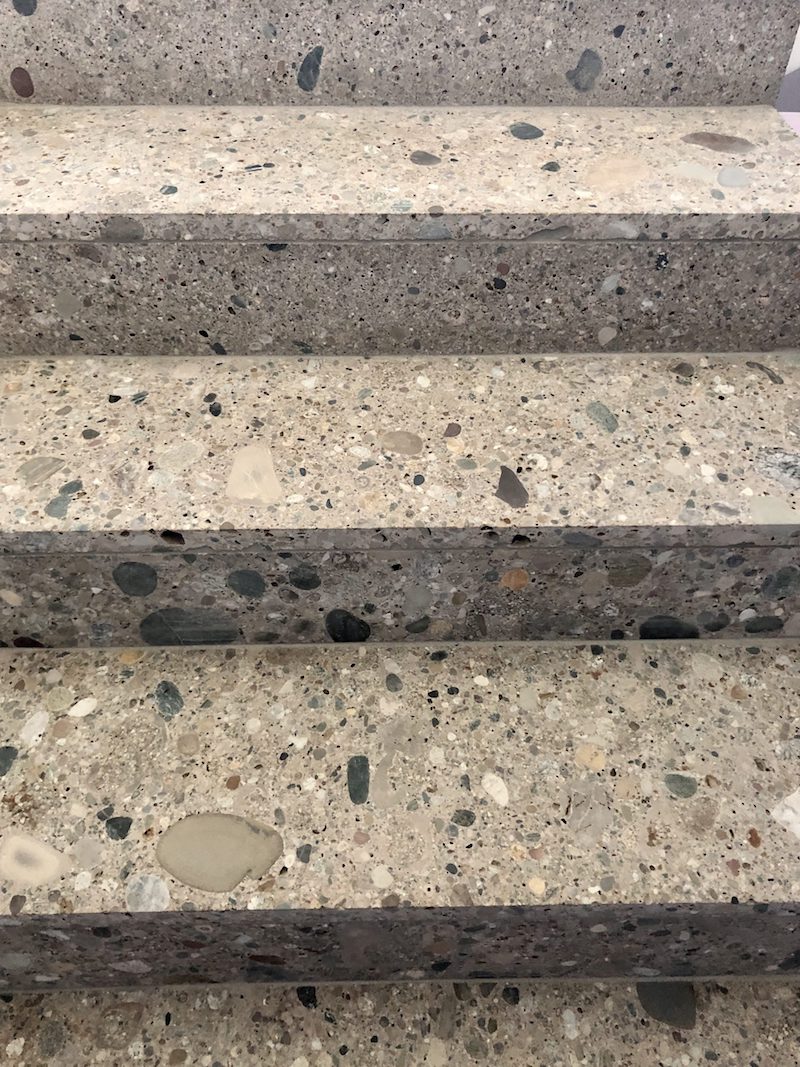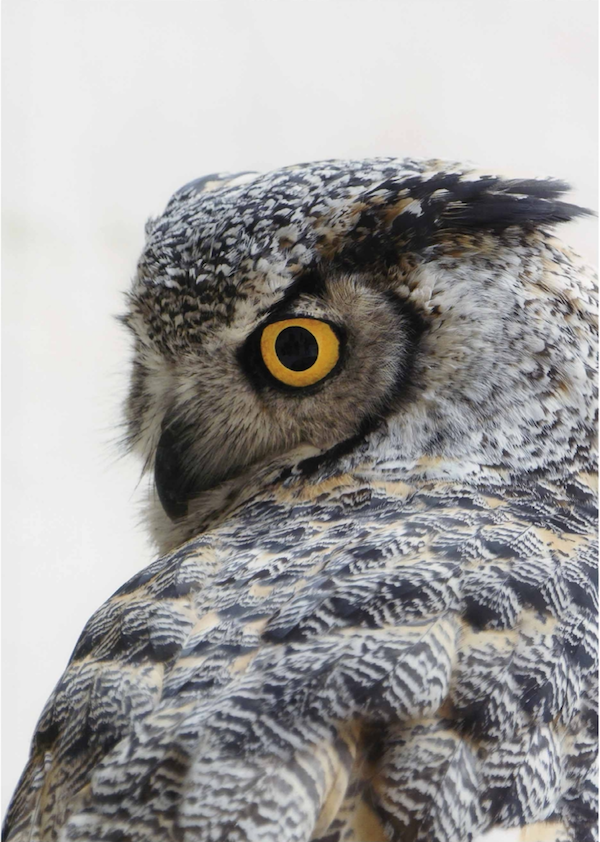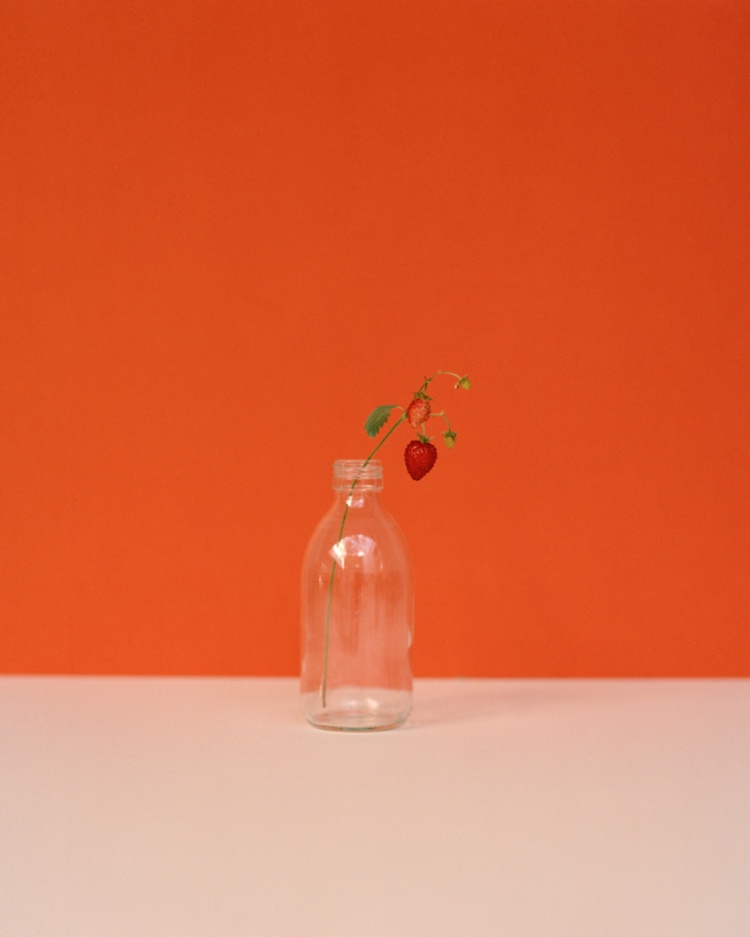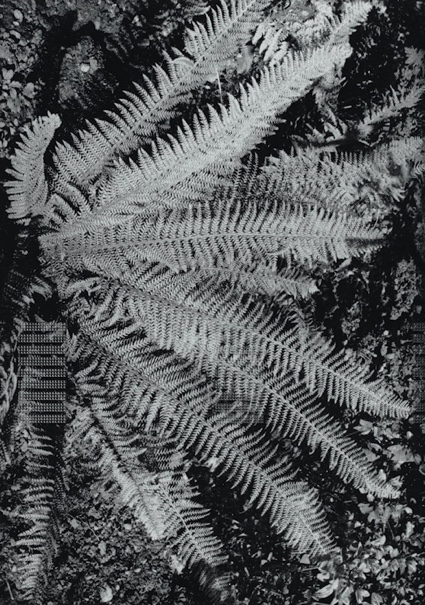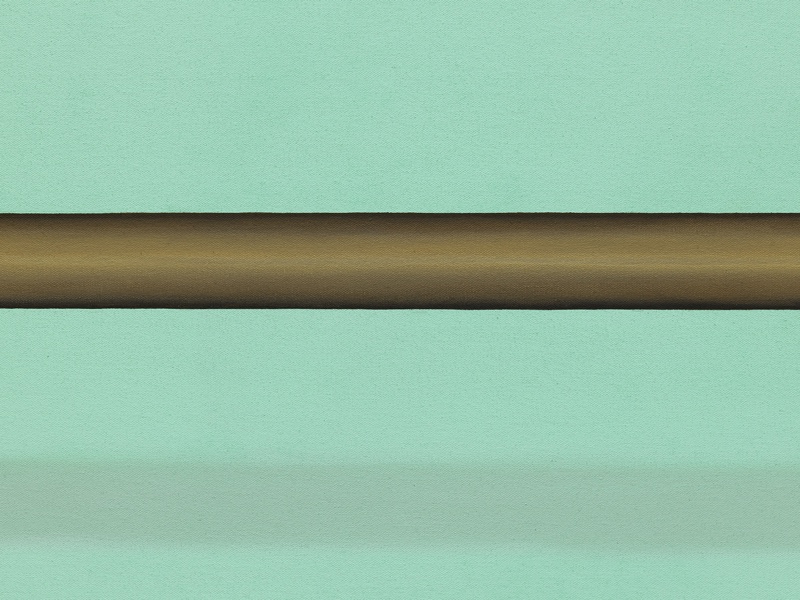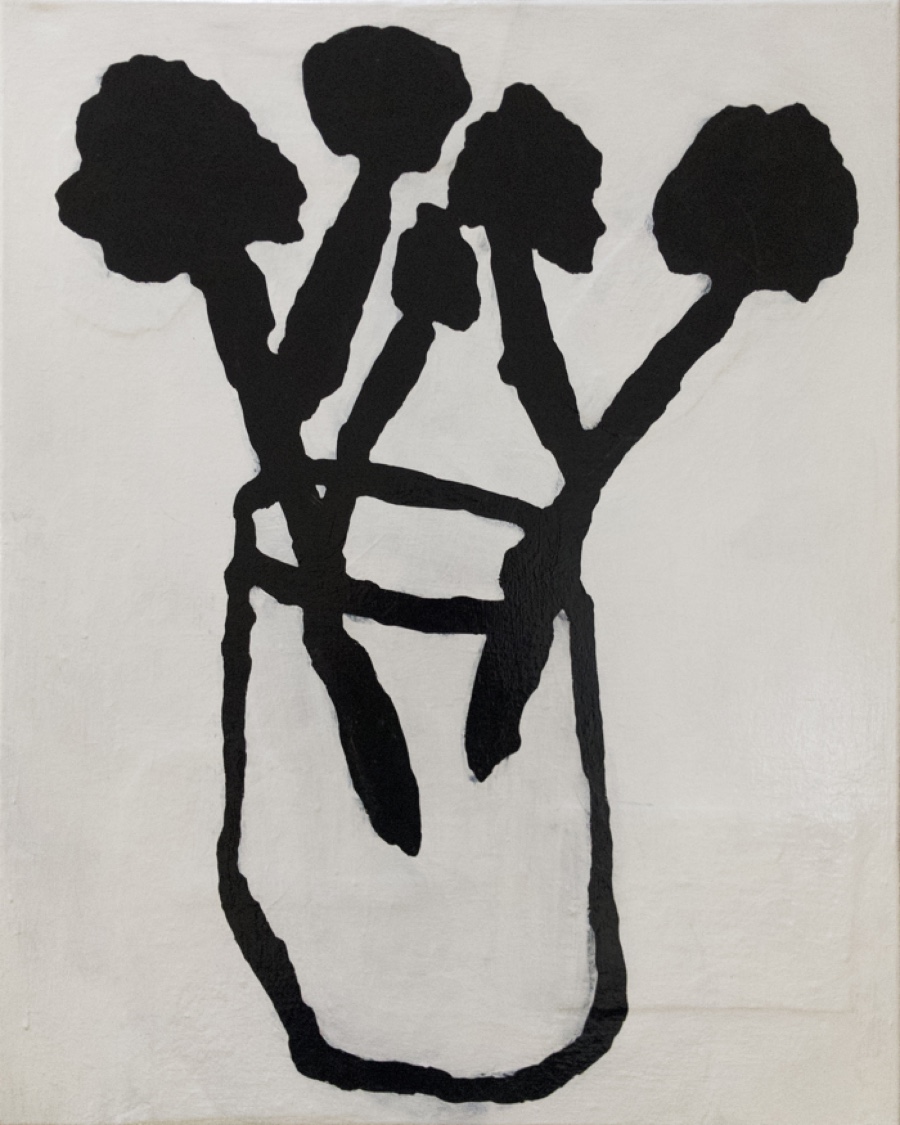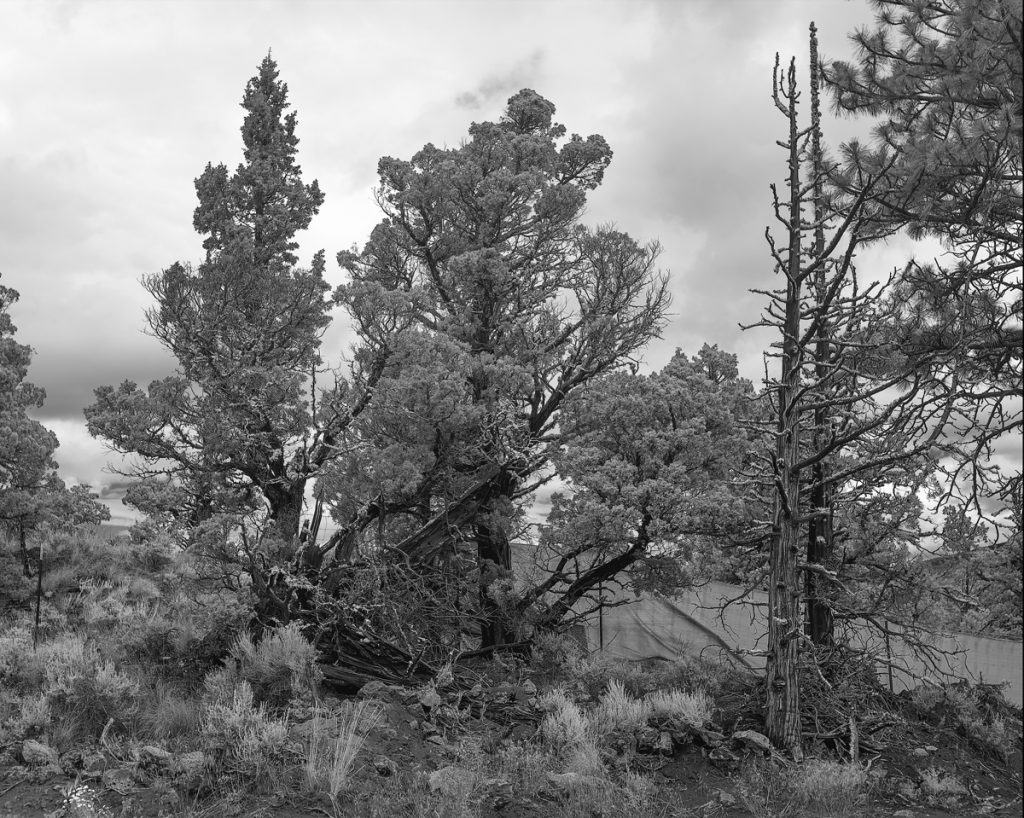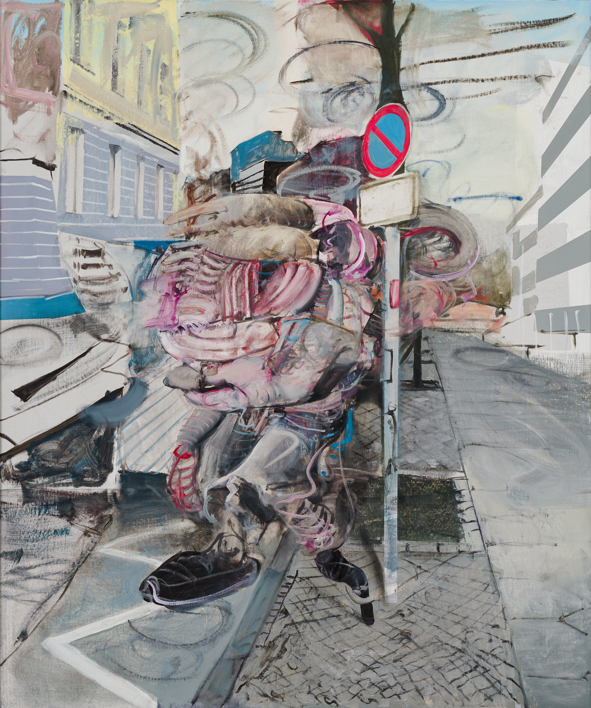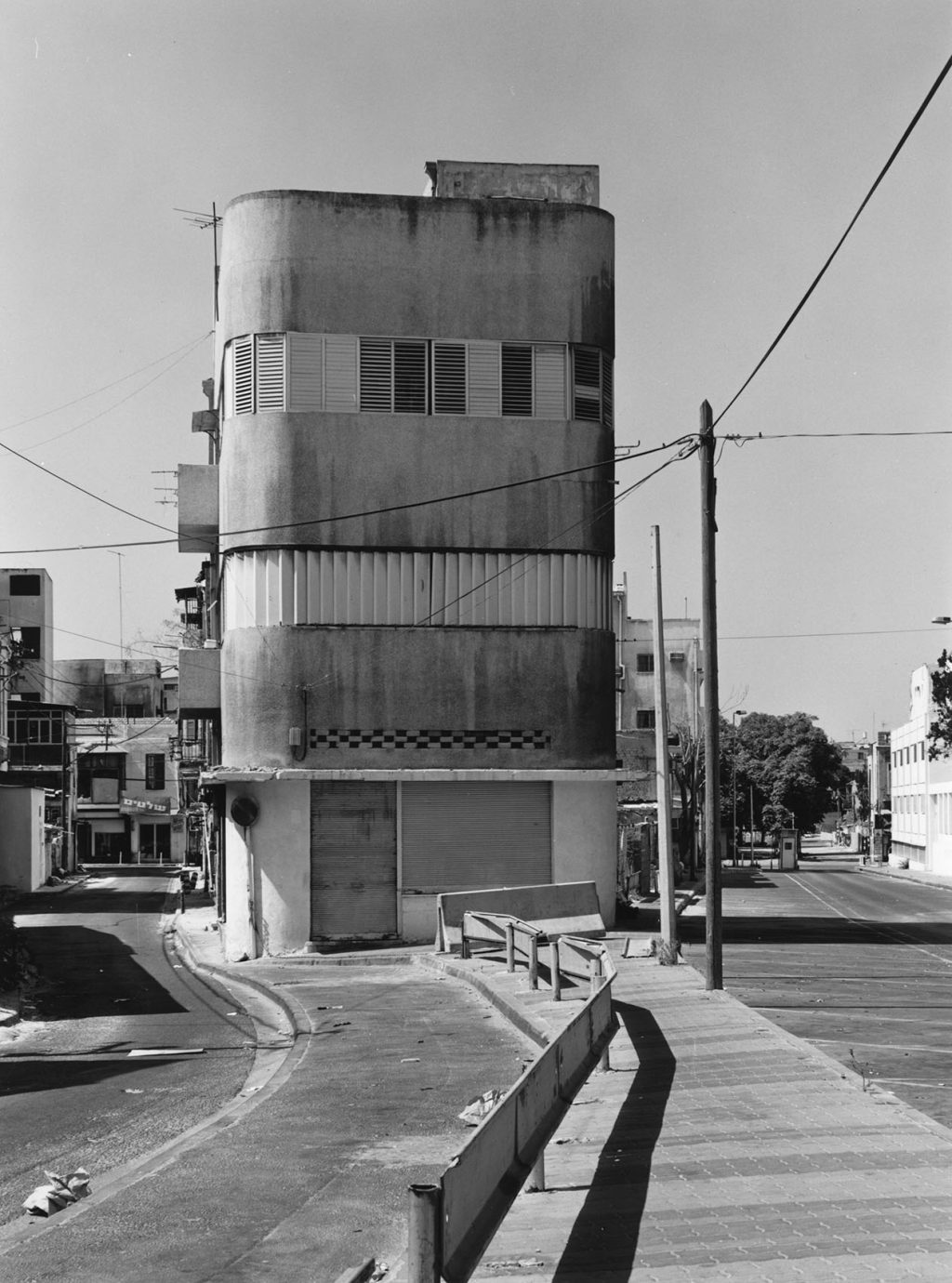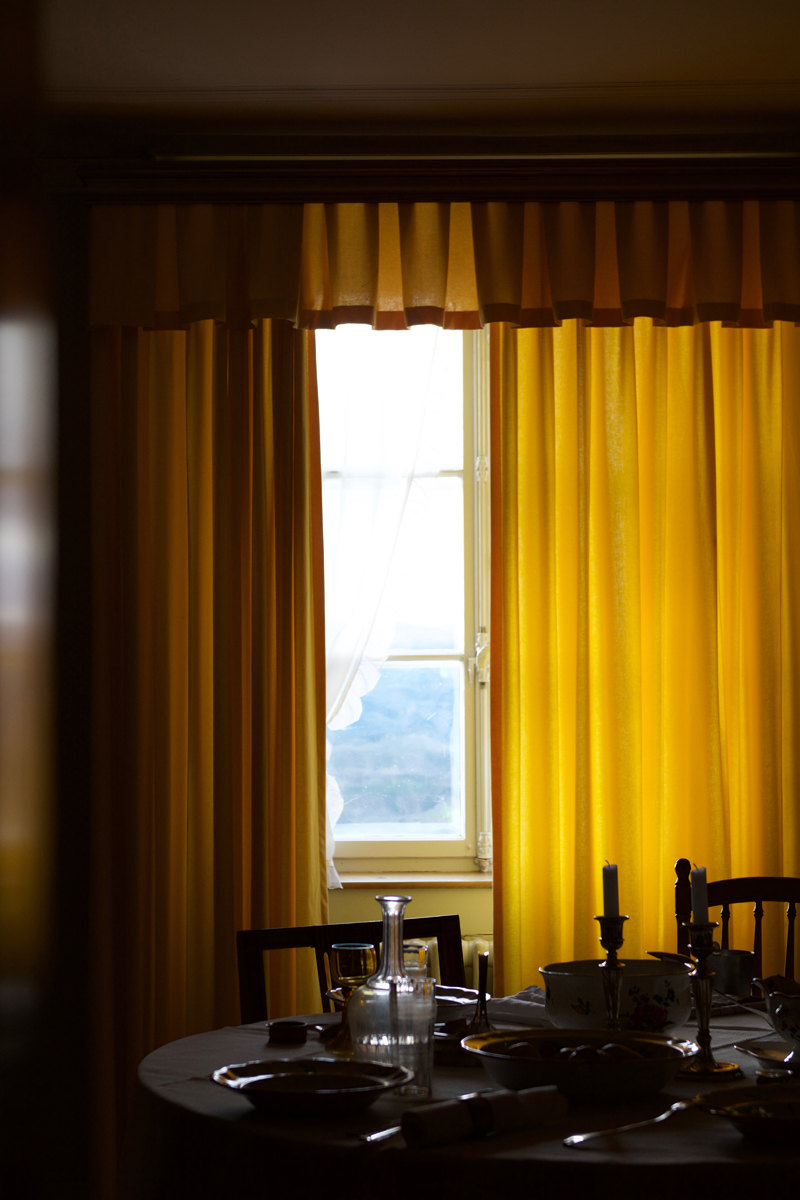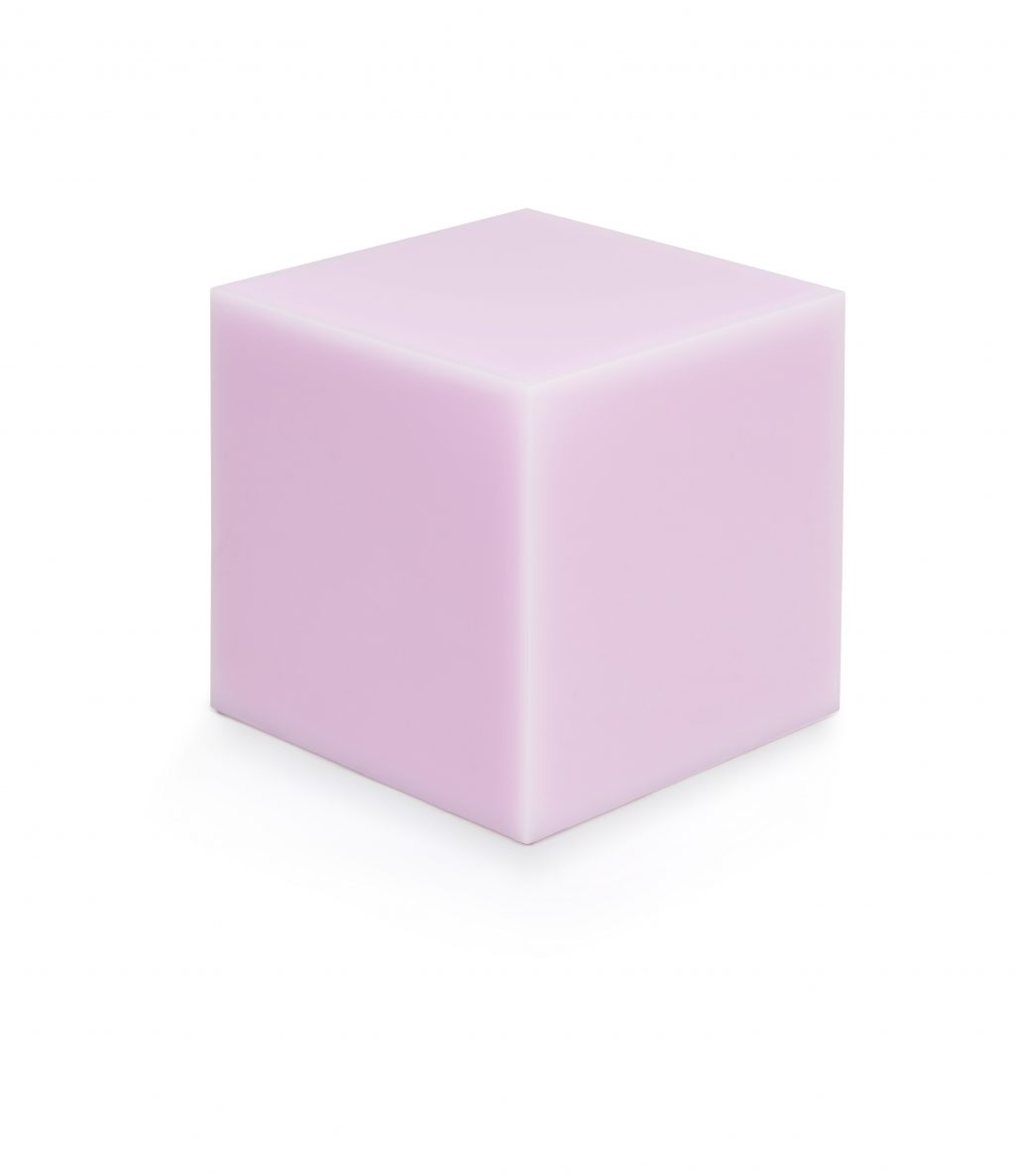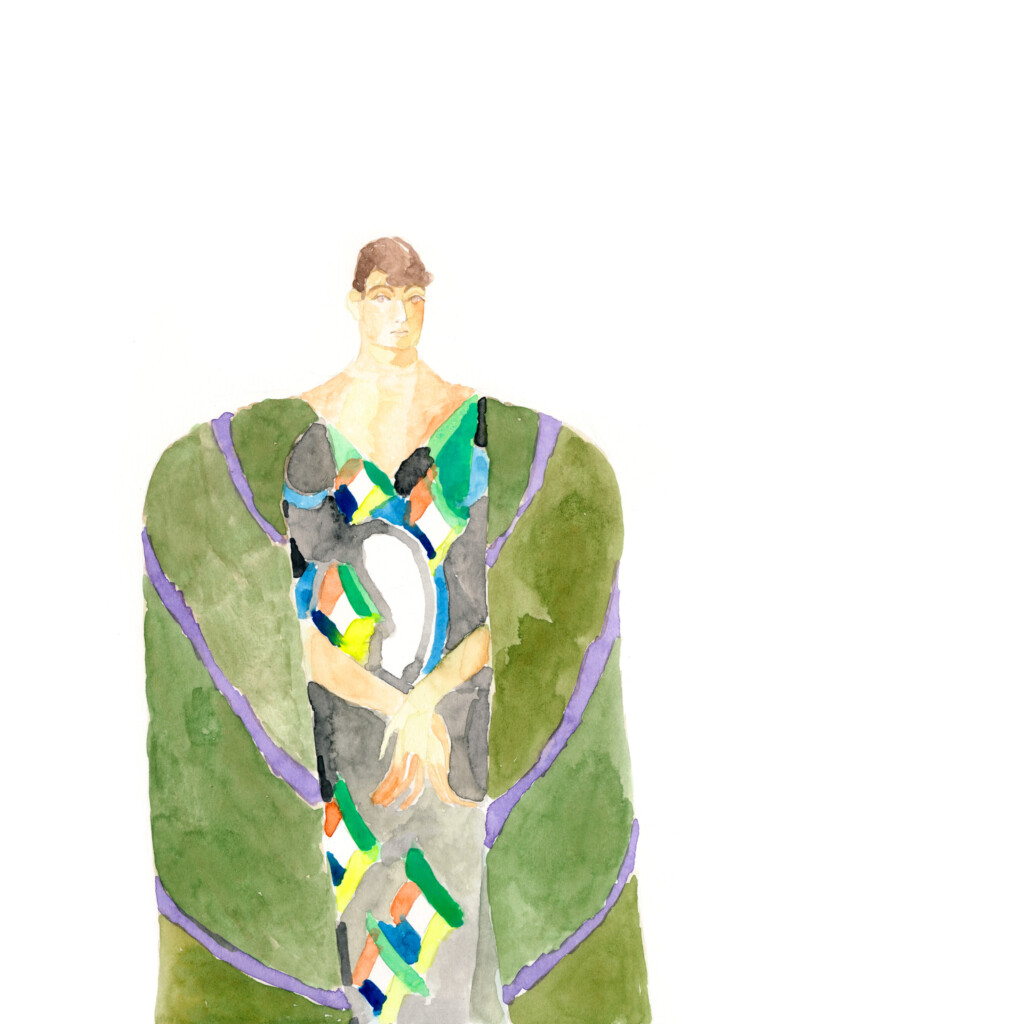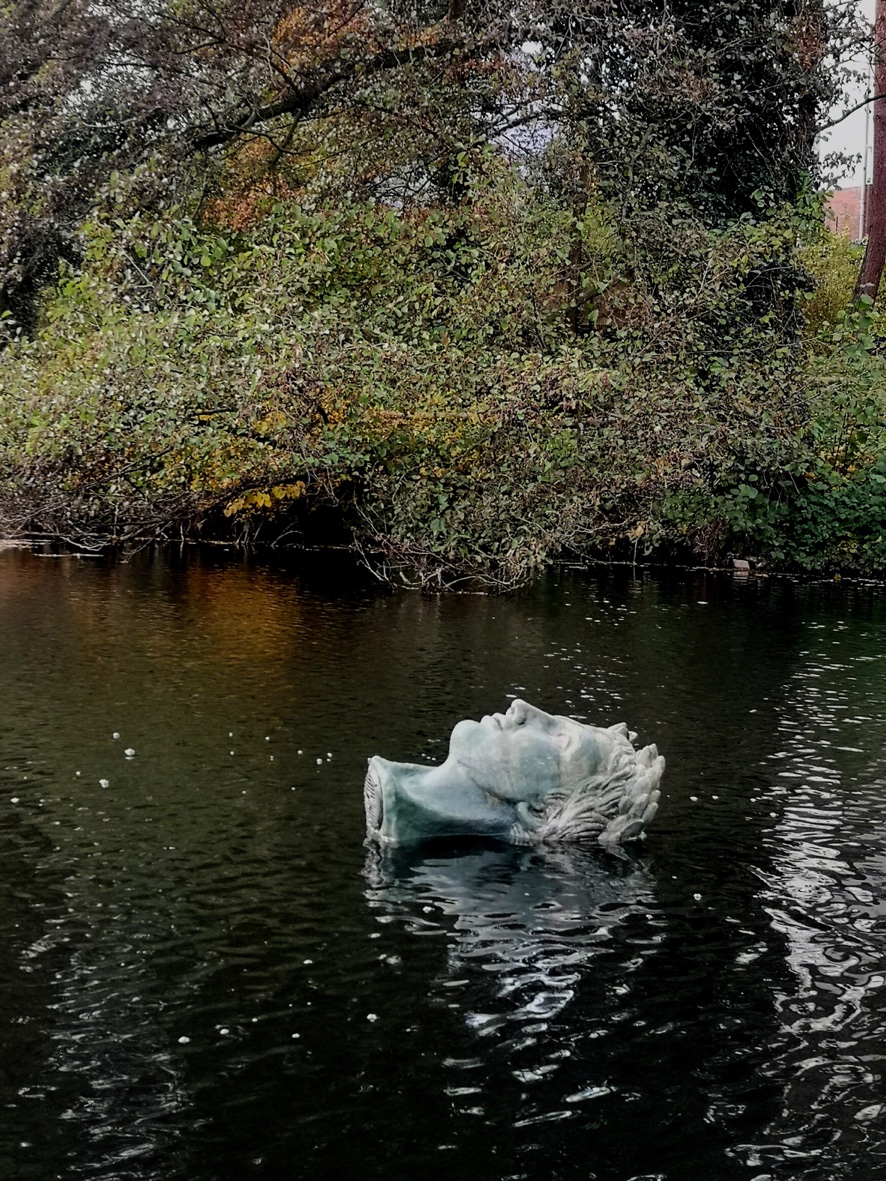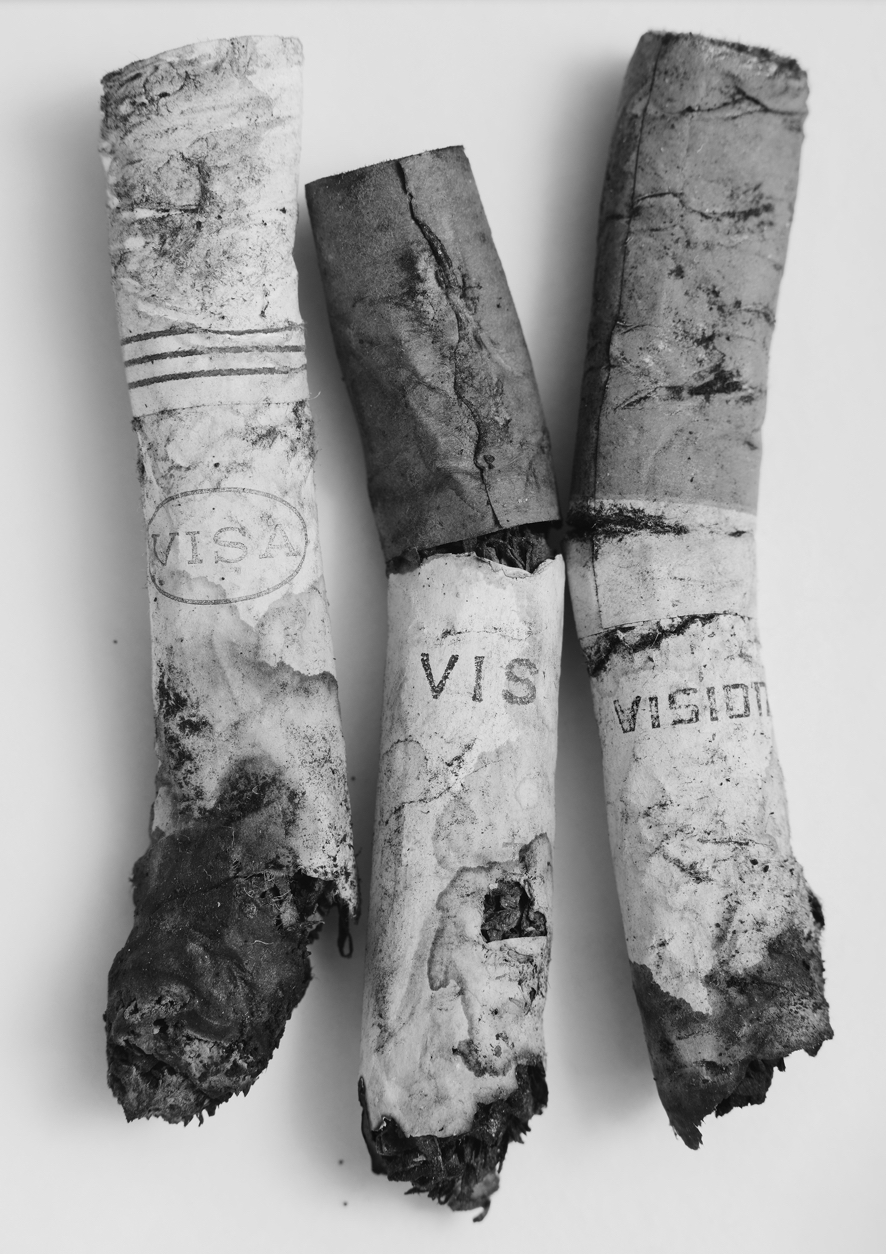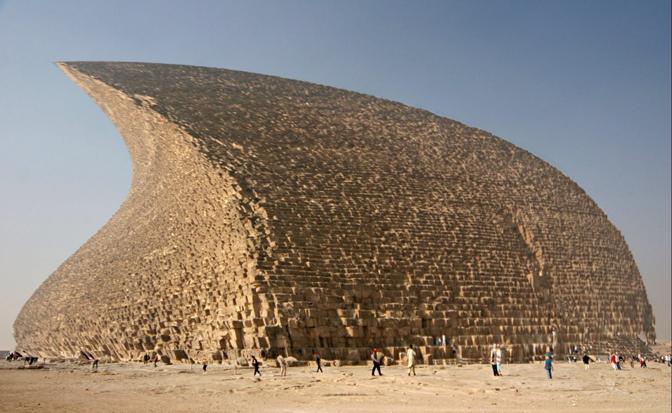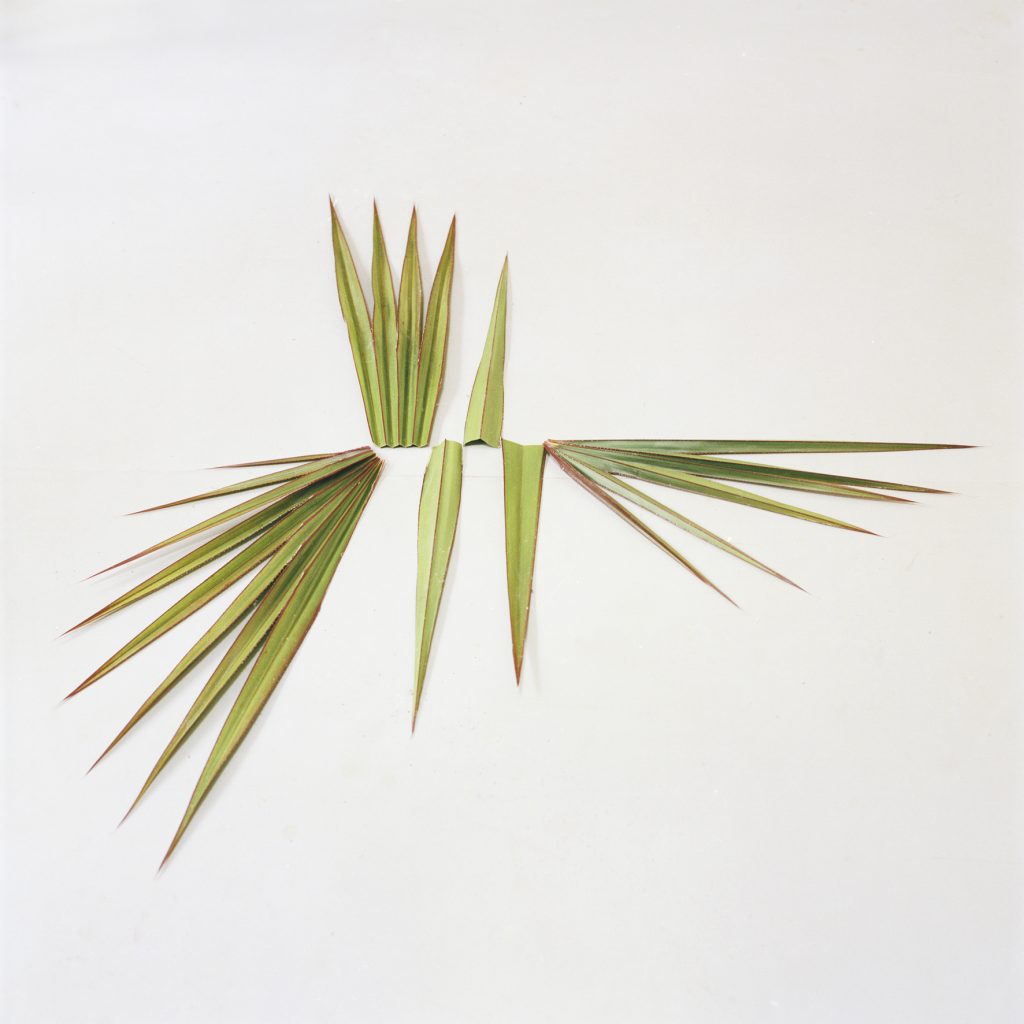For its third summer season, TROPEZ is spreading AMOUR all around Berlin-Wedding’s Humboldthain Sommerbad. While also operating a kiosk offering snacks and refreshments, TROPEZ displays art works investigating the body and issues of desire. Conceived as a declaration of love, a series of lectures, performances and art workshops playfully invite the pool’s visitors of varied cultures, ages and social strata to be seduced, astonished and amused.
The past, present and future of Derzbachhof
Accompanying its restoration by Euroboden, raumstation Architects and Peter Haimerl, beierle.goerlich collected oral (hi)stories on the Derzbachhof, a derelict farm house built 1751. They lyrically retell these stories as photographic reenactments on large posters displayed in the neighbourhood – offering a narrative on how the redevelopment of a building can not only preserve but also translate its cultural heritage into contemporary relevance.
Virgil Abloh remixes Vitra classics for tomorrow’s homes
In collaboration with Virgil Abloh, Vitra presents the installation TWENTYTHIRTYFIVE at Zaha Hadid’s Fire Station on the Vitra Campus in the summer of 2019. It will later travel to the newly opened Vitra showroom in New York city. Abloh’s artistic intervention emphasizes the interaction between an adolescent and his home surroundings. Developed in relation with this installation, the futuristic living environment includes three spin-off products that are available as limited editions.
RUDOLF STINGEL embracing FONDATION BEYELER’S architecture for a summer romance
Rudolf Stingel’s solo exhibition pays tribute to his conceptual and self-reflexive manners, exploring its possibilities and media-specific limits through the interplay of artistic strategies, materials and shapes. Guided by Renzo Piano’s spatial design of the Fondation Beyeler, it brings together abstract and photorealistic paintings from over 20 years, staged within Stingel’s iconic application of monochrome deep-pile carpets and silver Celotex insulation boards.
Dramatic sceneries of contrasts at new Lisbon concept store TEM-PLATE
In Lisbon’s buzzing creative district Marvila, Berlin-based Gonzales Haase AAS transformed an 800 sqm former warehouse into a prosaic and expressive concept store. On a monthly basis, TEM-PLATE re-curates high end fashion, objects, limited editions and exclusive collaborations within this radically simple yet monumental setting. Applying their renowned sensitivity for juxtaposing materials such as raw and sleek, Gonzales Haase AAS’s design for TEM-PLATE is both minimalist and extraordinary, visionary and timeless.
PAULY SAAL
Since opening in February 2012 in the former Jewish Girls’ School, Pauly Saal has established itself as a key location for fine dining in Berlin. Guests dine comfortably in the elegant yet intimate atmosphere. Chef de Cuisine, Dirk Gieselmann and Head Chef, Sebastian Leyer, work in unison to serve traditional French cuisine with a focus on regional produce. The seasonal menu includes classics such as Turbot, Pigeon, Veal Sweetbreads and Terrines, accompanied by a carefully-selected wine pairing.
TRADITION AS A REFUGE? JOS DE GRUYTER & HARALD THYS PRESENT MONDO CANE
At the 58th Venice Biennale, the Belgian Pavilion is showing MONDO CANE, an exhibition by artists Jos de Gruyter & Harald Thys, curated by Anne-Claire Schmitz. Taking their cues from a wide spectrum of visual culture, the artists present a local folkloric museum populated by a universe of automated dolls. Akin to an anthropological or touristic experience, the pavilion casts a surreal and unrelenting perspective on reality. Next to the exhibition, MONDO CANE further develops as a publication and a website.
Vitra – The power of good design
It’s Vitra’s driving motivation, together with prominent designers, to create innovative products and concepts. These are adapted by architects, corporate companies and private users to create inspiring work places, living situations and public spaces. Besides their timeless classics and new products that contribute to contemporary culture, Project Vitra facilitates an exciting cultural program at the Vitra Campus amidst its ensemble of outstanding architecture.
EUROBODEN, BRANDLHUBER+ AND MUCK PETZET SHAPE NEW VISIONS FOR WORKING ENVIRONMENTS IN THE URBAN PERIPHERY
A rough concrete structure for contemporary forms of work with a focus on variety, interaction and recreation: The “Hammerschmidt” in Dornach near Munich offers not only customizable and freely arrangeable rental spaces but also community-oriented exterior areas like a cascading stairwell and a vast rooftop terrace. The iconic architecture is both the medium and message: Hammerschmidt is a holistically thought-through workplace in which new work cultures and an updated conception of work-life balance find their spatial analogue.
GALLERY WEEKEND BERLIN 2019
Berlin’s art scene remains in motion and in continuous development with 45 participating galleries presenting highly diverse program at this year’s Gallery Weekend. Here one gets a taste of Berlin’s districts while discovering a global plethora of contemporary works by established artists as well as promising newcomers. With a special boost of activity in Charlottenburg area, the galleries once more open their doors as places for interaction and exchange between artists, curators, collectors and enthusiasts alike.
KIN DEE, WHERE LEMONGRASS MEETS KOHLRABI CONTEMPORARY THAI CUISINE IN BERLIN
Lhon tofu, fjord- and rainbow trout in a Thai-dressing, wild boar pad ped and sweet green beef curry – head chef Dalad Kambhu is bringing traditional Thai cuisine to Berlin-Schöneberg. The menu consists of several dishesto share. With a strong foundation of traditional Thai recipes, Kambhu has created a unique symphony of seasonal and regional products and original Thai flavours. Since their launch in 2017, Kin Dee has become an integral part of the Berlin food scene and in 2019 was awarded their first Michelin star.
I AS HUMAN – MIRIAM CAHN AT KUNSTHALLE BERN
Transgressing the boundaries of a classical museum retrospective, Miriam Cahn embodies her presence through a personal staging of a non-linear chronology. The exhibition is assembled following Cahn’s own principles of thought. Her work is heavily influenced by the feminist movement of the 1960s, yet her paintings are radically subtler – disturbing, oneiric displays of crude features and grotesquely exaggerated sexual organs.
MARMOR FÜR ALLE – A CITY GUIDE TO WORKS OF PUBLIC ART THROUGHOUT BERLIN
From larger then life sculptures to subtle textual interventions in unusual urban contexts, “Marmor für Alle” sets the encounter with some of the most important and public art across the city. After 1945, a boom began in the East and West Berlin, punctuating numerous places of assembly with some of the most iconic and cult fixtures. Zooming in on different districts, each section of the book reveals and vivifies elements of the city’s biography through works of public art – evidencing the historical events and political ideas that shaped them.
Frizz23 – A BUILDING COOPERATIVE FOR EDUCATION, CREATIVE BUSINESSES AND HOUSING
The completion of Frizz23 in Kreuzberg is a milestone in Berlin’s real estate enterprise. This residential and commercial project is the fruit of a tireless collaboration between local actors, district authorities, the Berlin Senate, FORUM Berufsbildung and Deadline Architects. More than a private facility for investor-owners, Frizz23 is an accessible bottom-up structure aiming to counteract the impending gentrification in this area and project a different image about development strategies in Berlin.
LE PETIT ROYAL – GRILL ROYAL’S FRENCH SISTER RESTAURANT IN WEST BERLIN
Grill Royal has long been a fixture on the Berlin fine-dining scene. In 2016, its intimate French offshoot opened under the direction of Jeanne Tremsal, in leafy Charlottenburg on the ground floor of a Wilhelminian period-building. The menu offers Grill Royal classics mixed with French elegance – fresh fish, oysters, and modern interpretations of principals in the French cuisine, such as coq au vin, all of which is complemented by a fine selection of wines.

